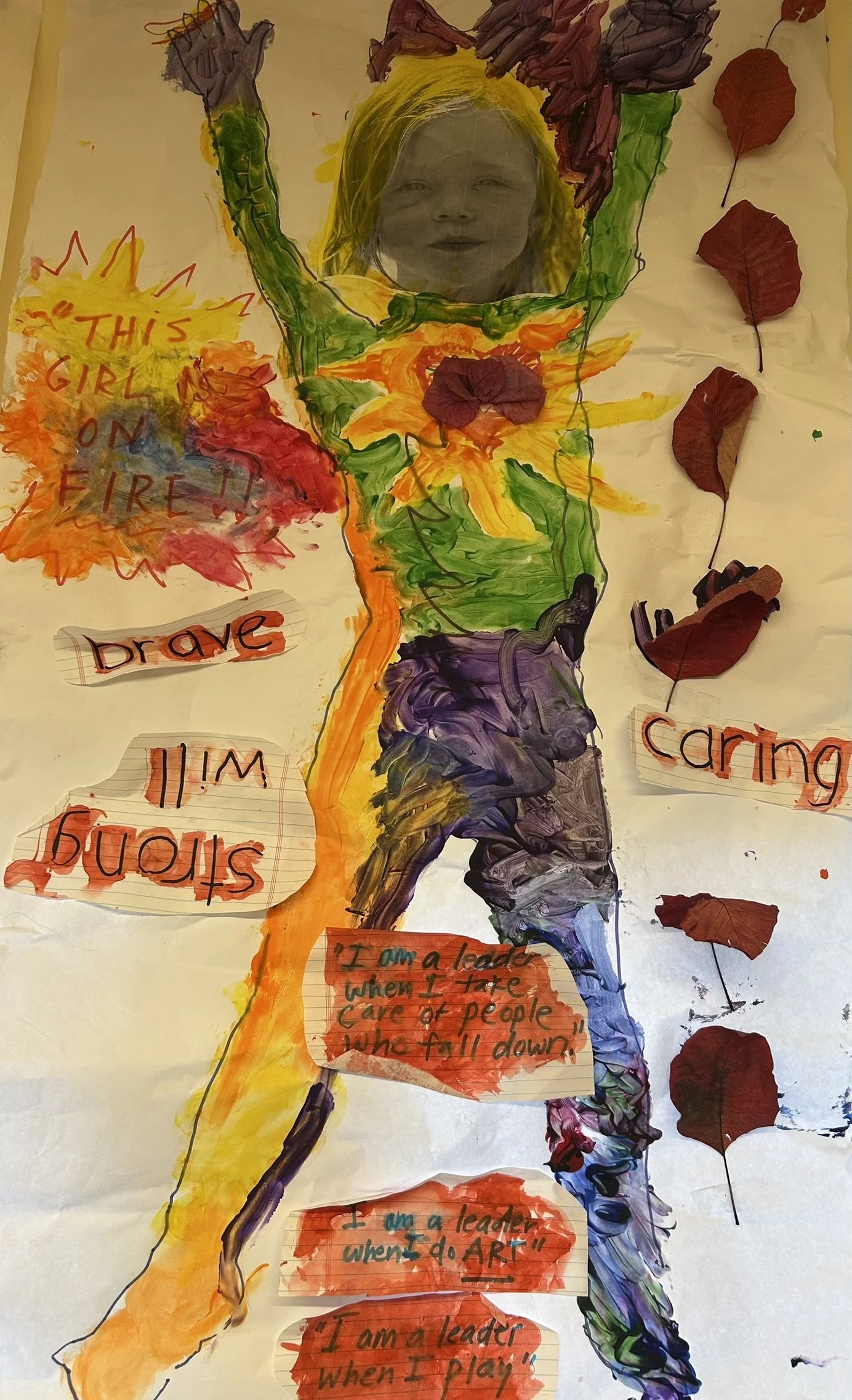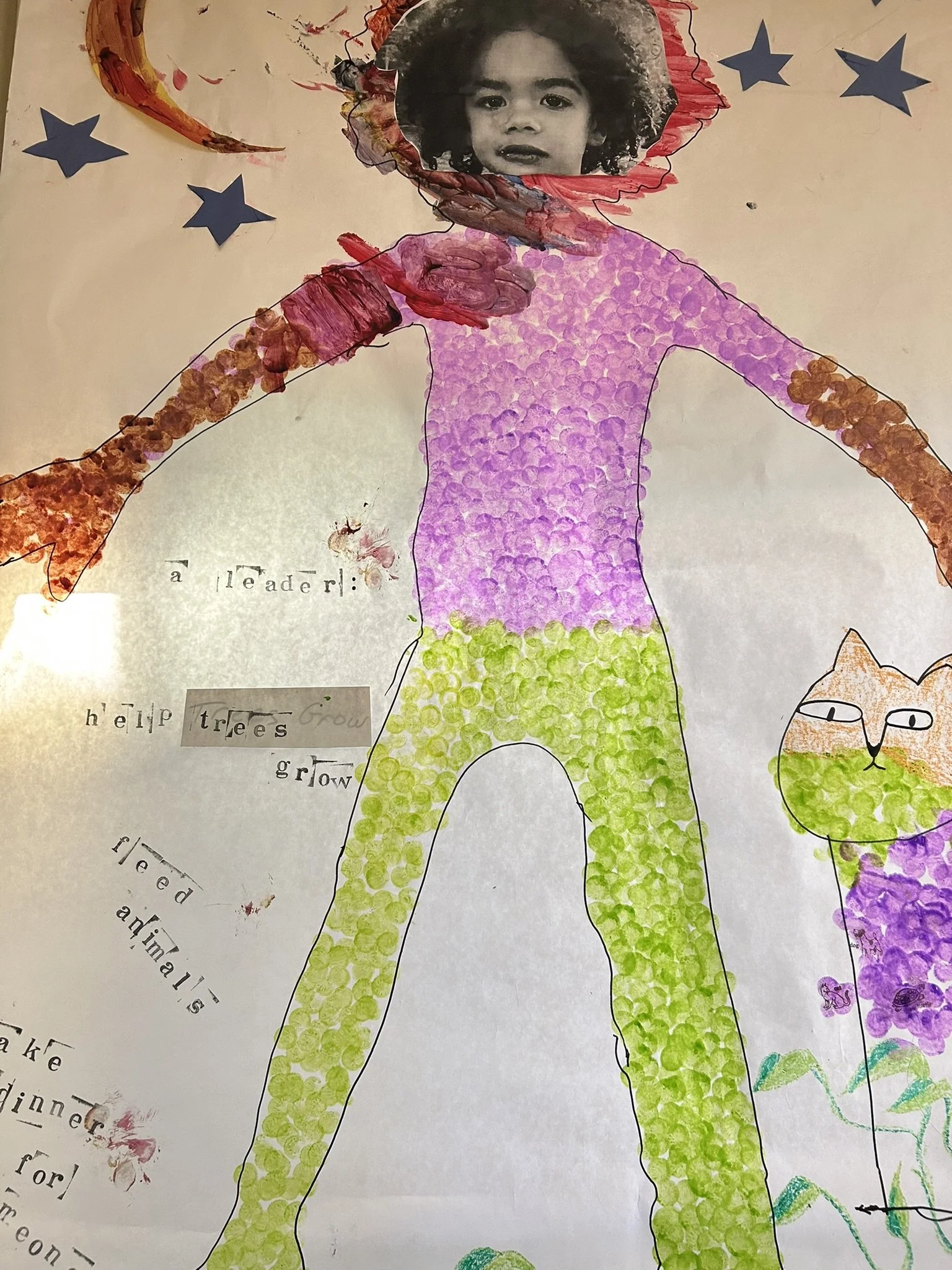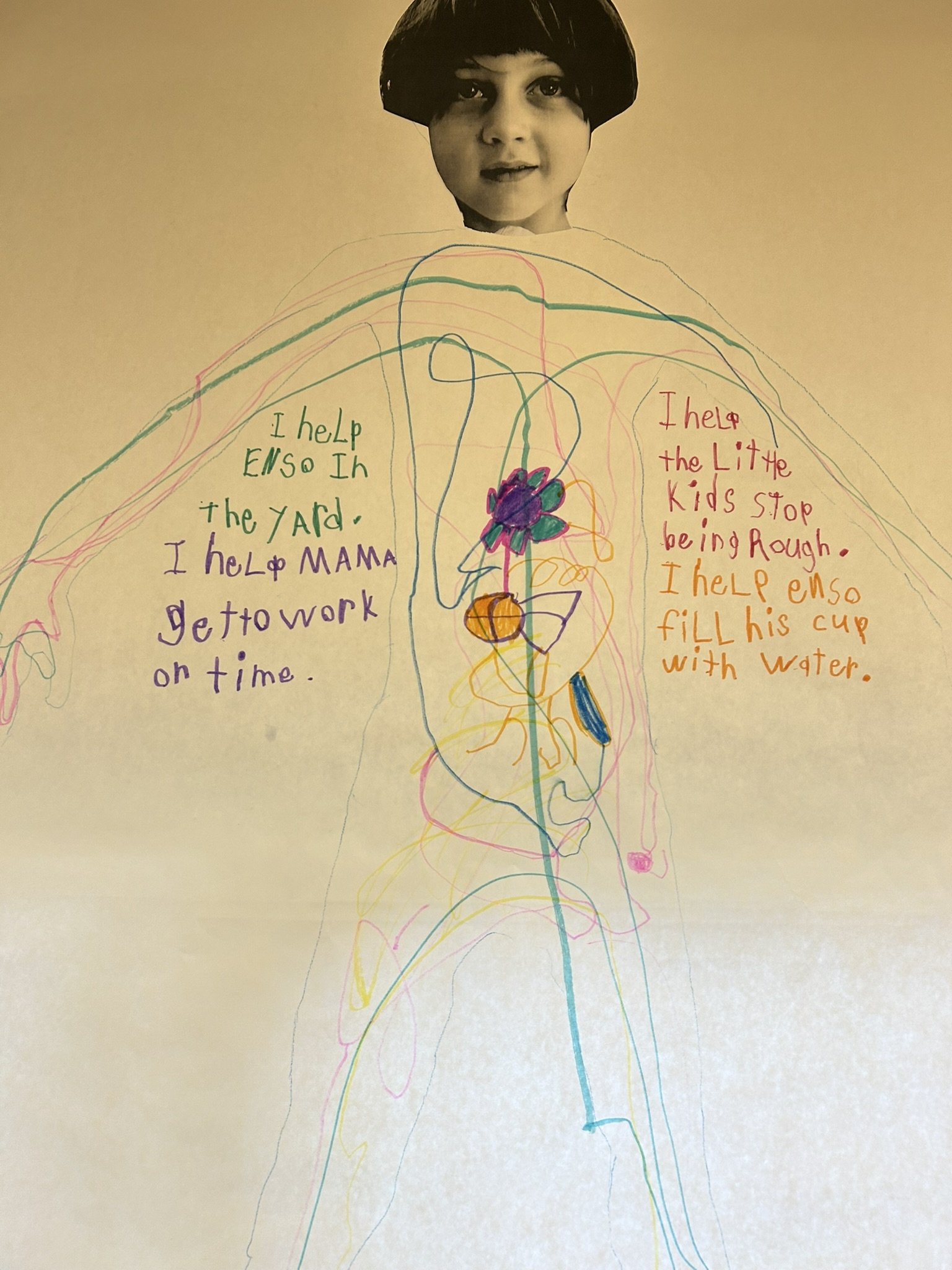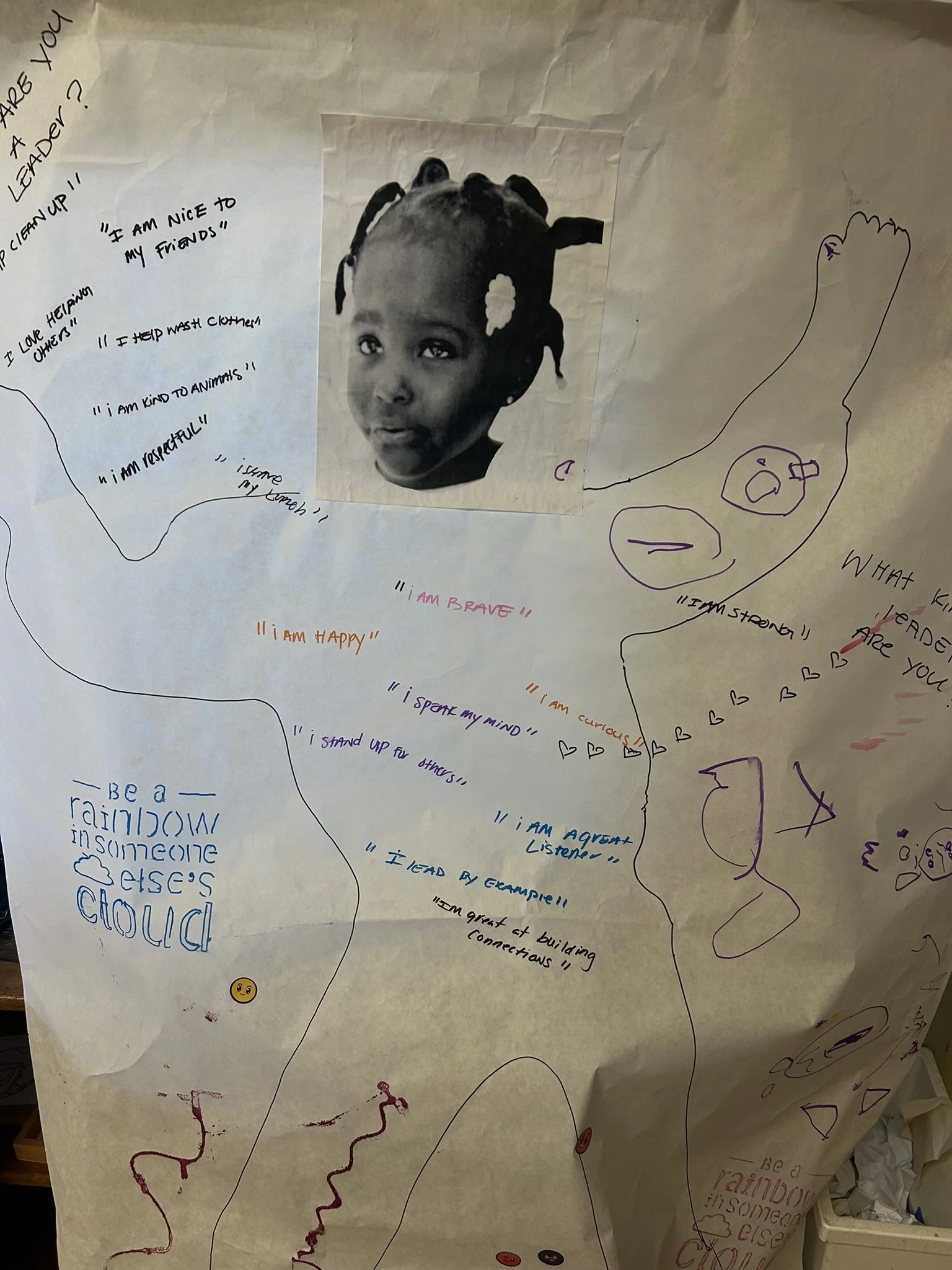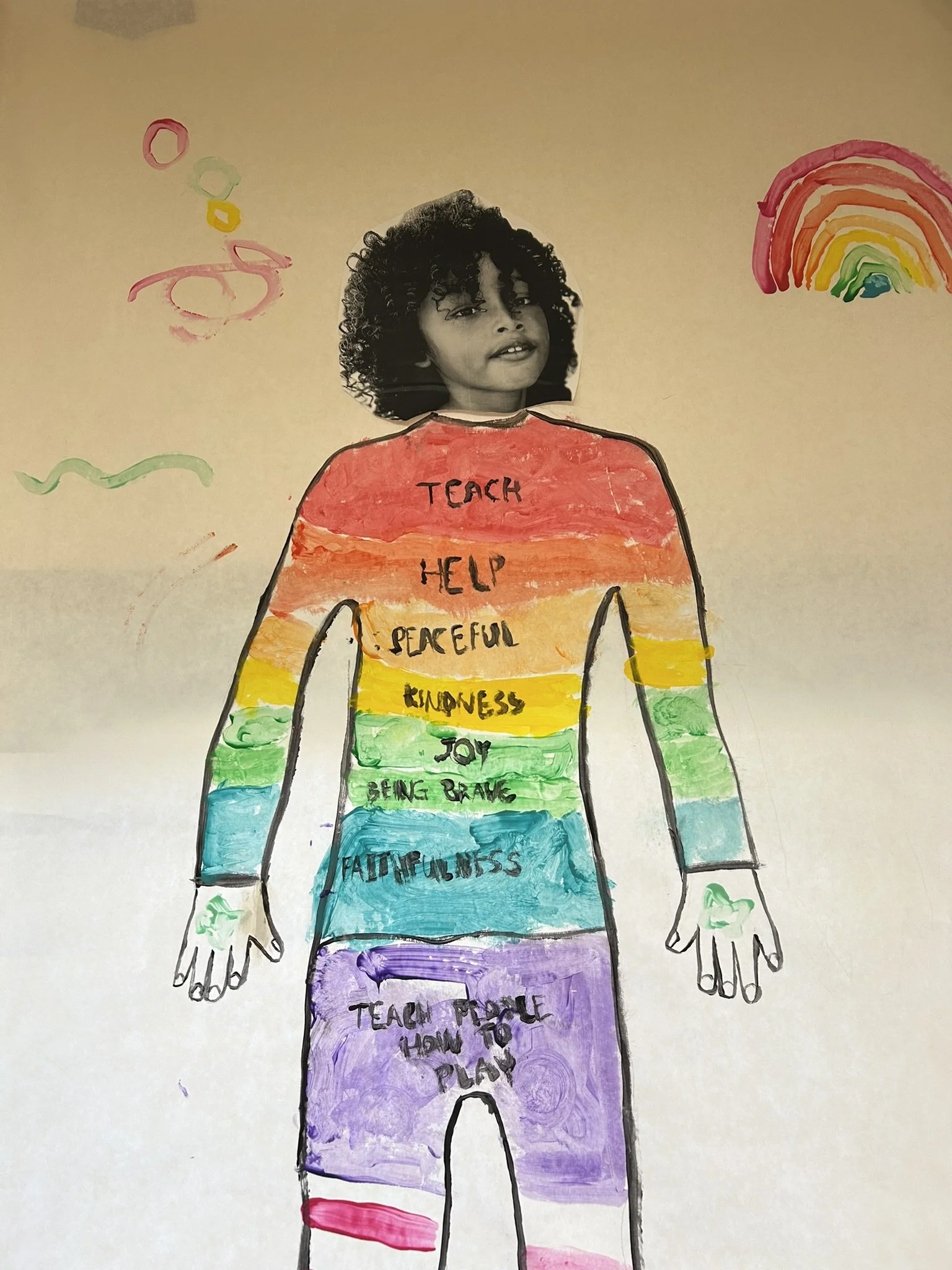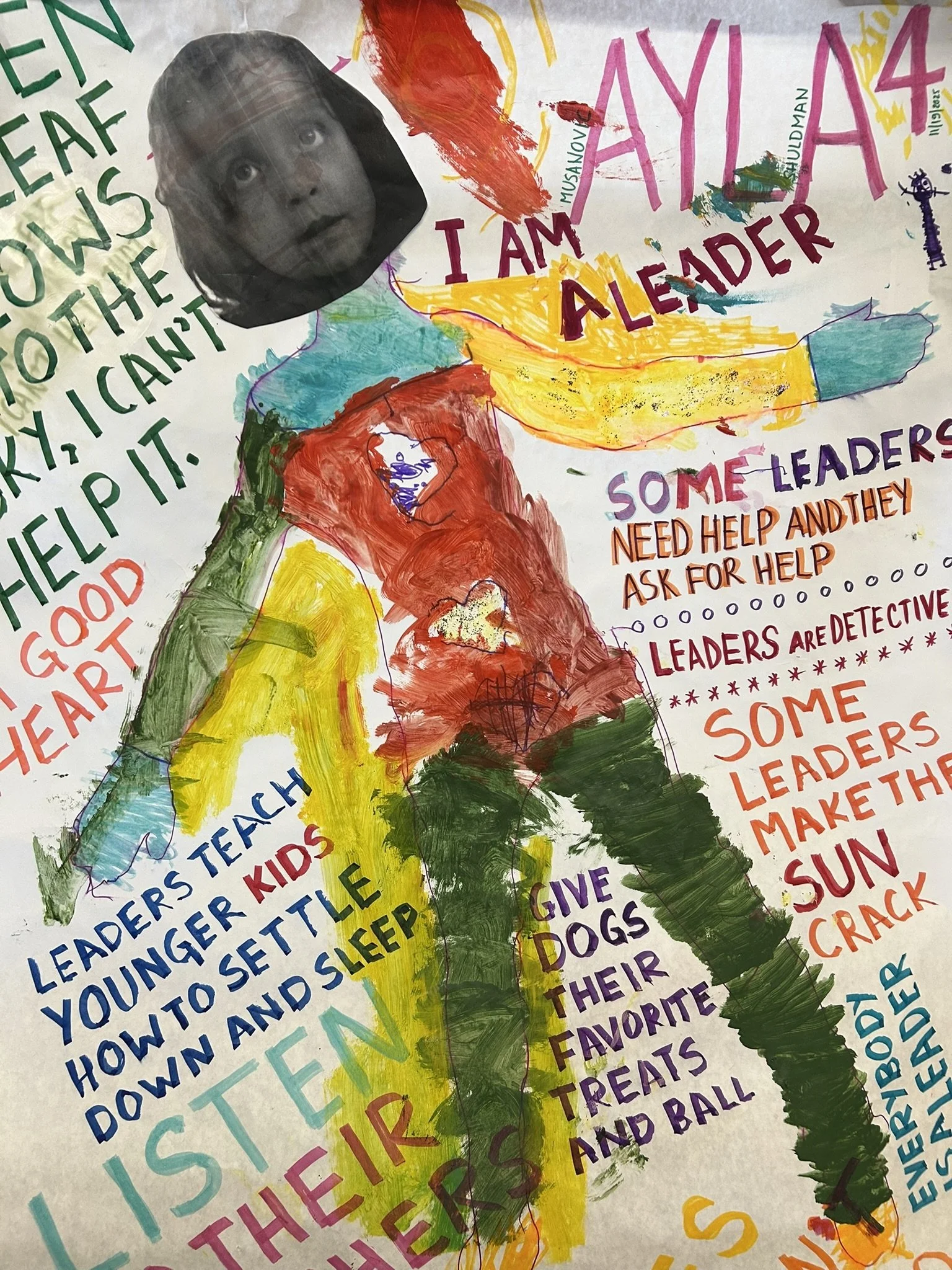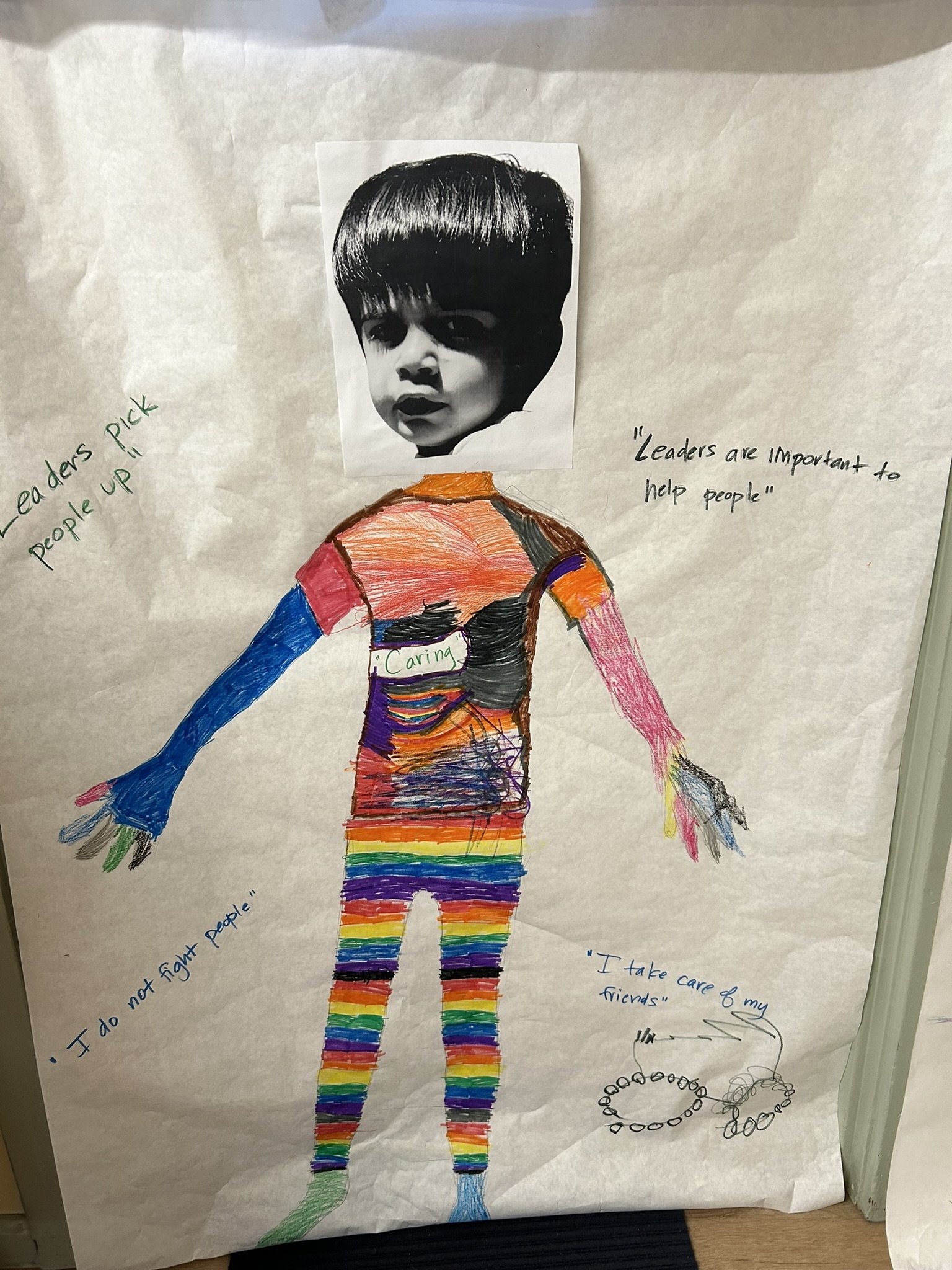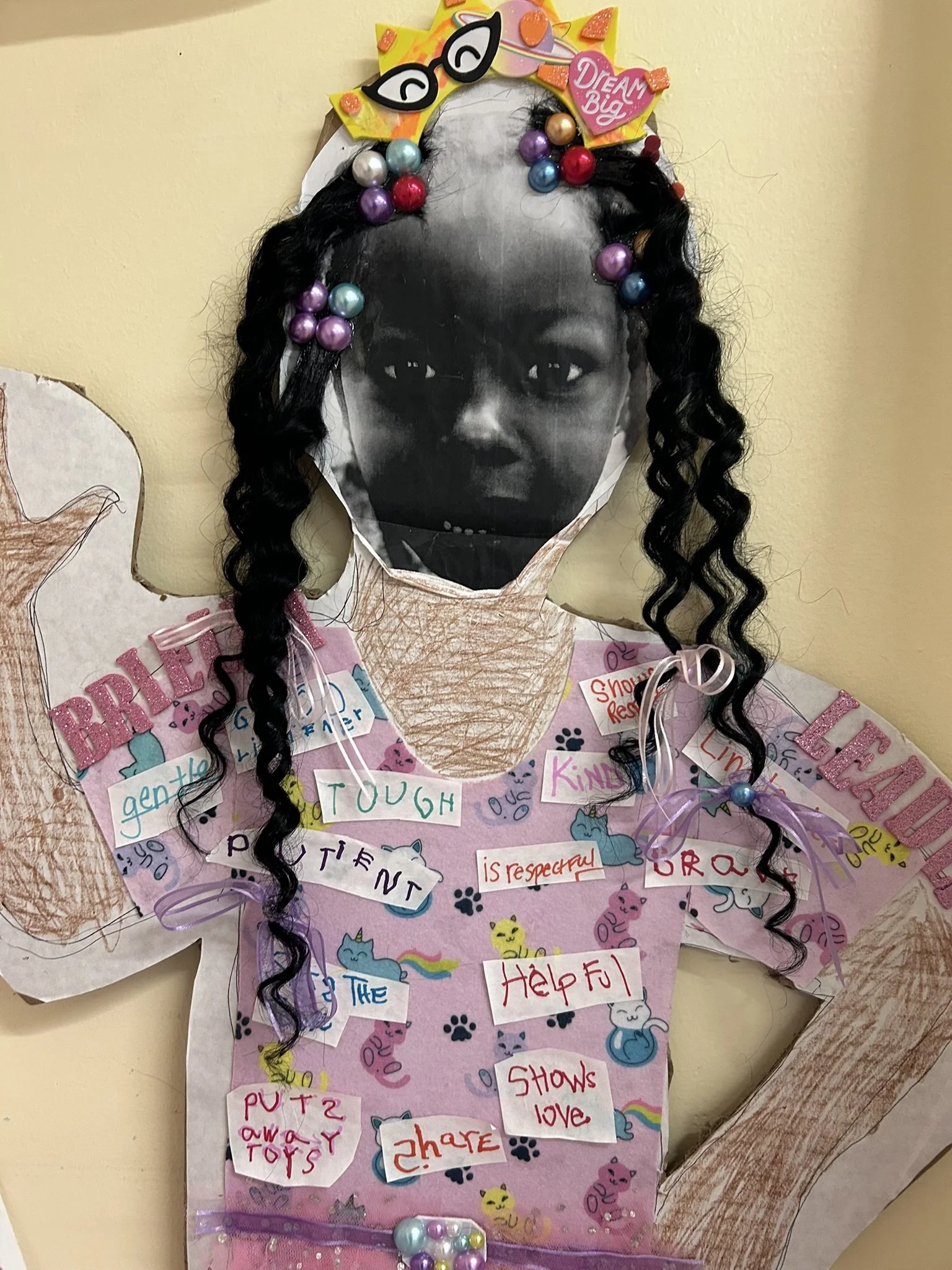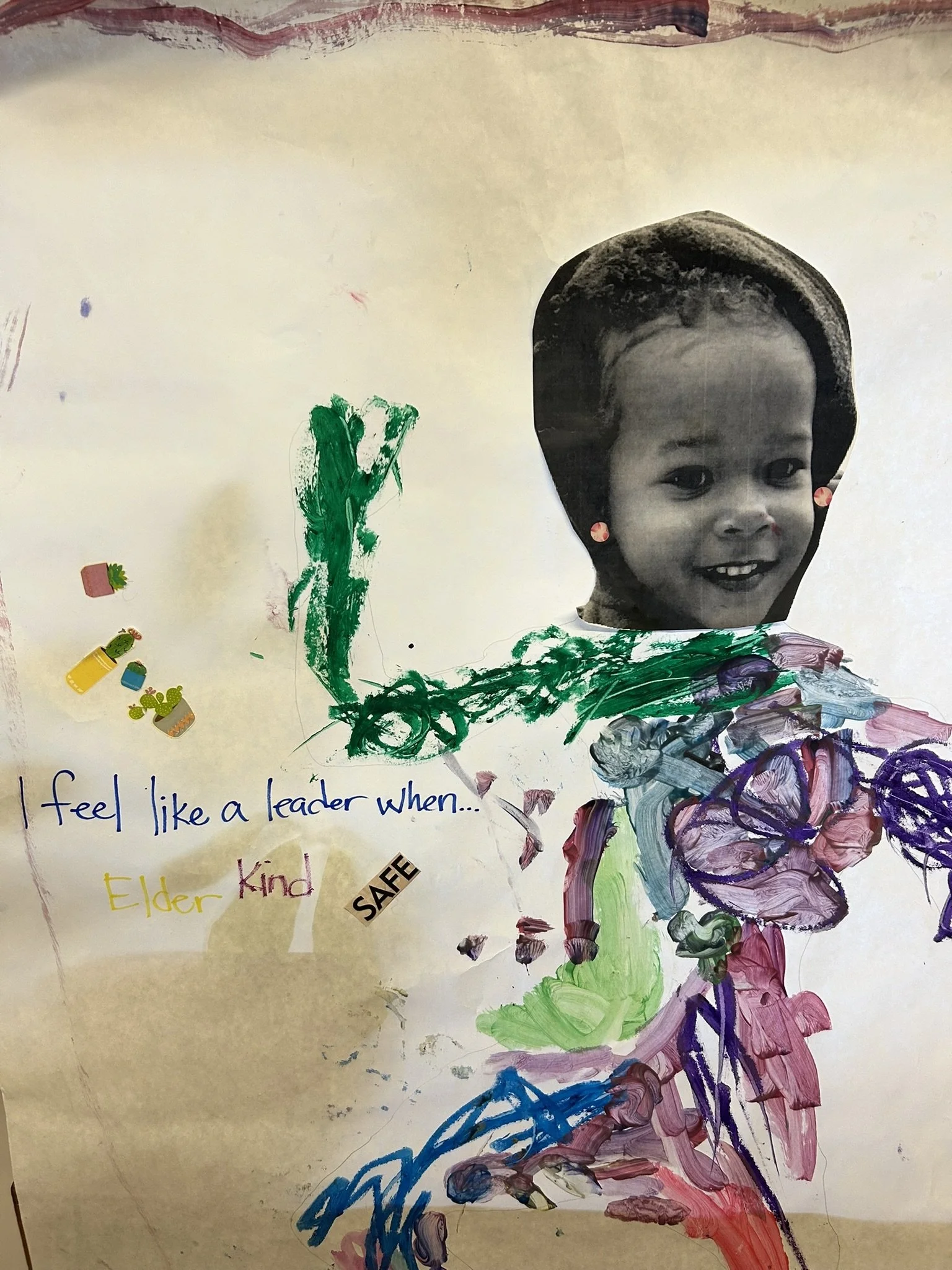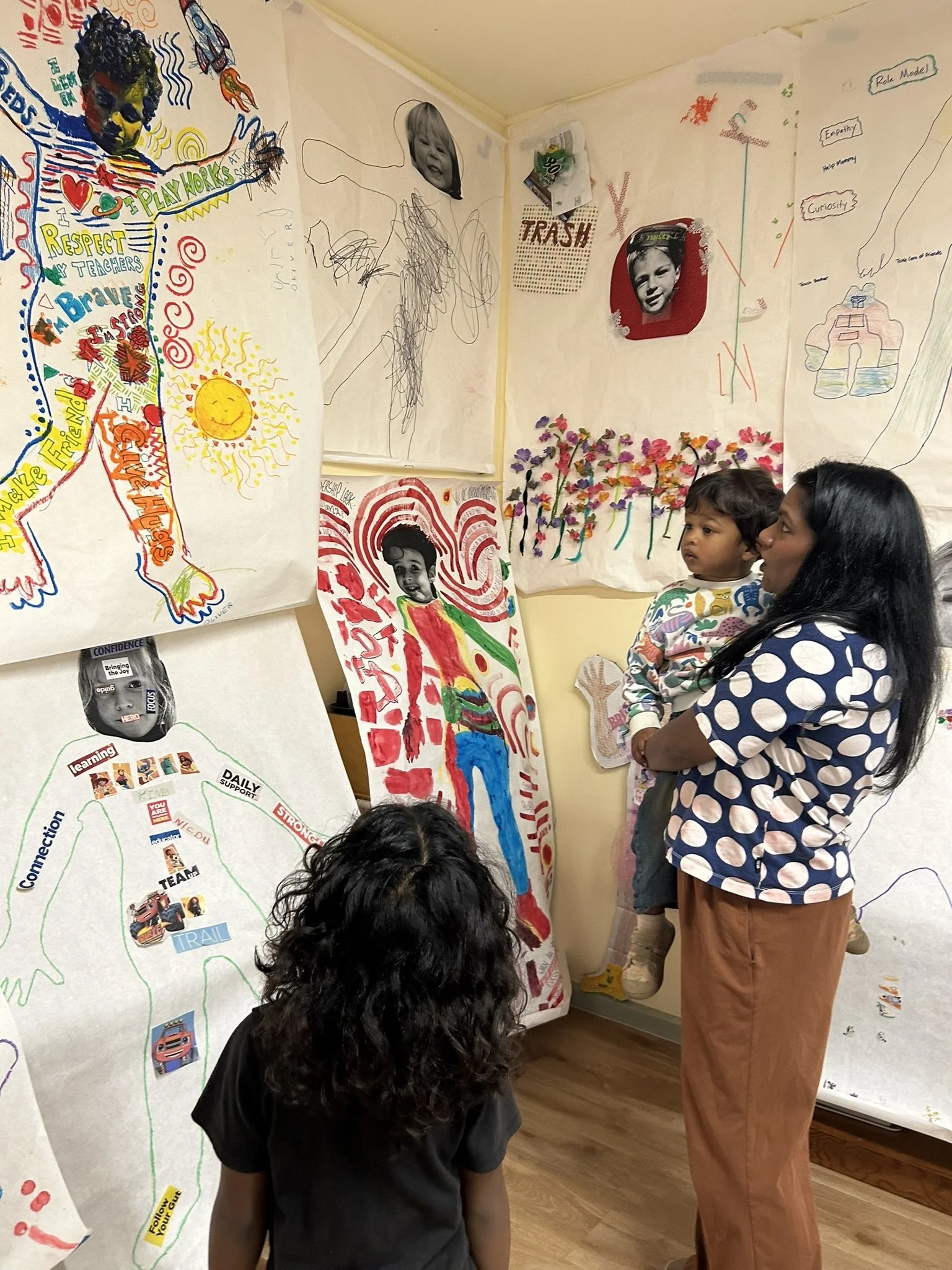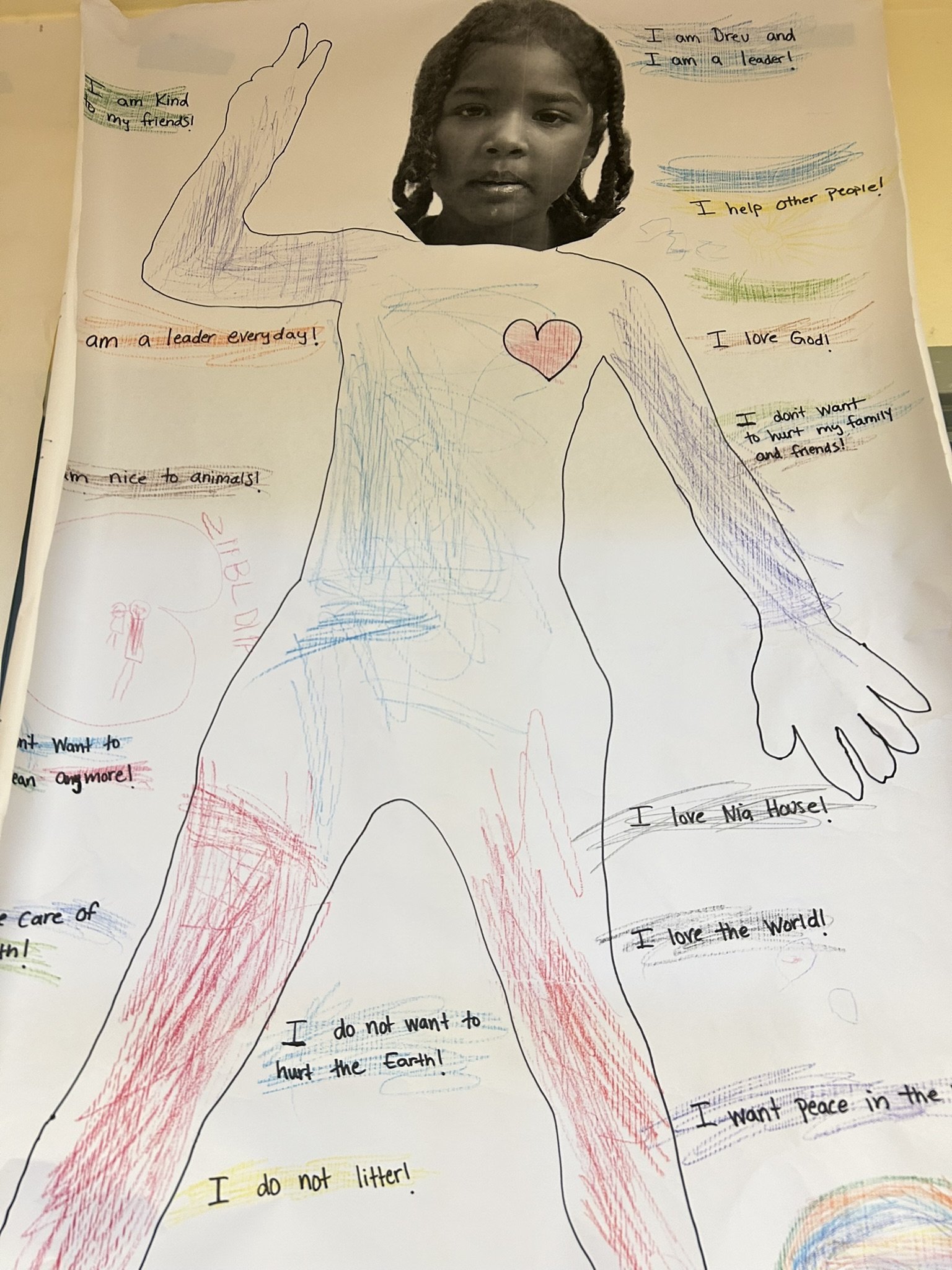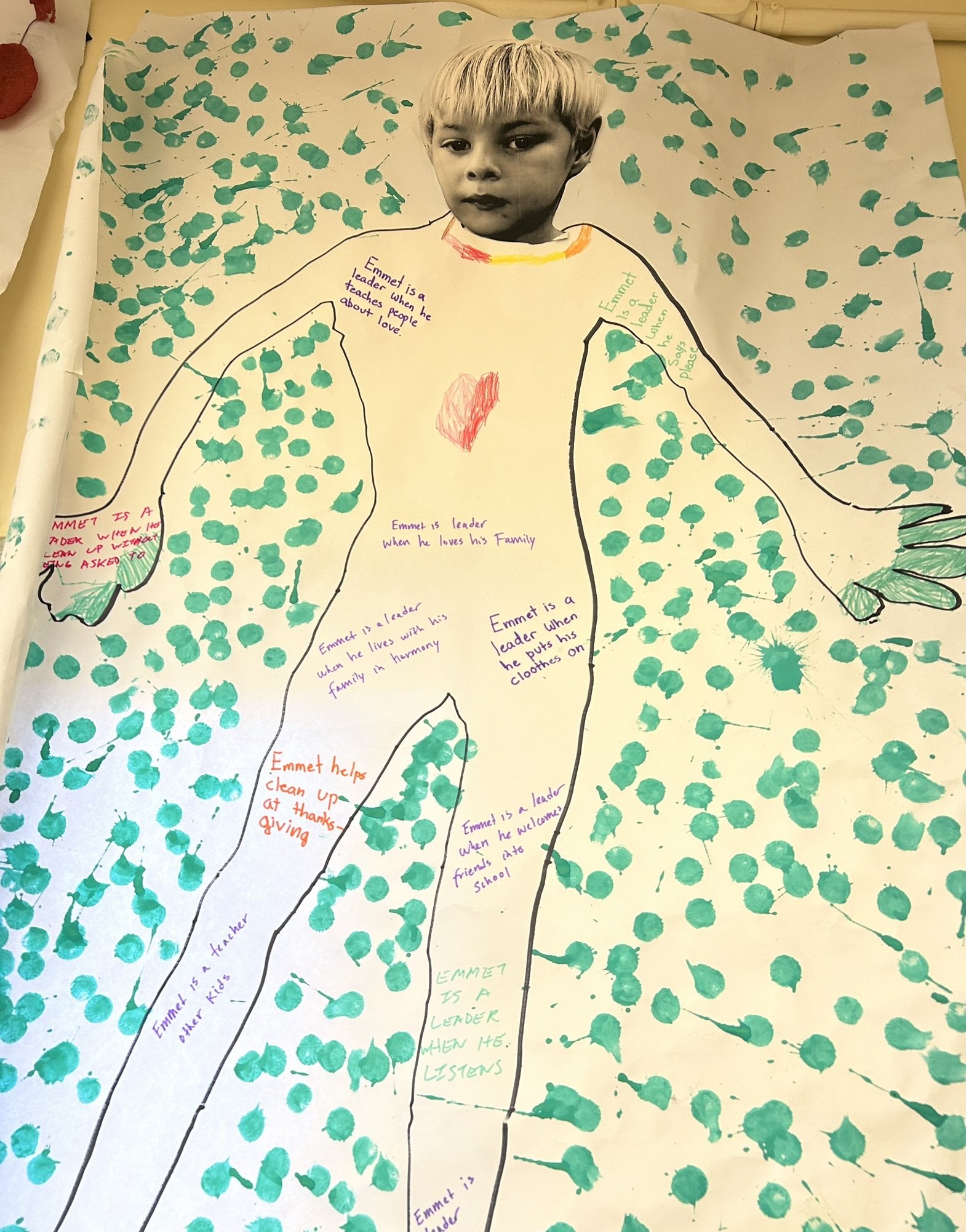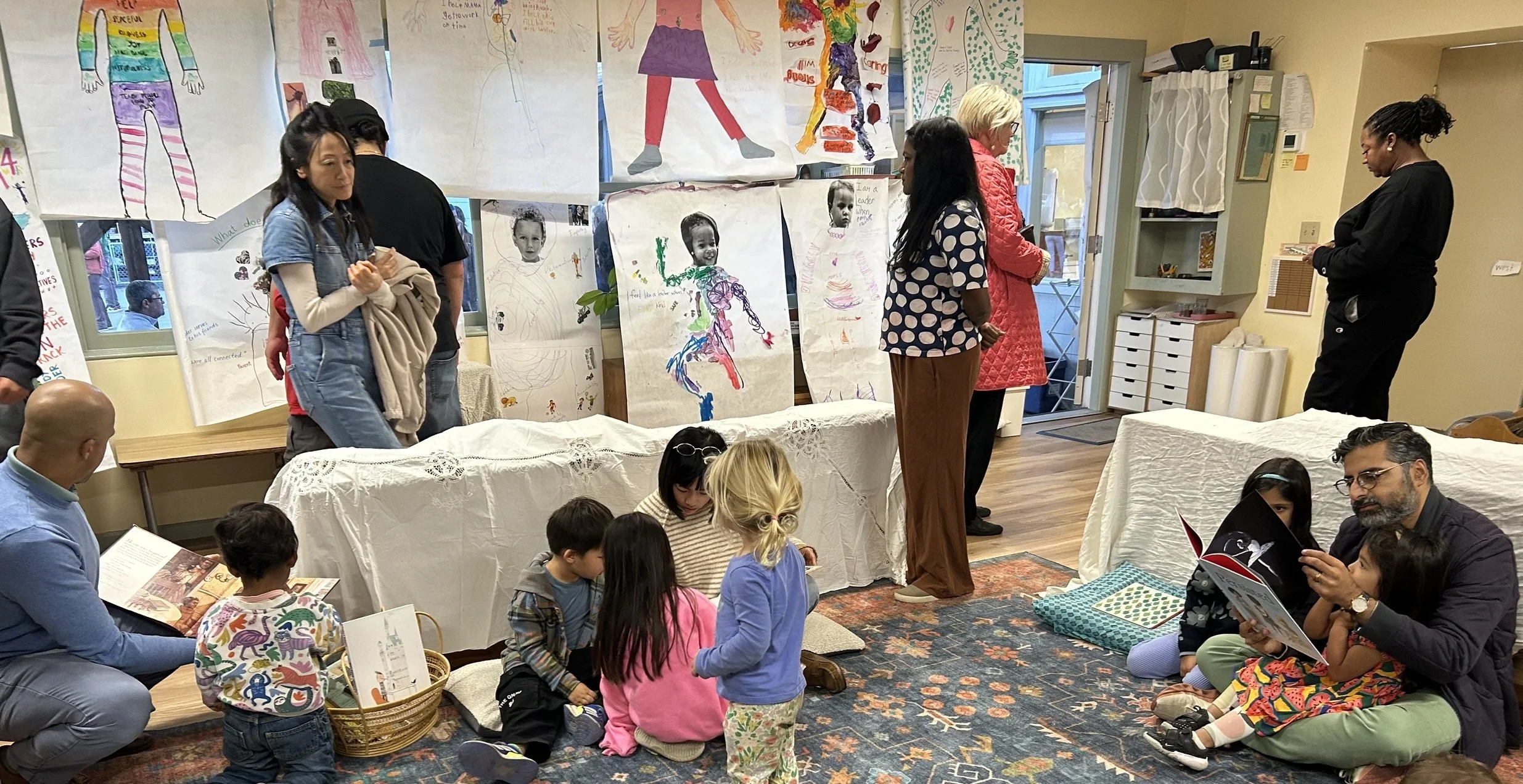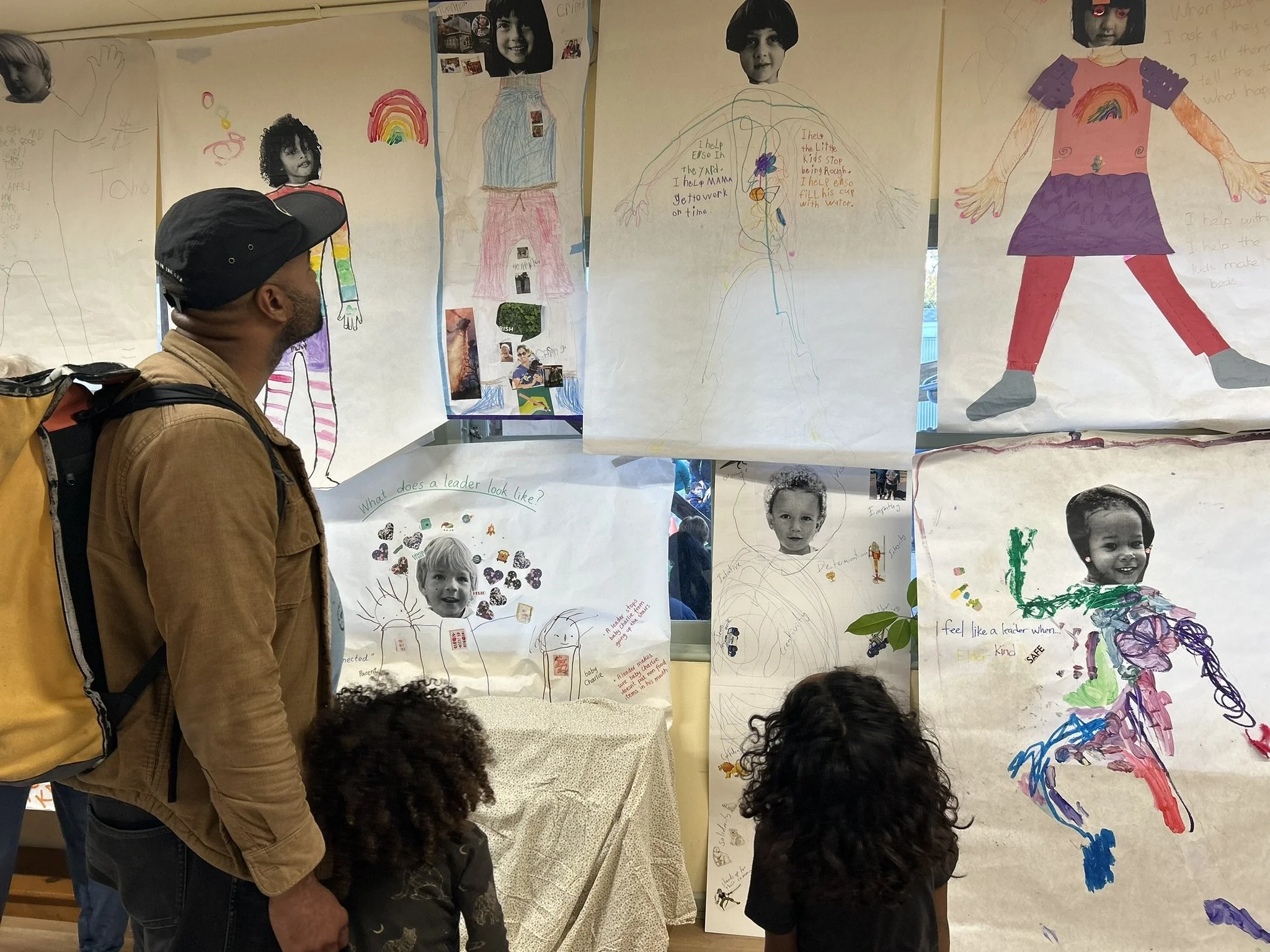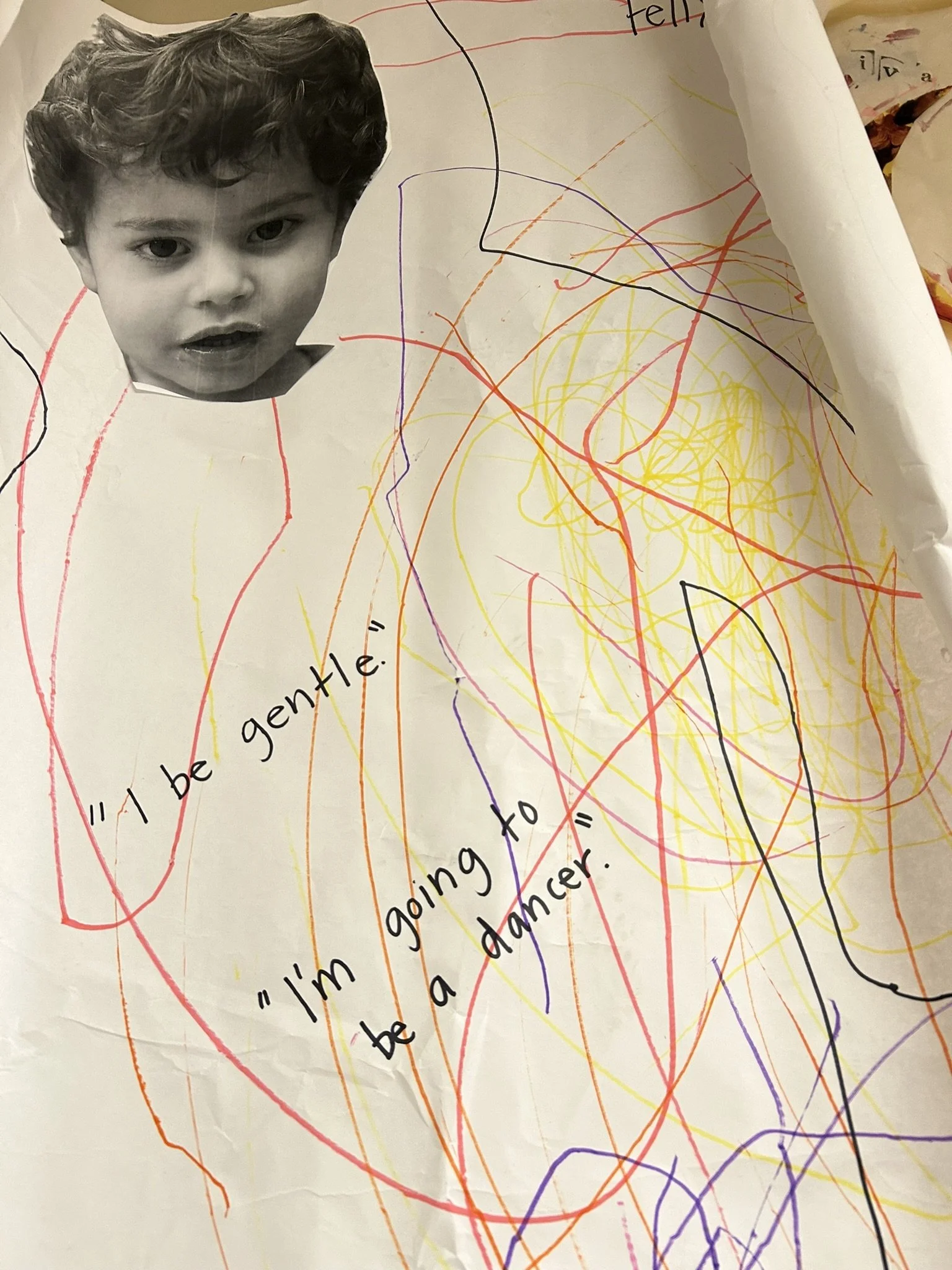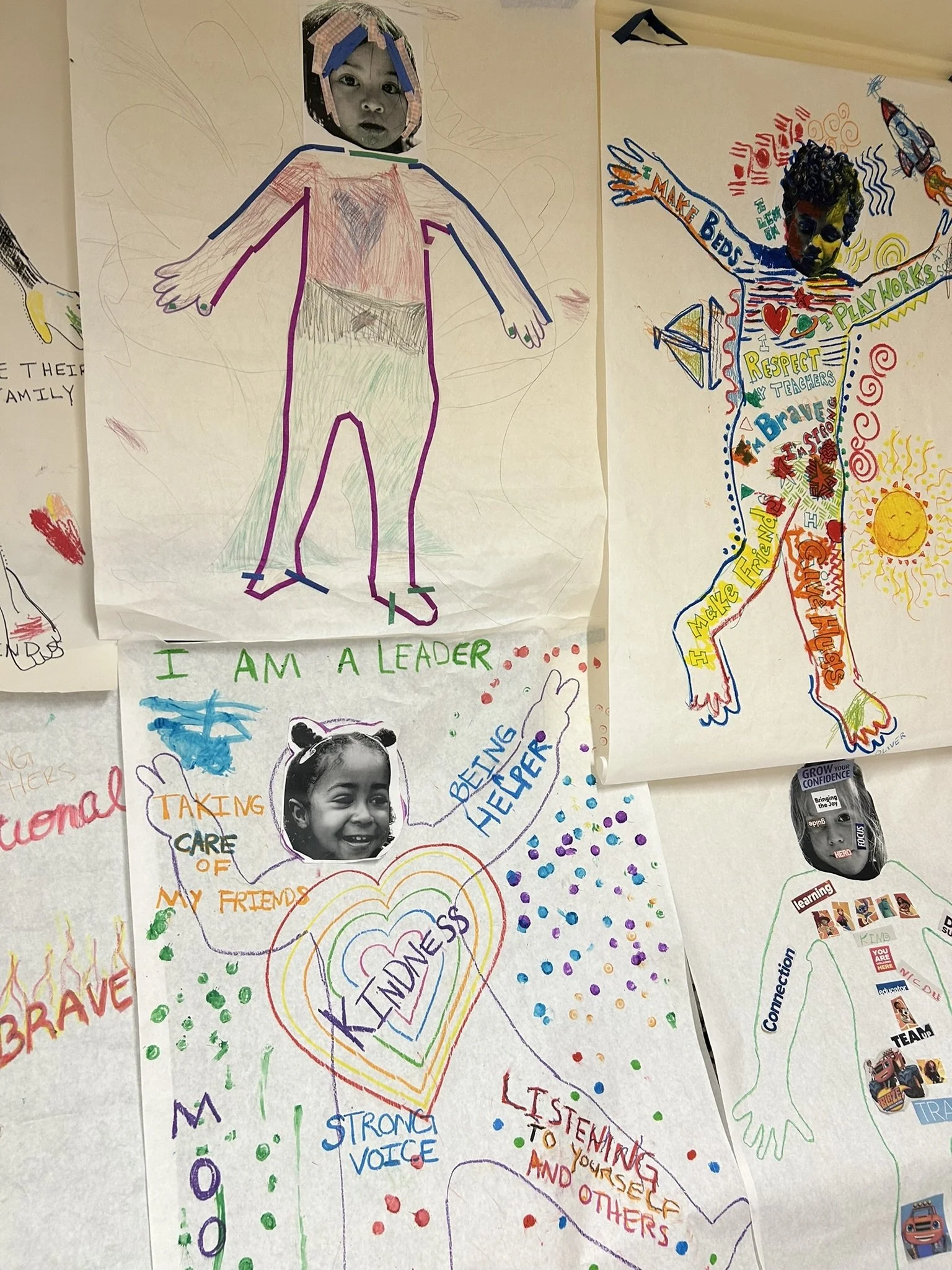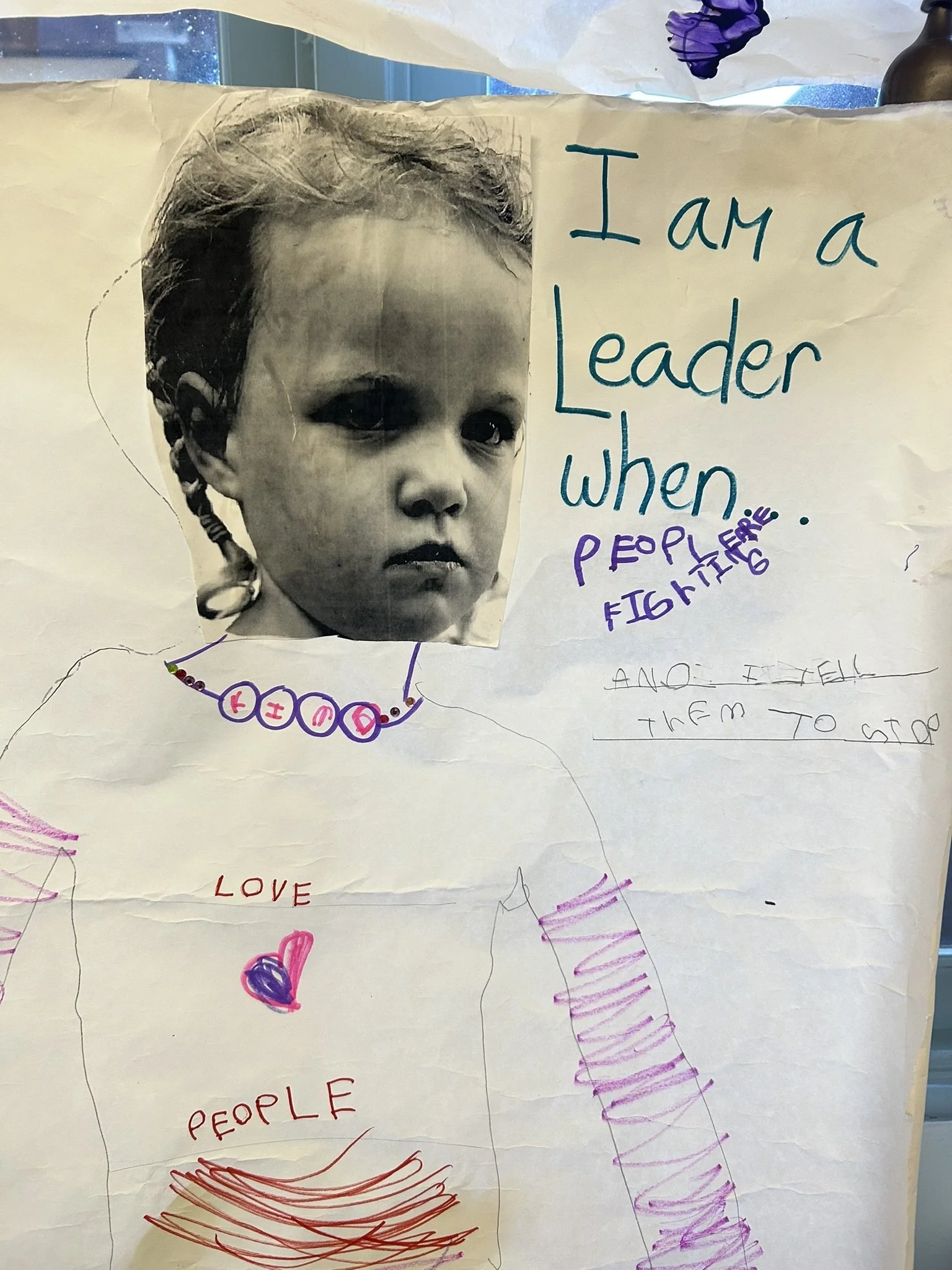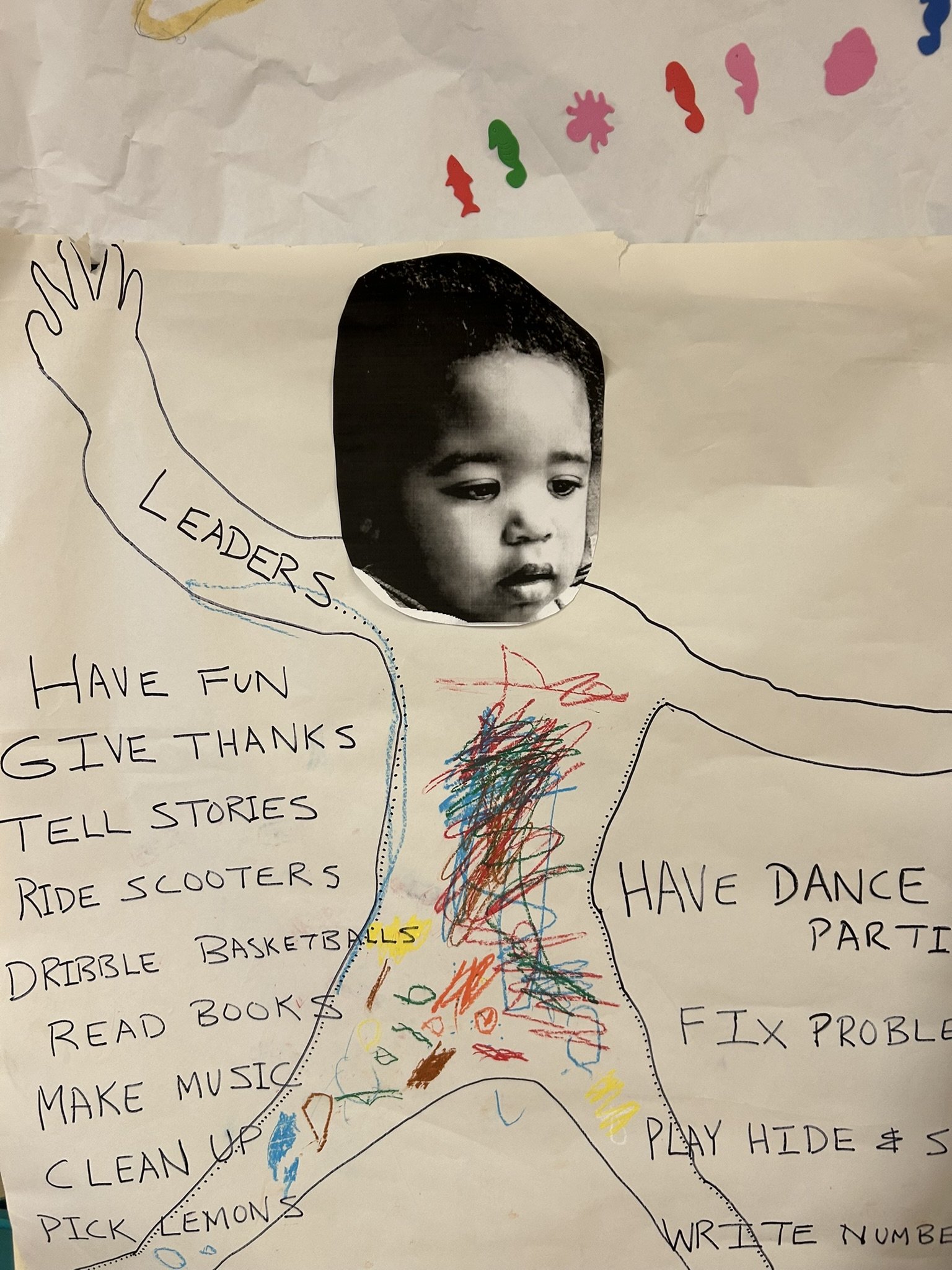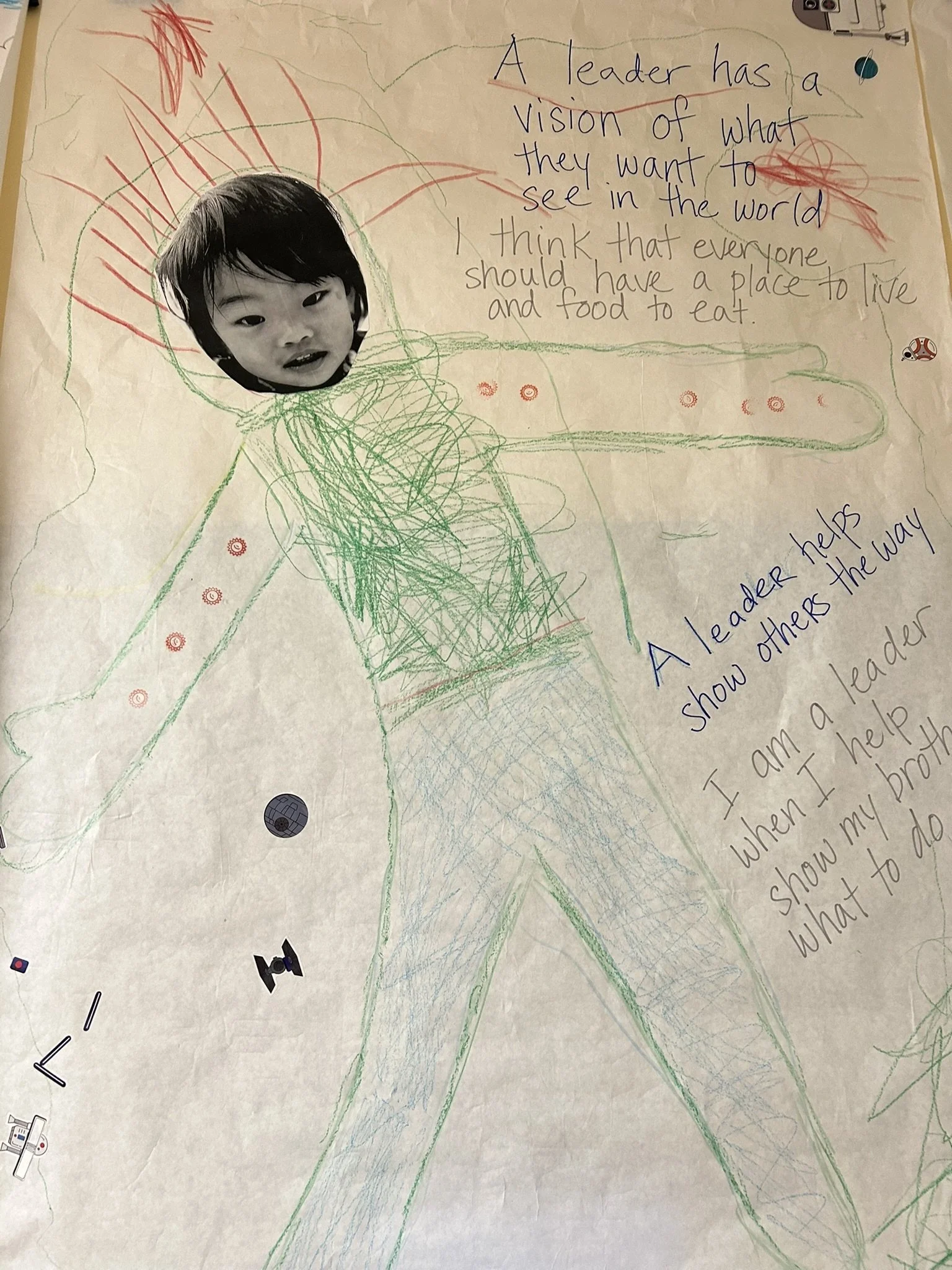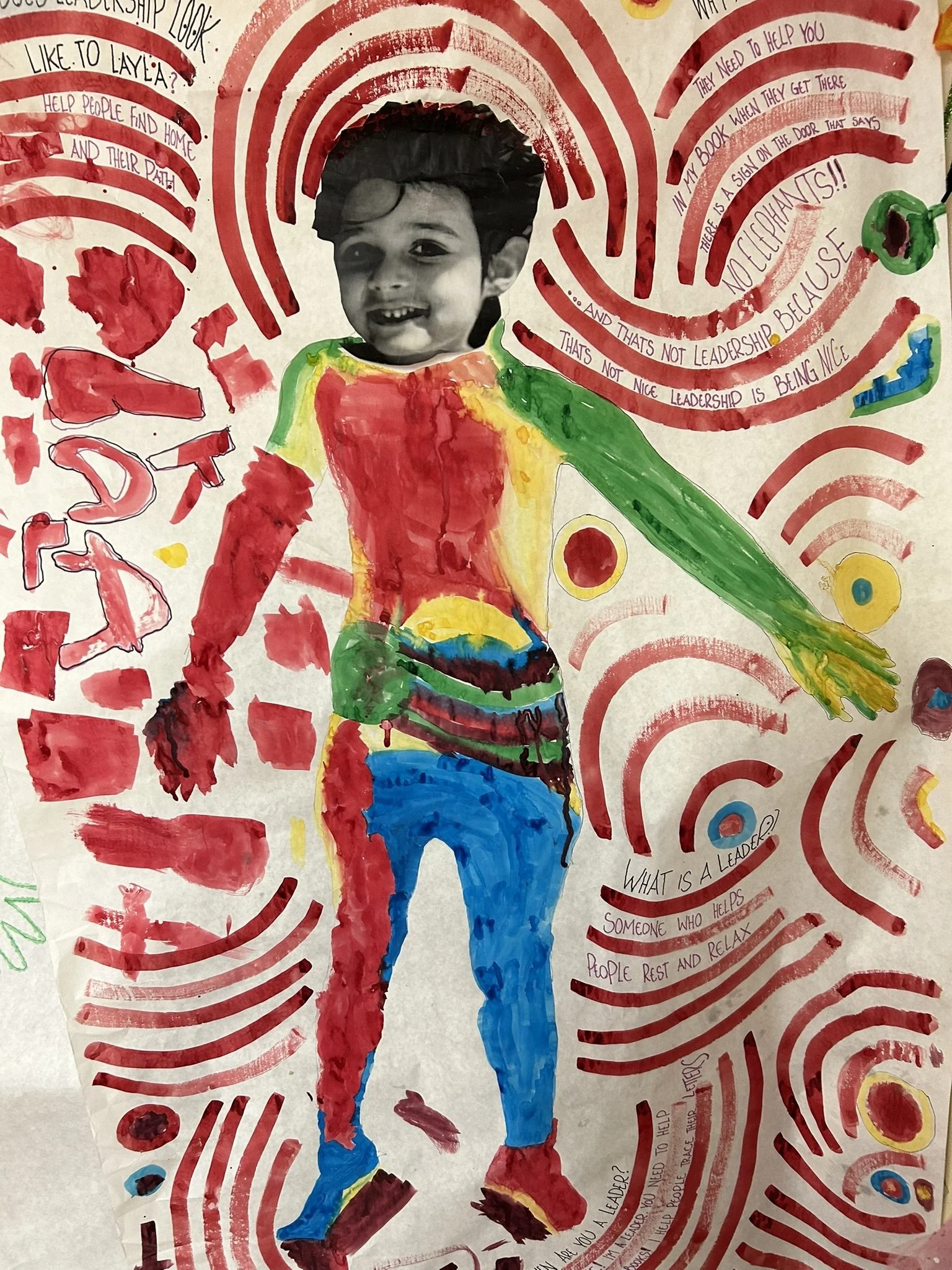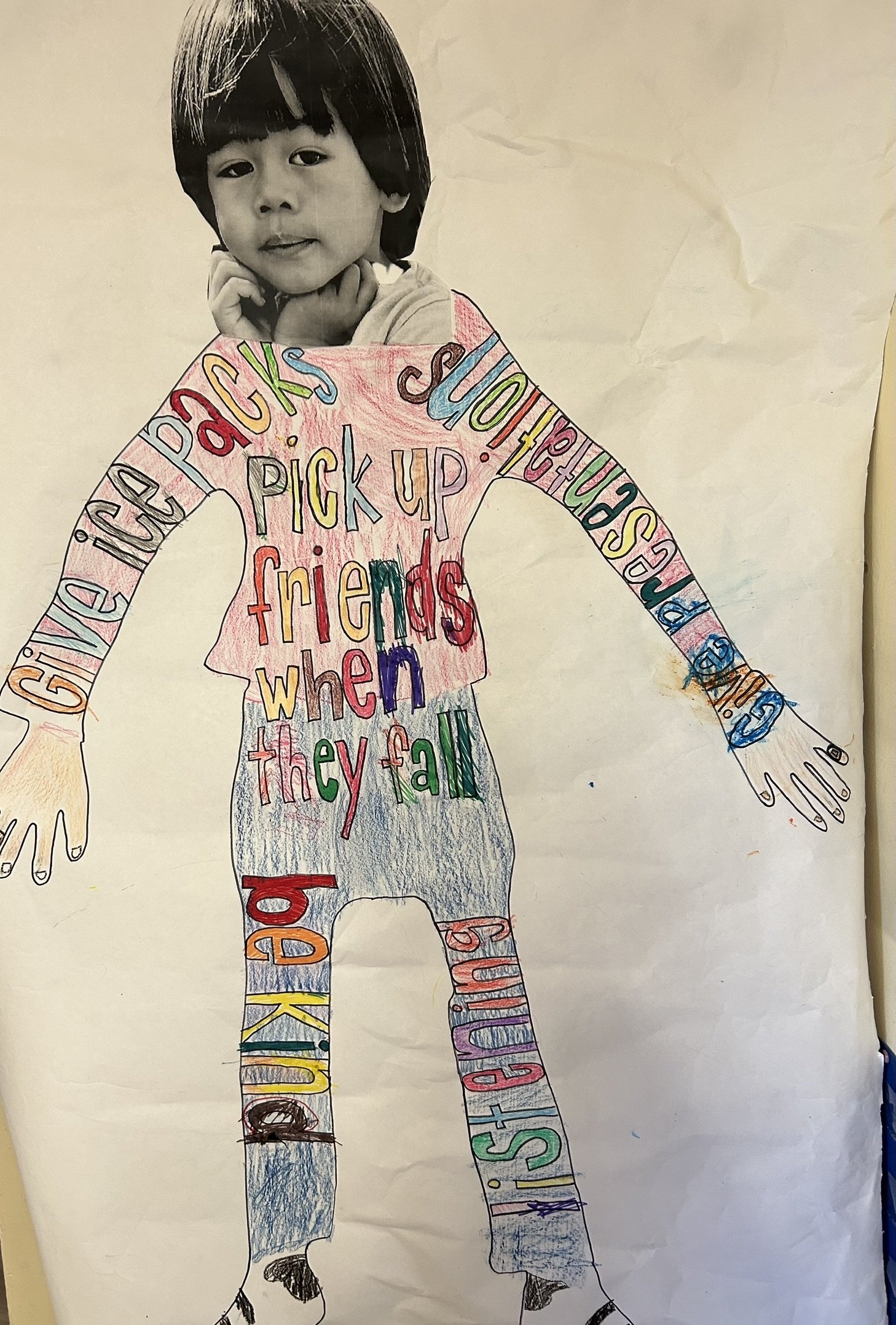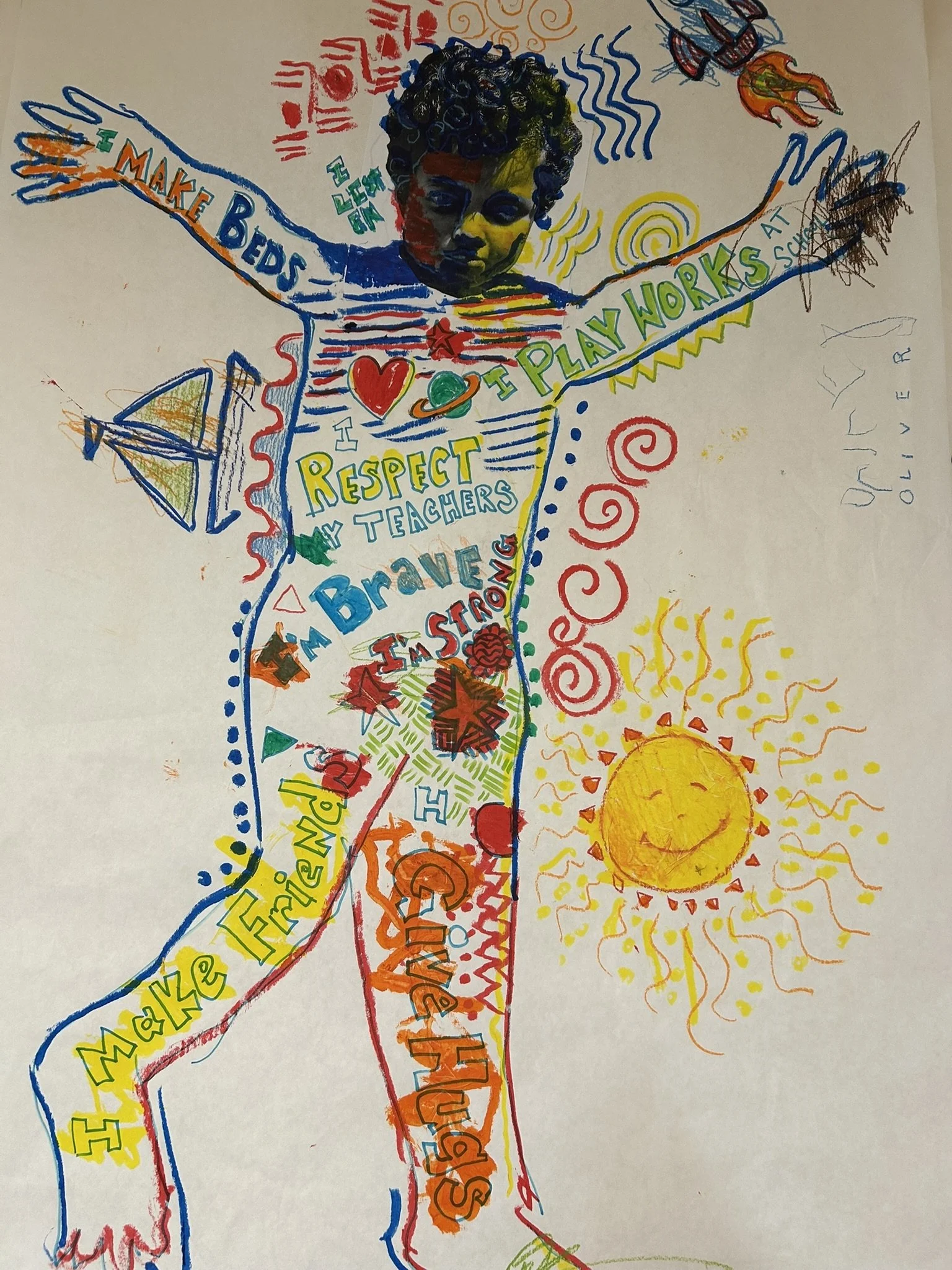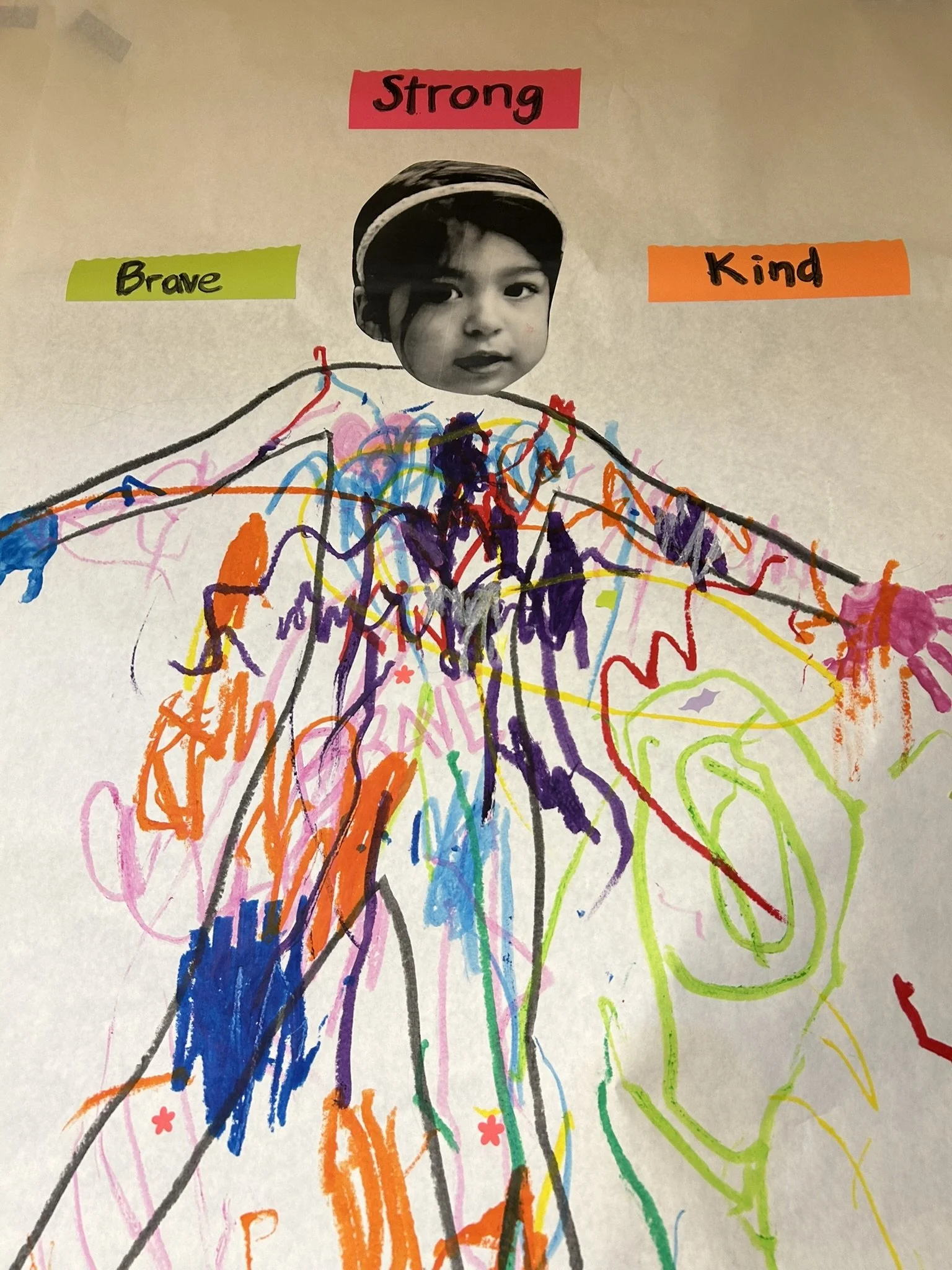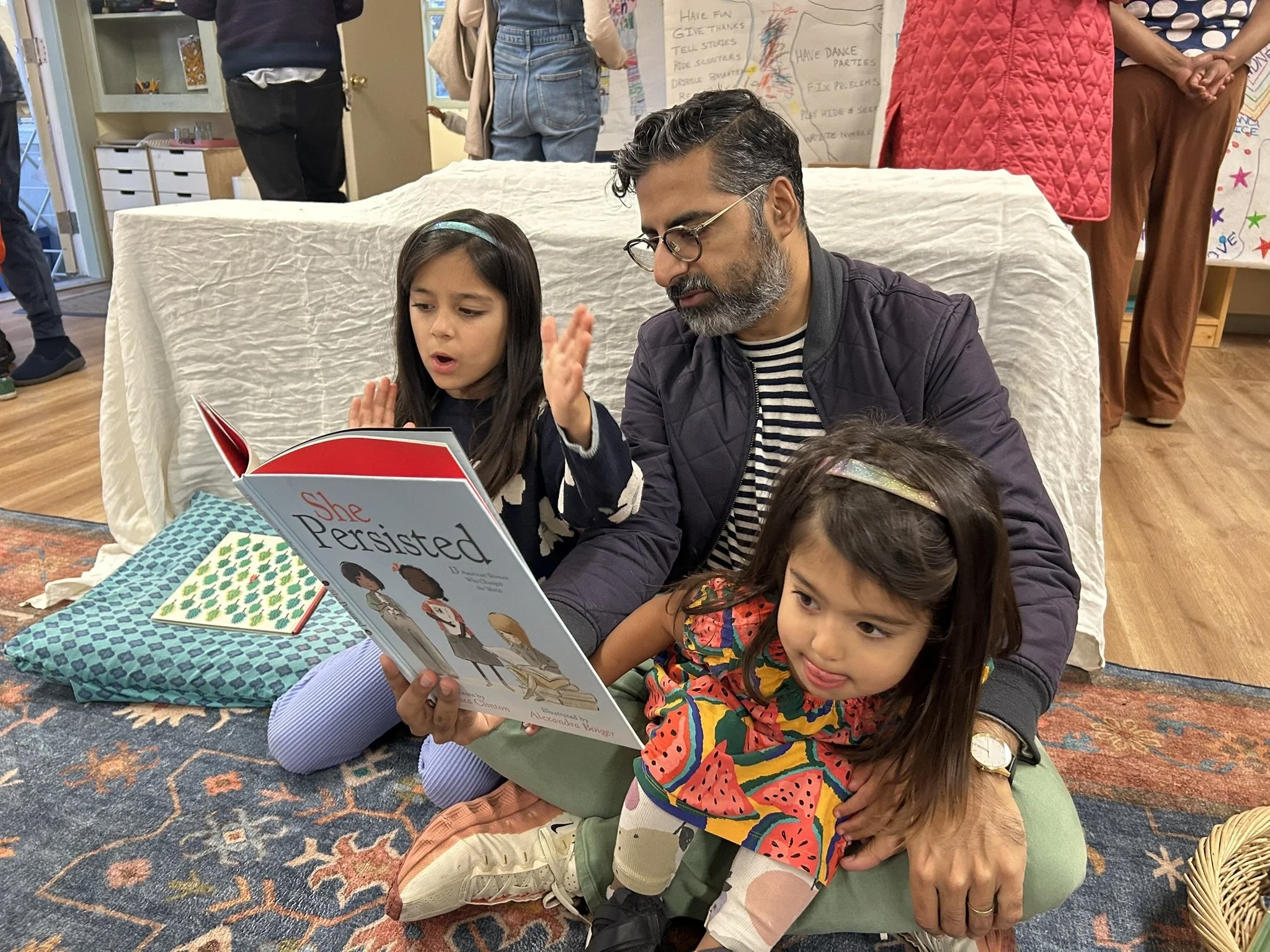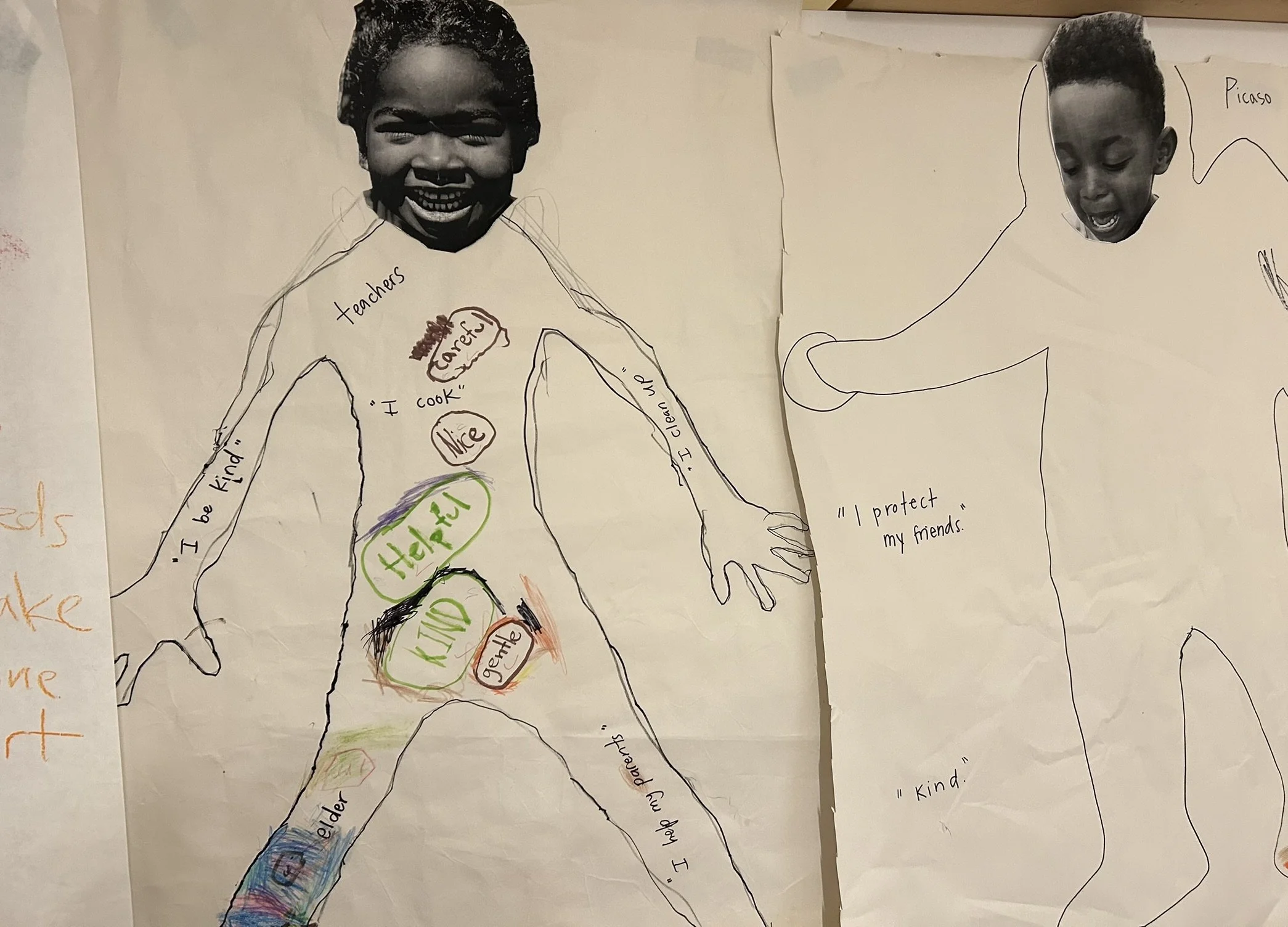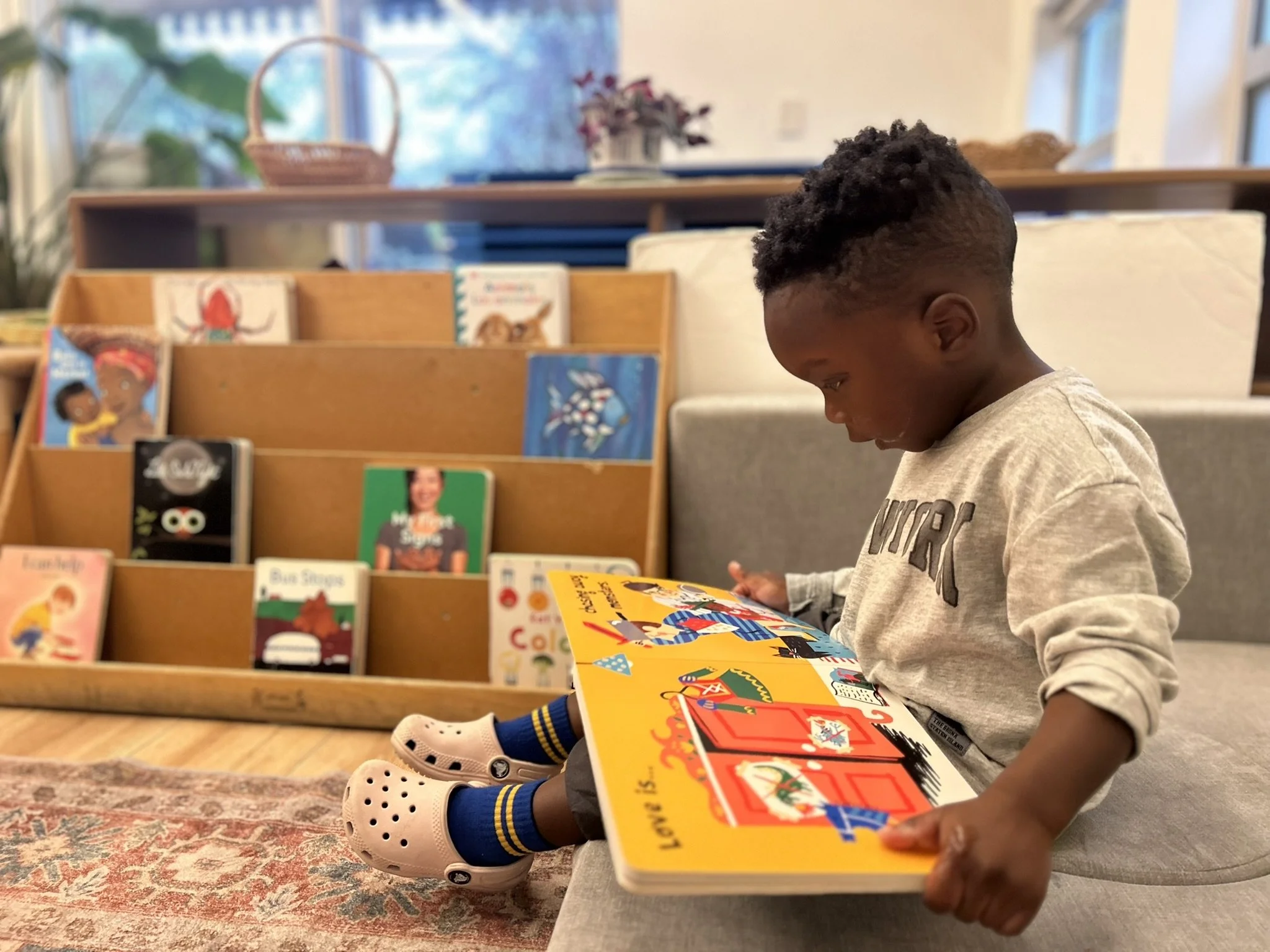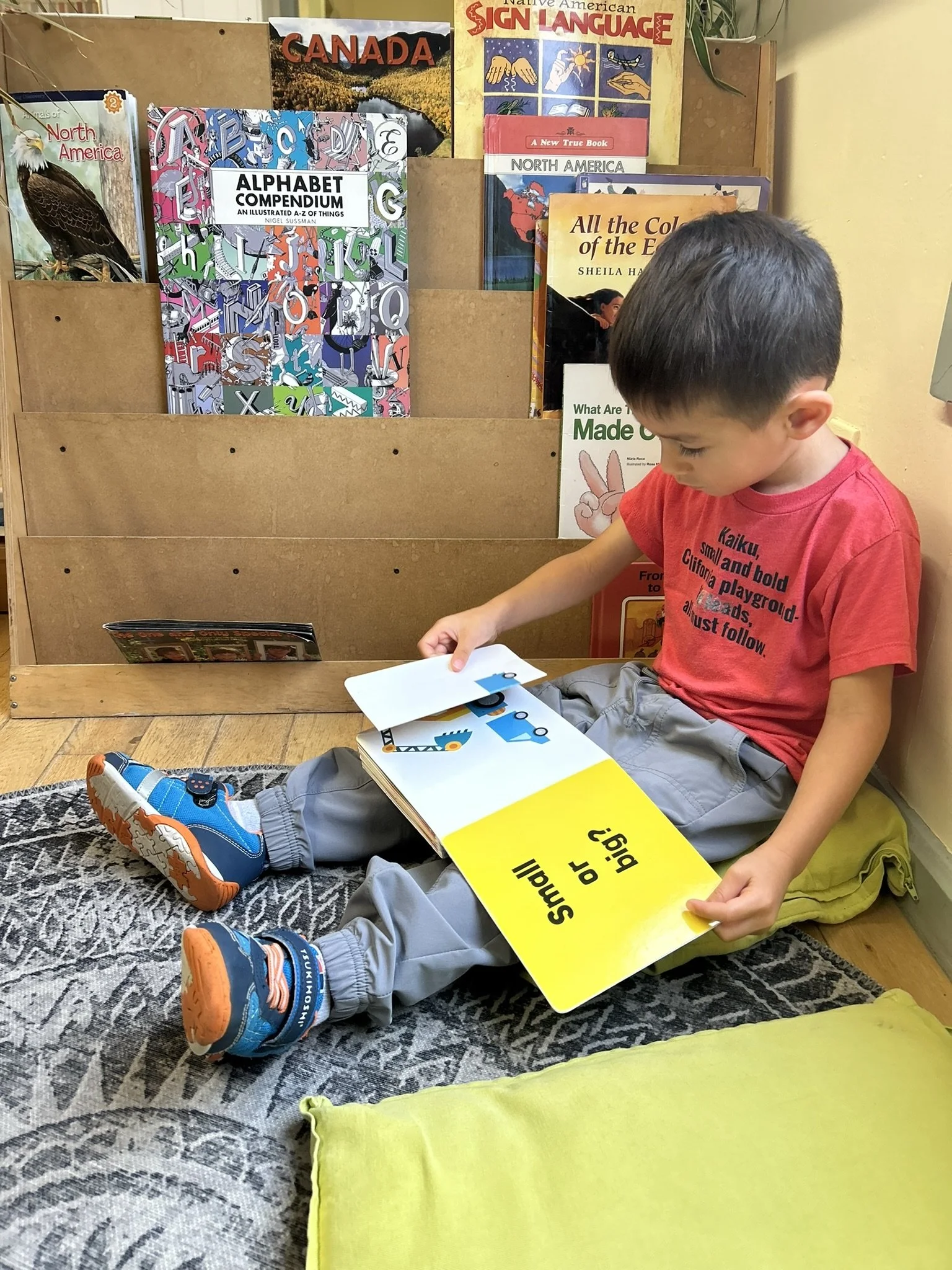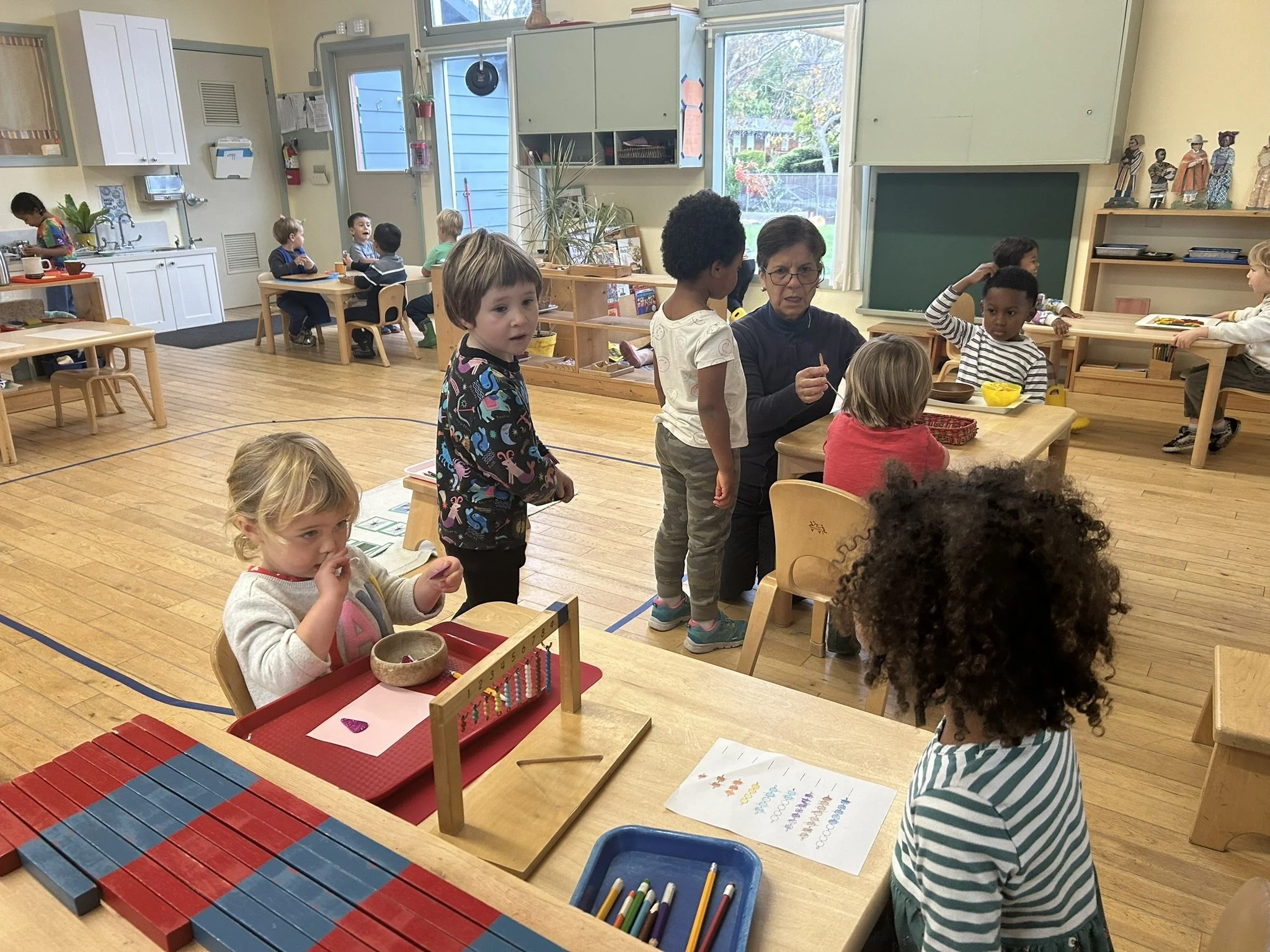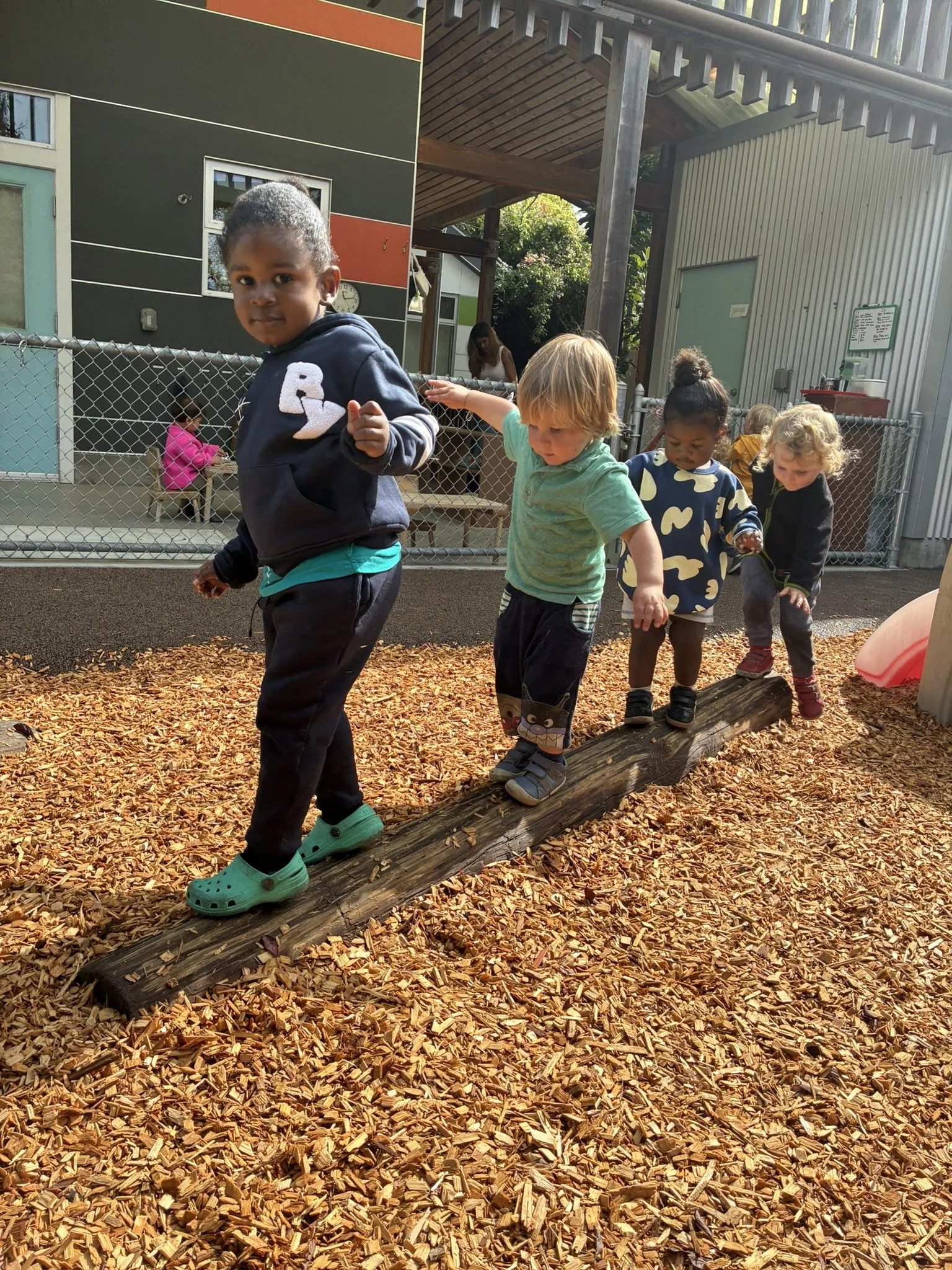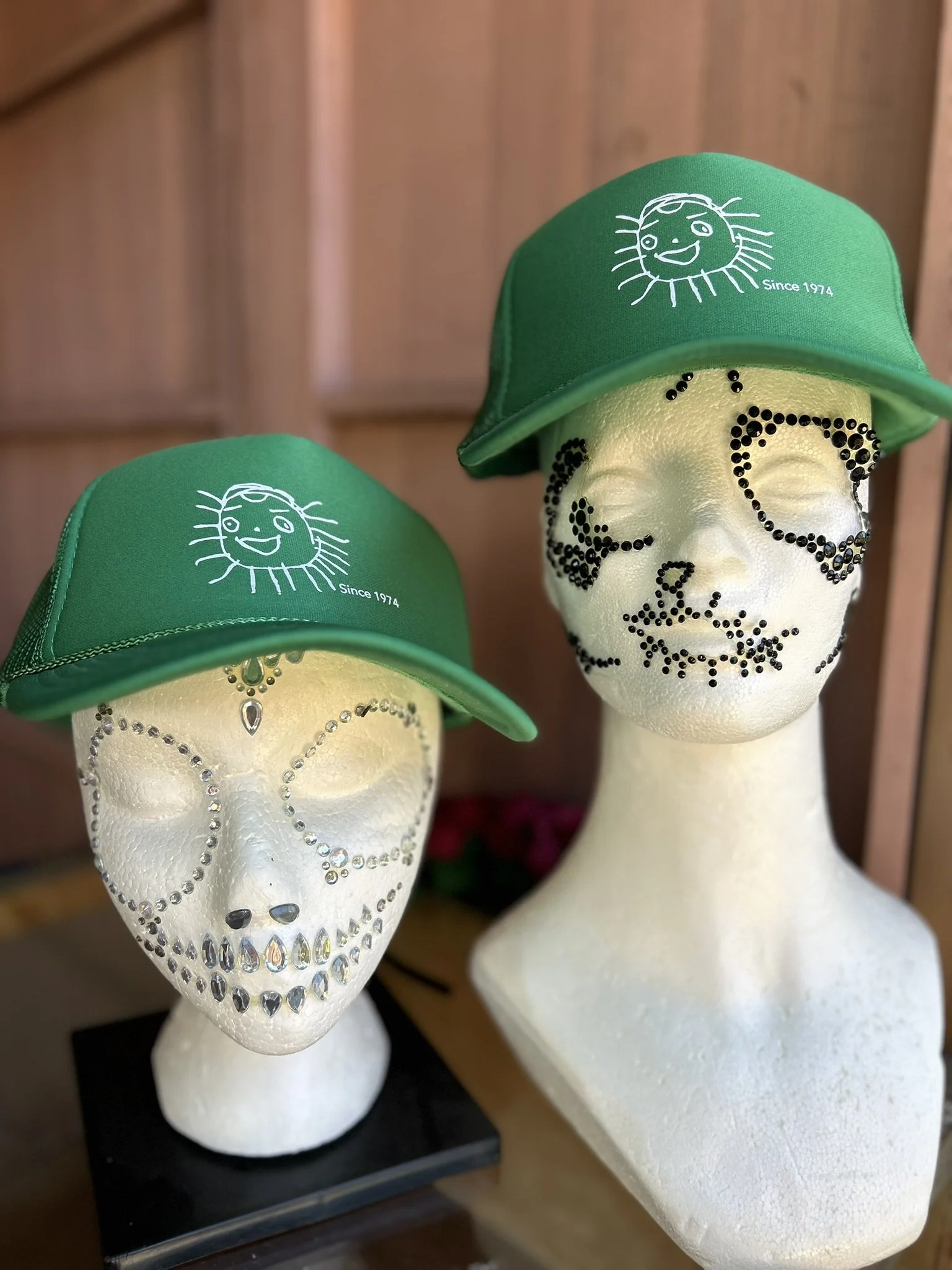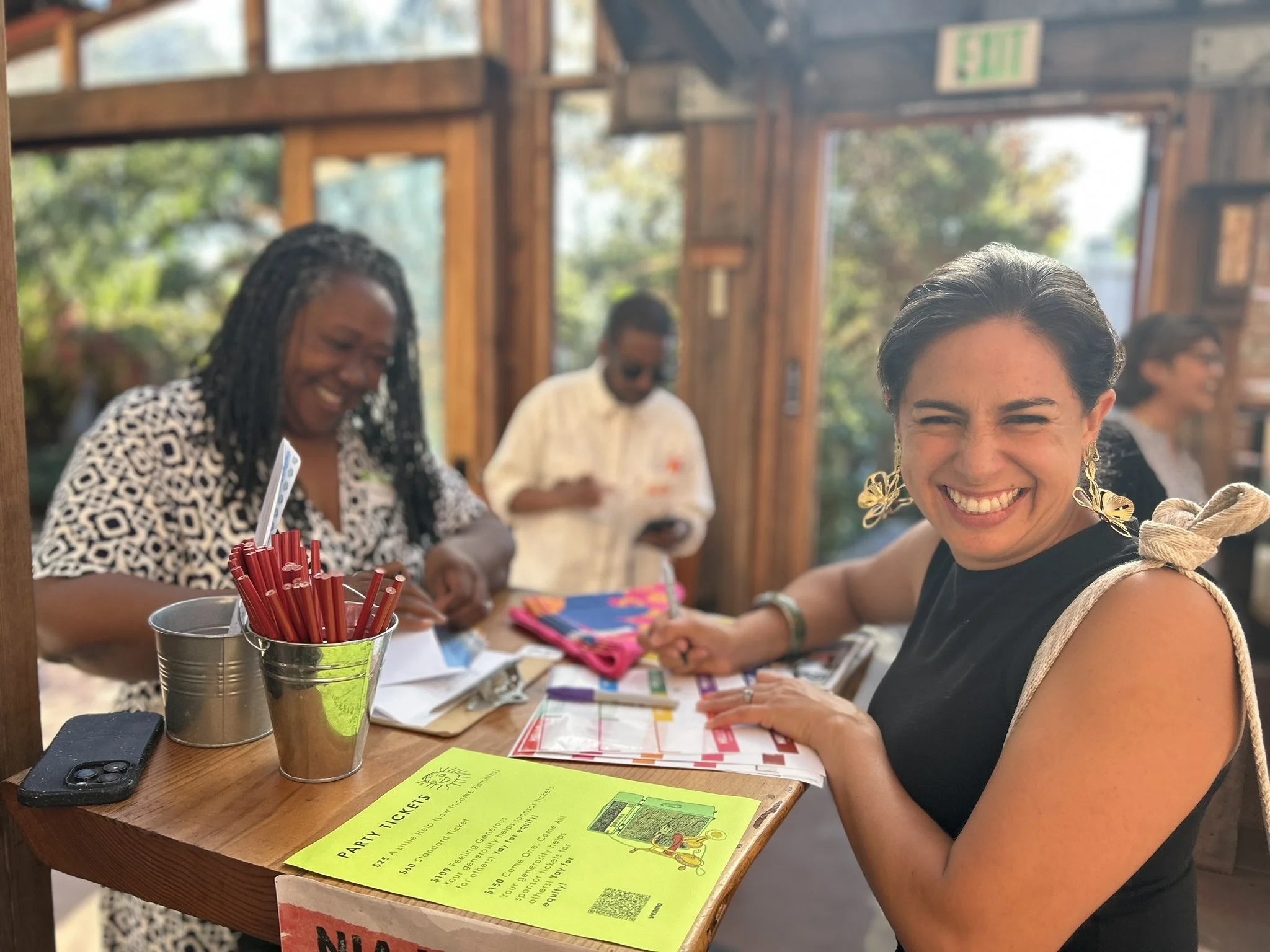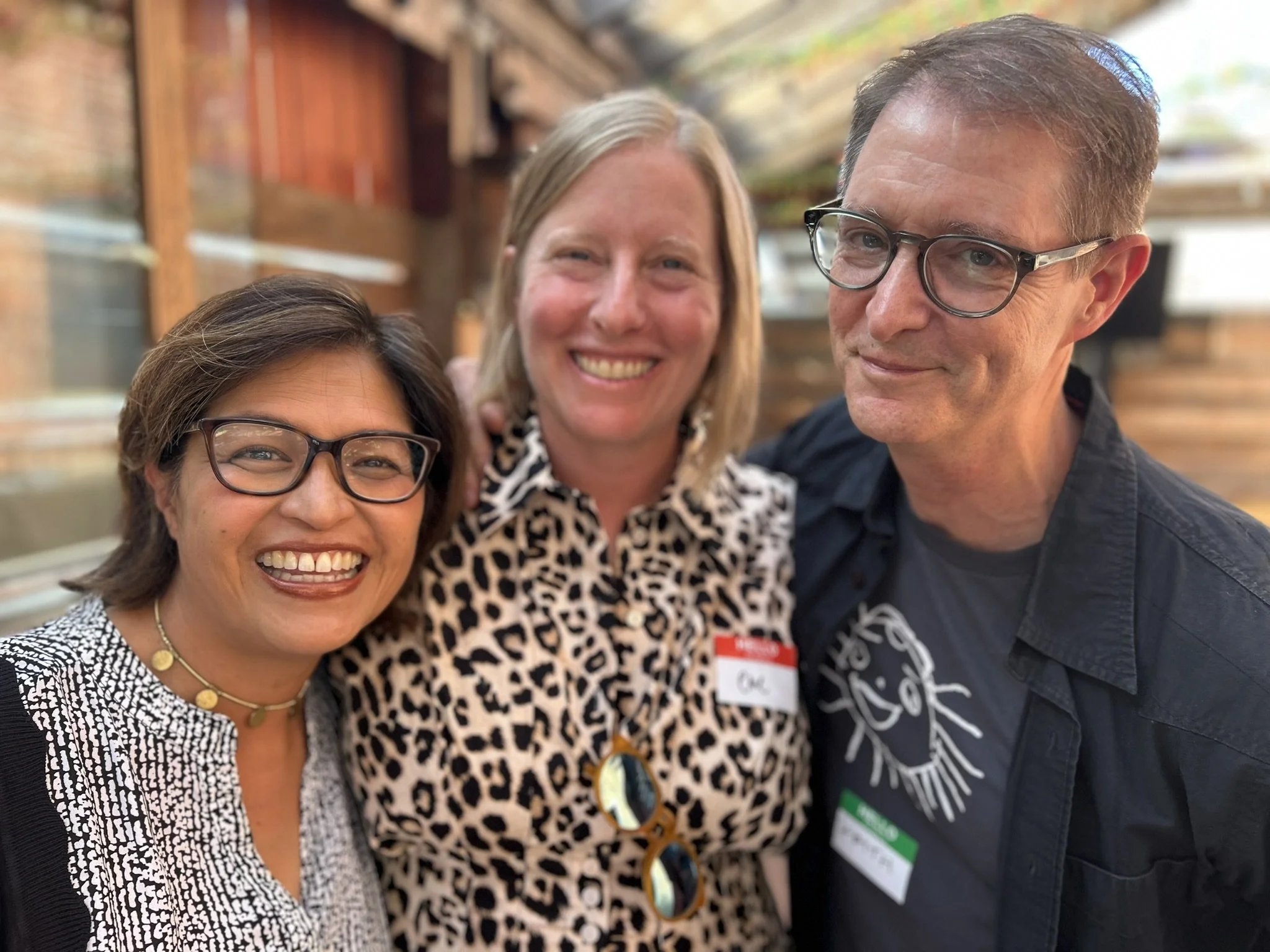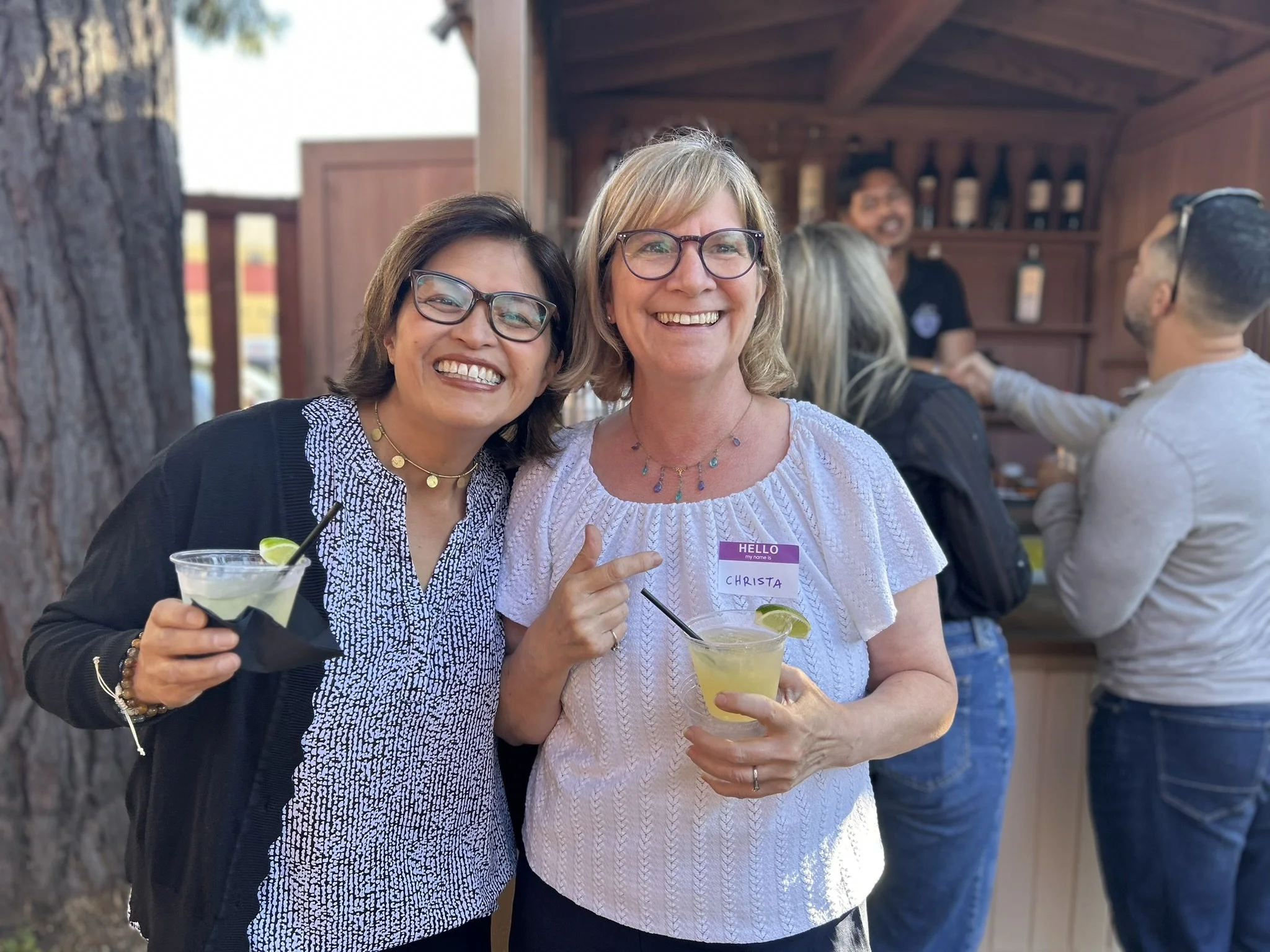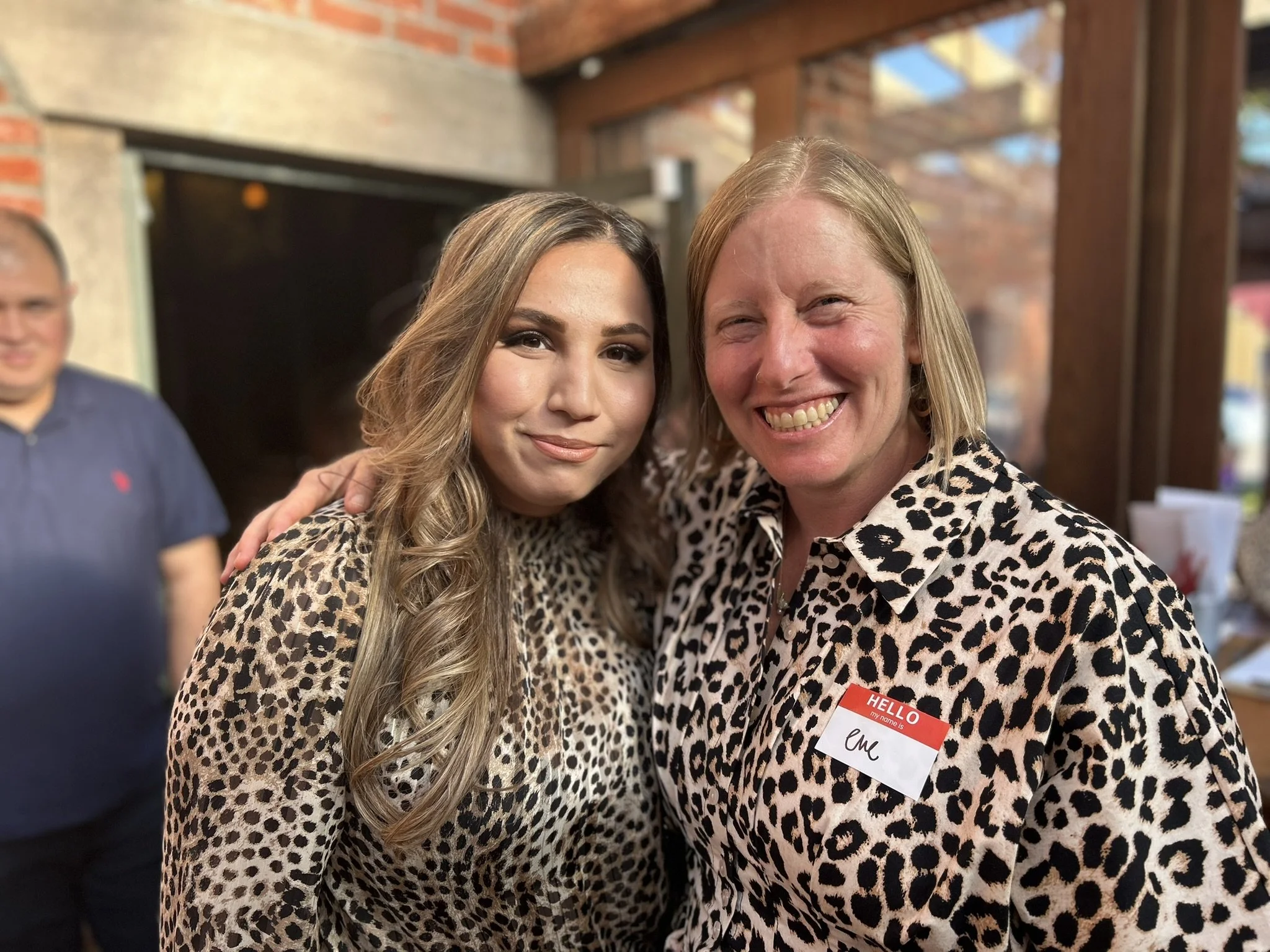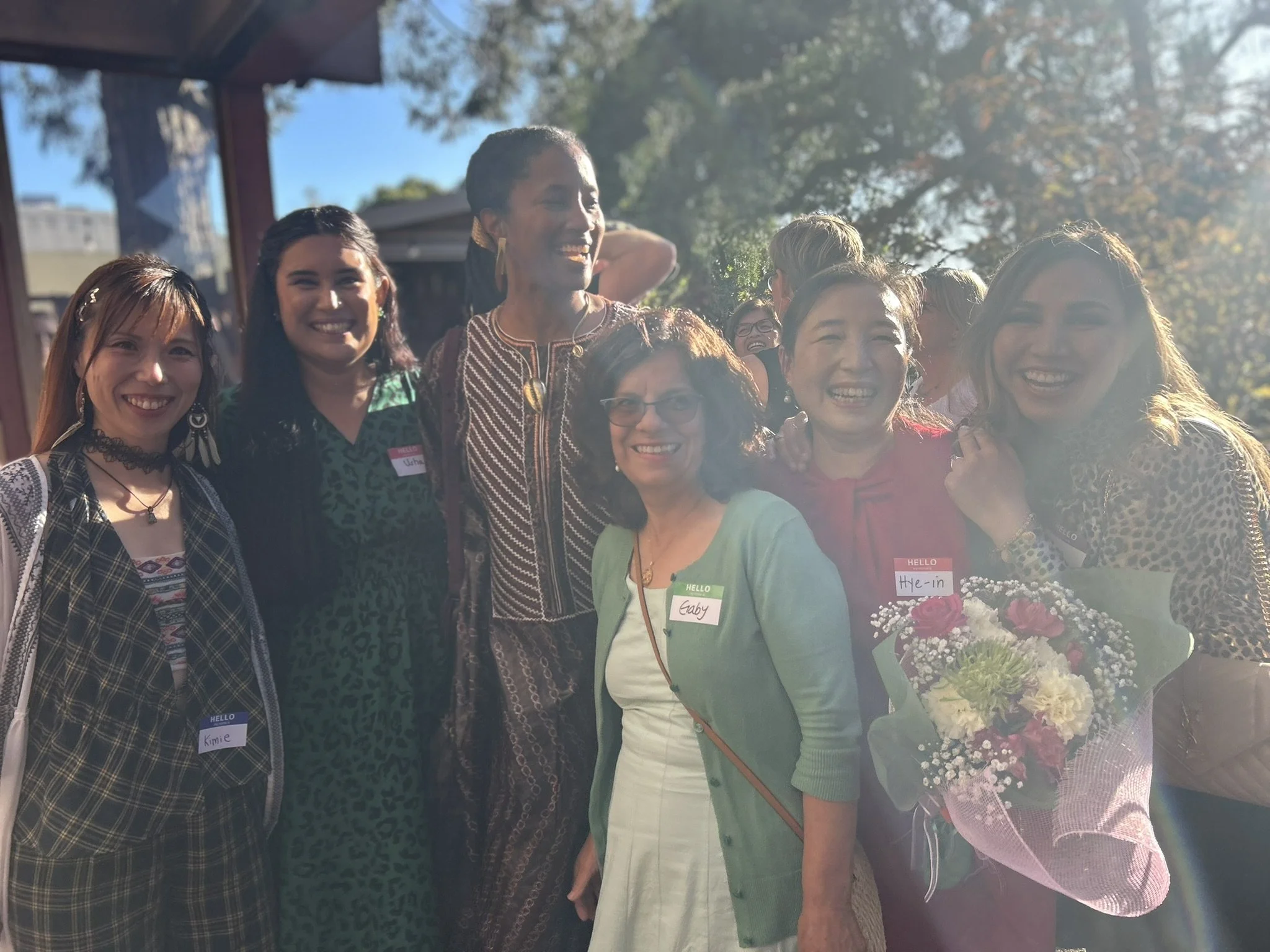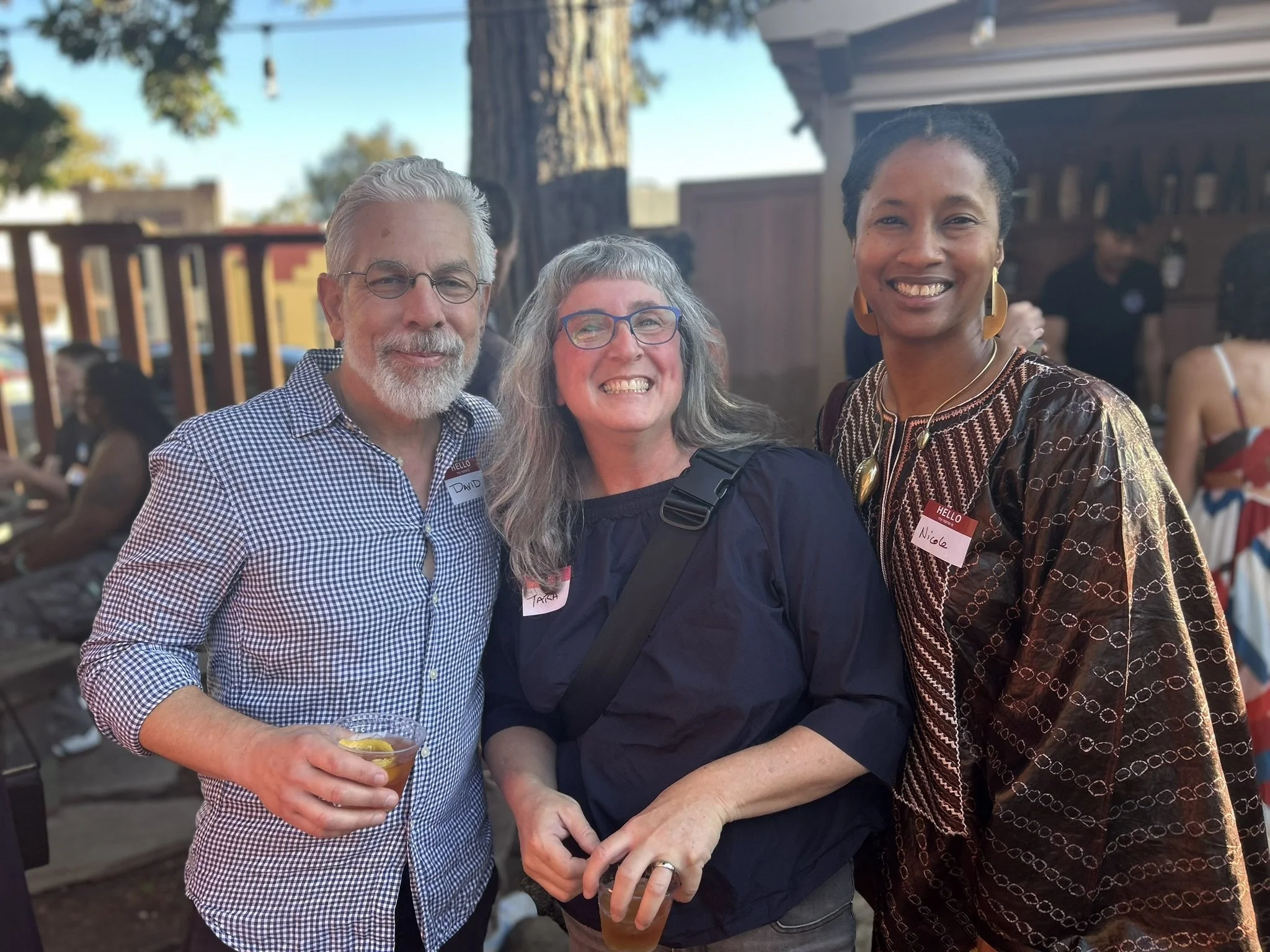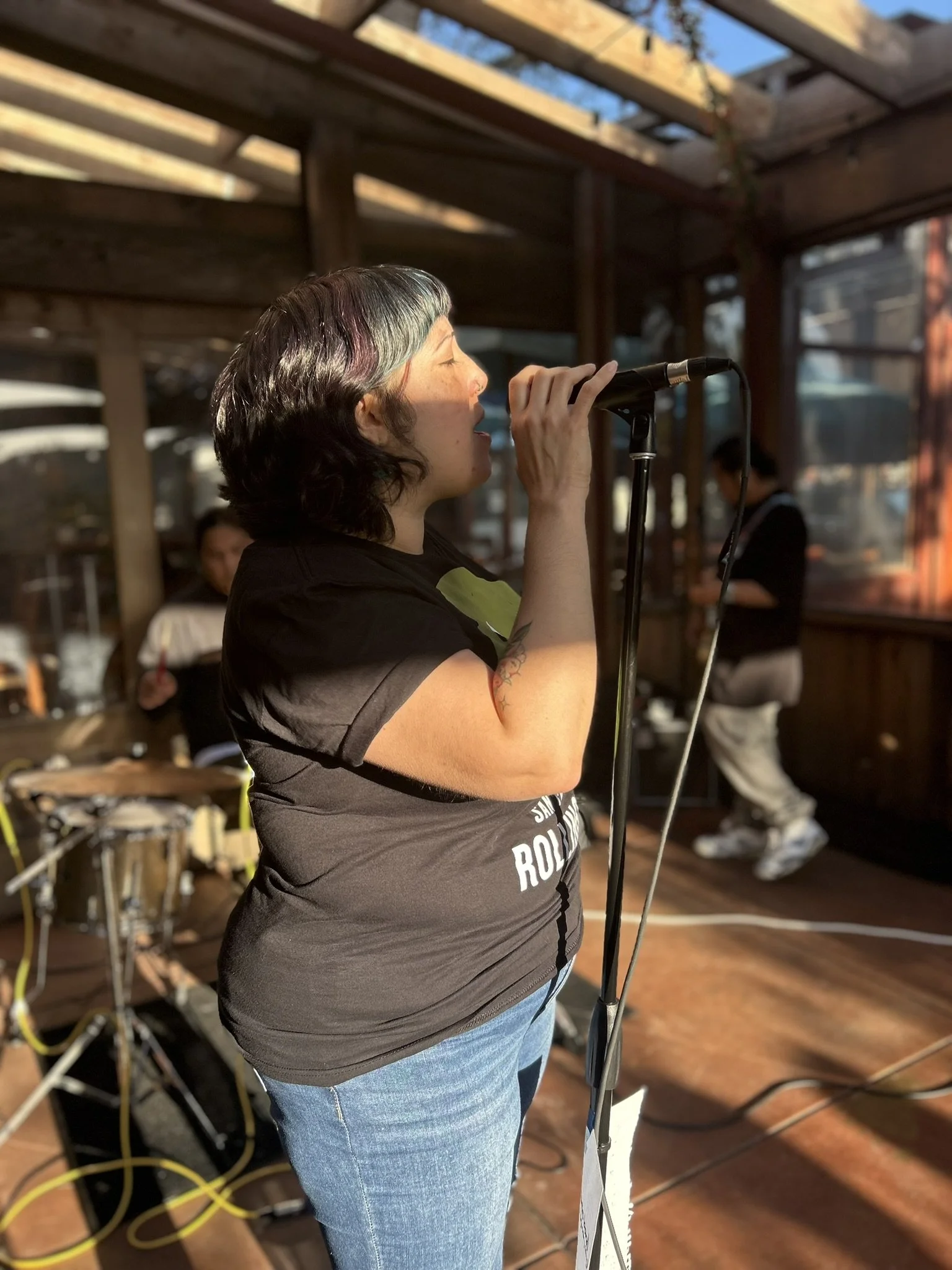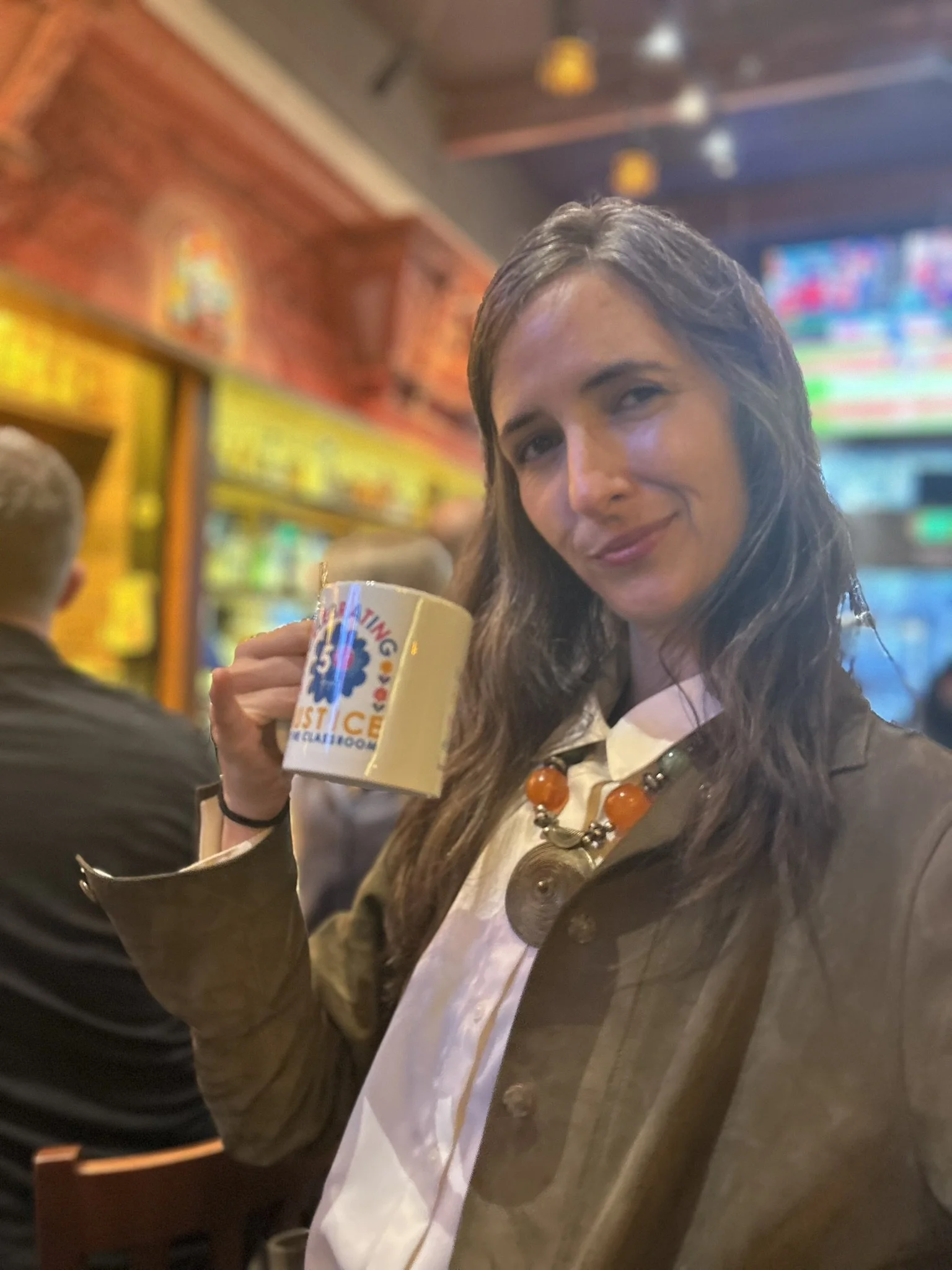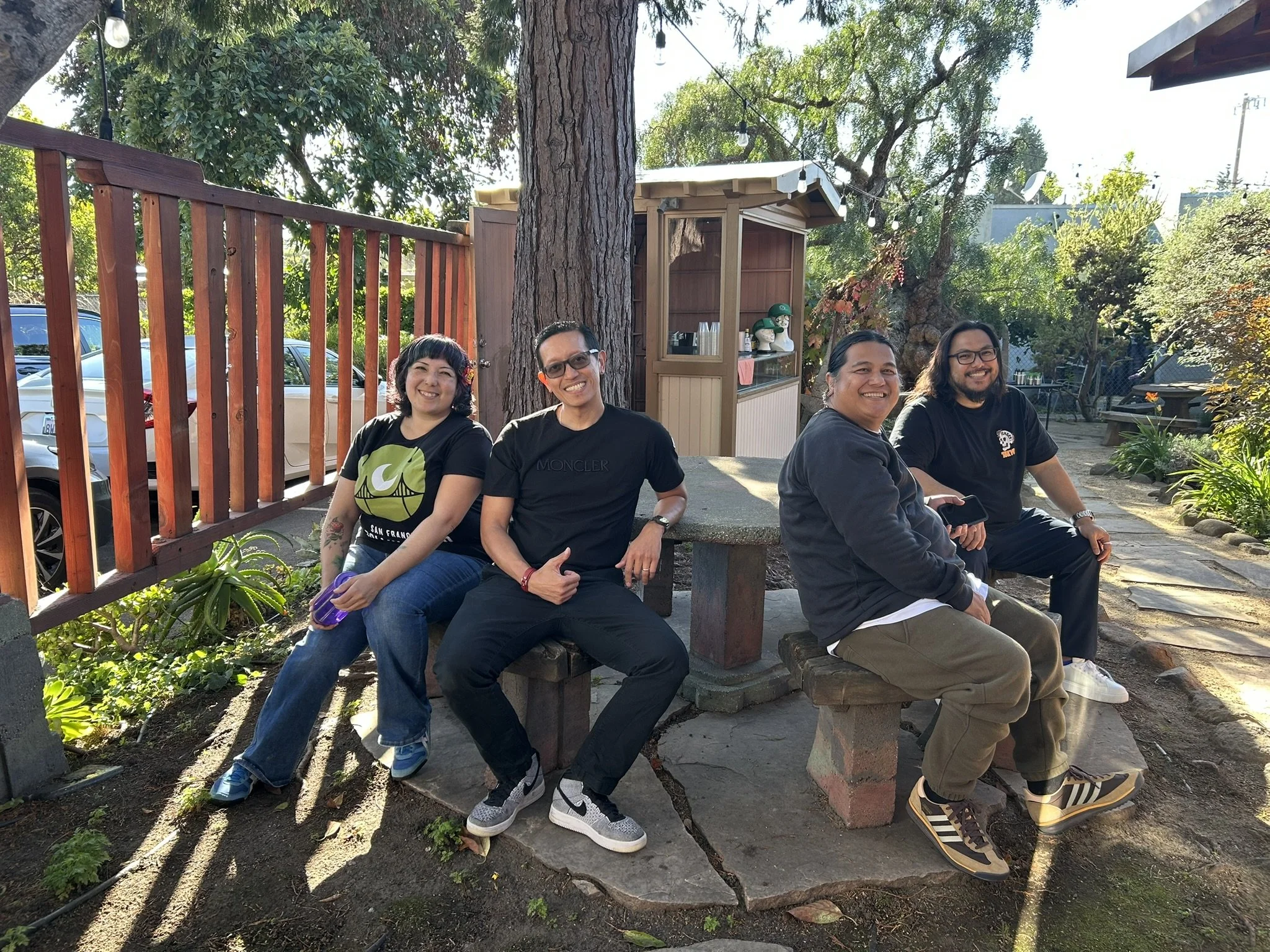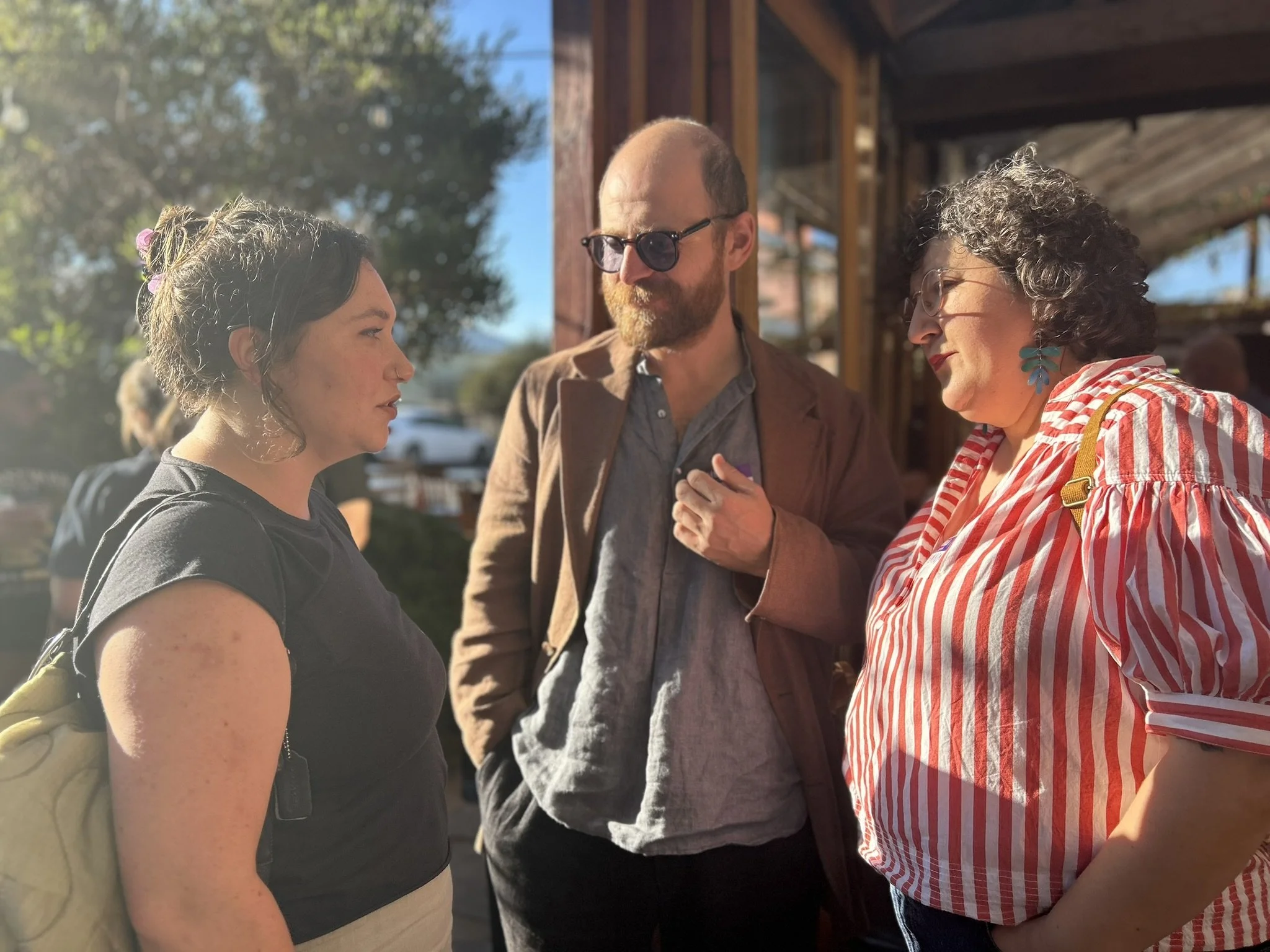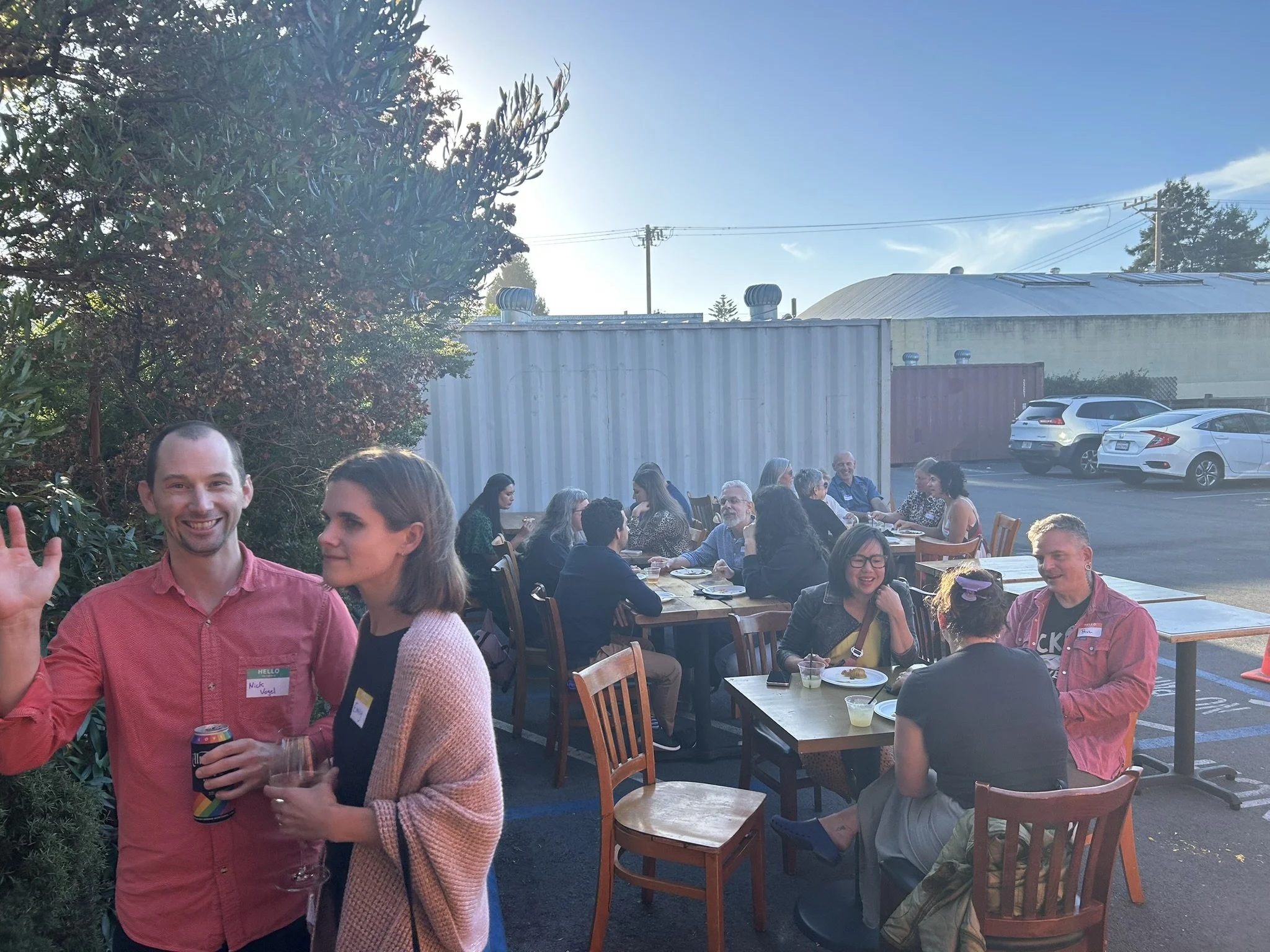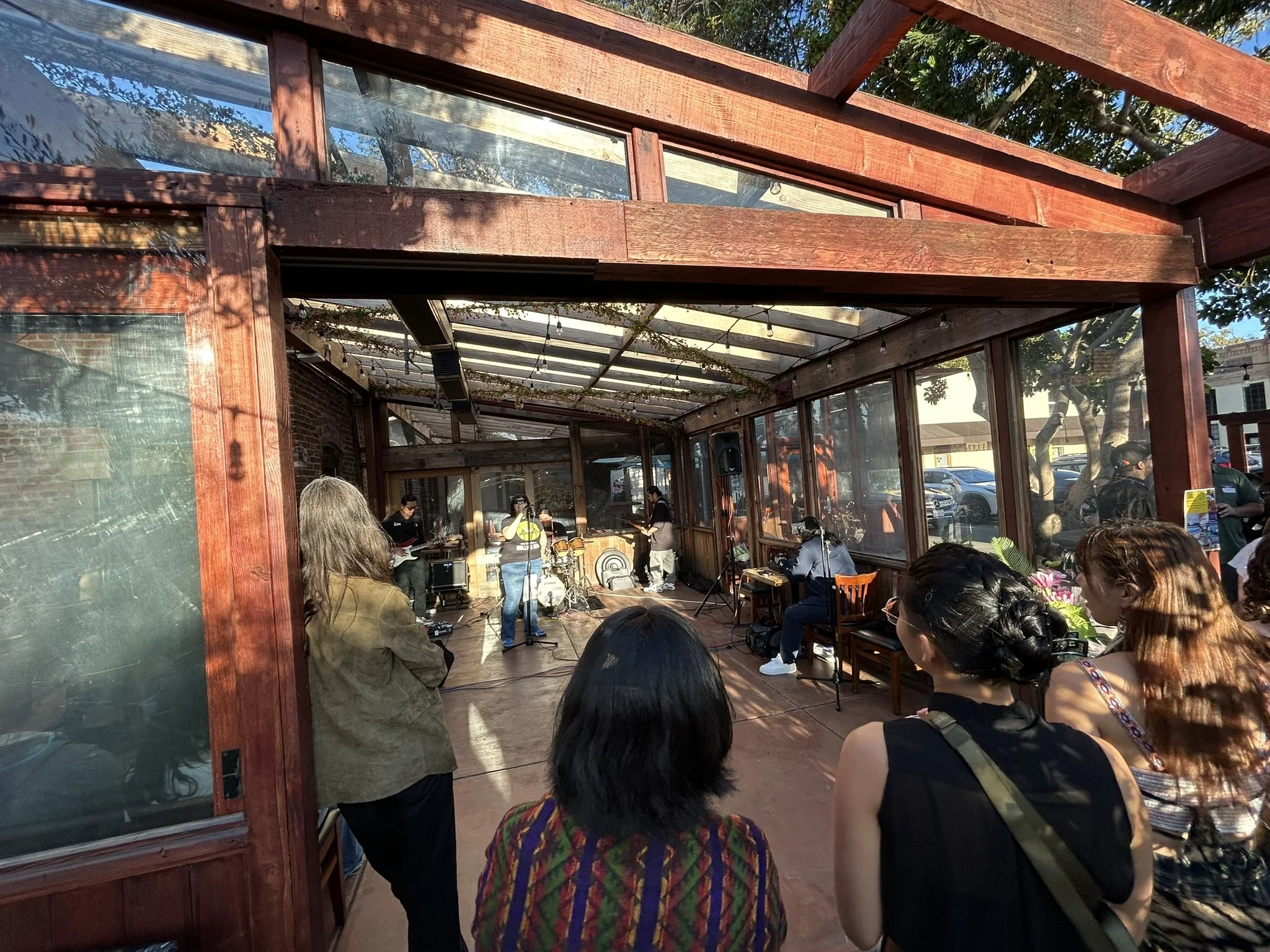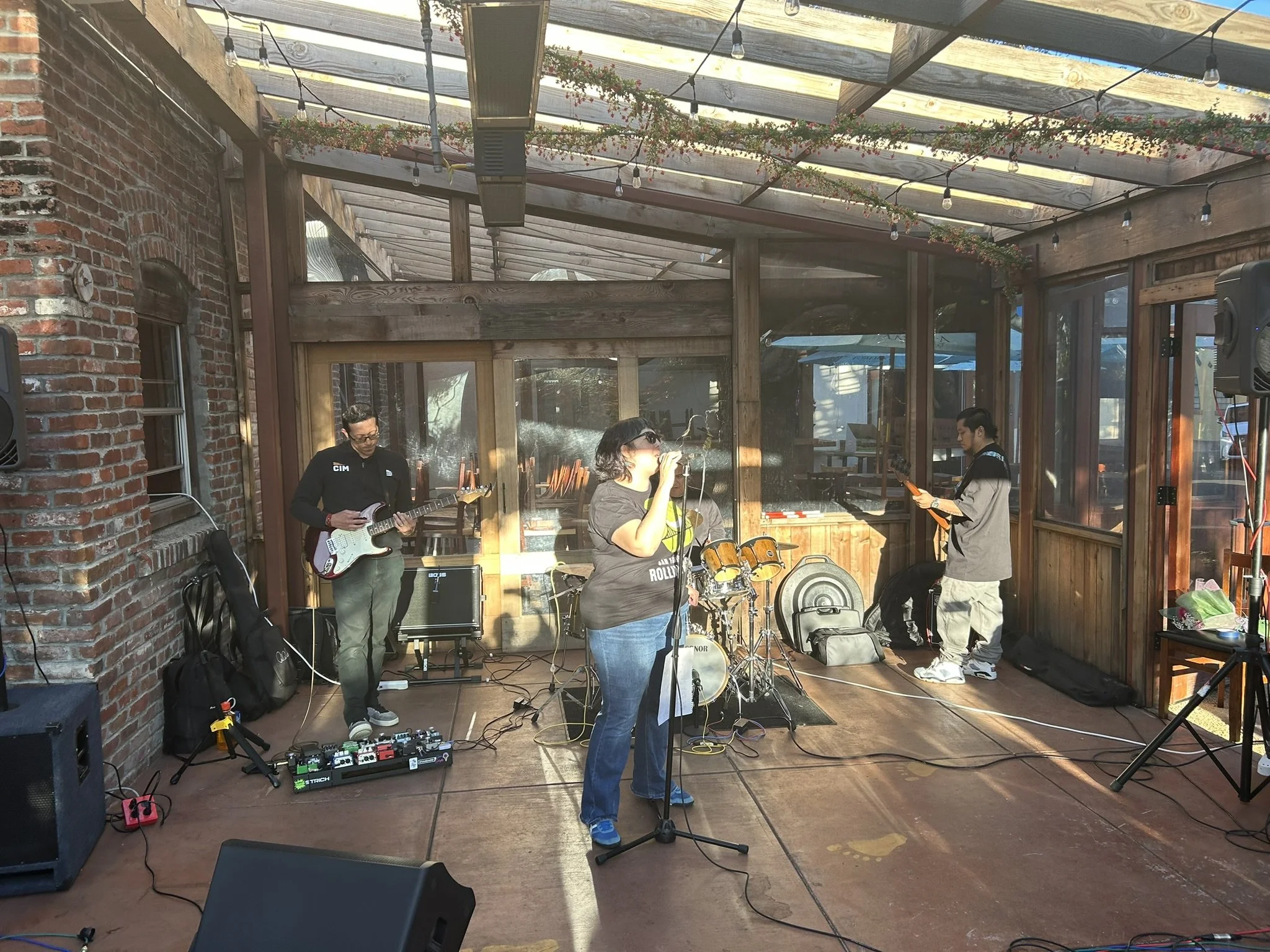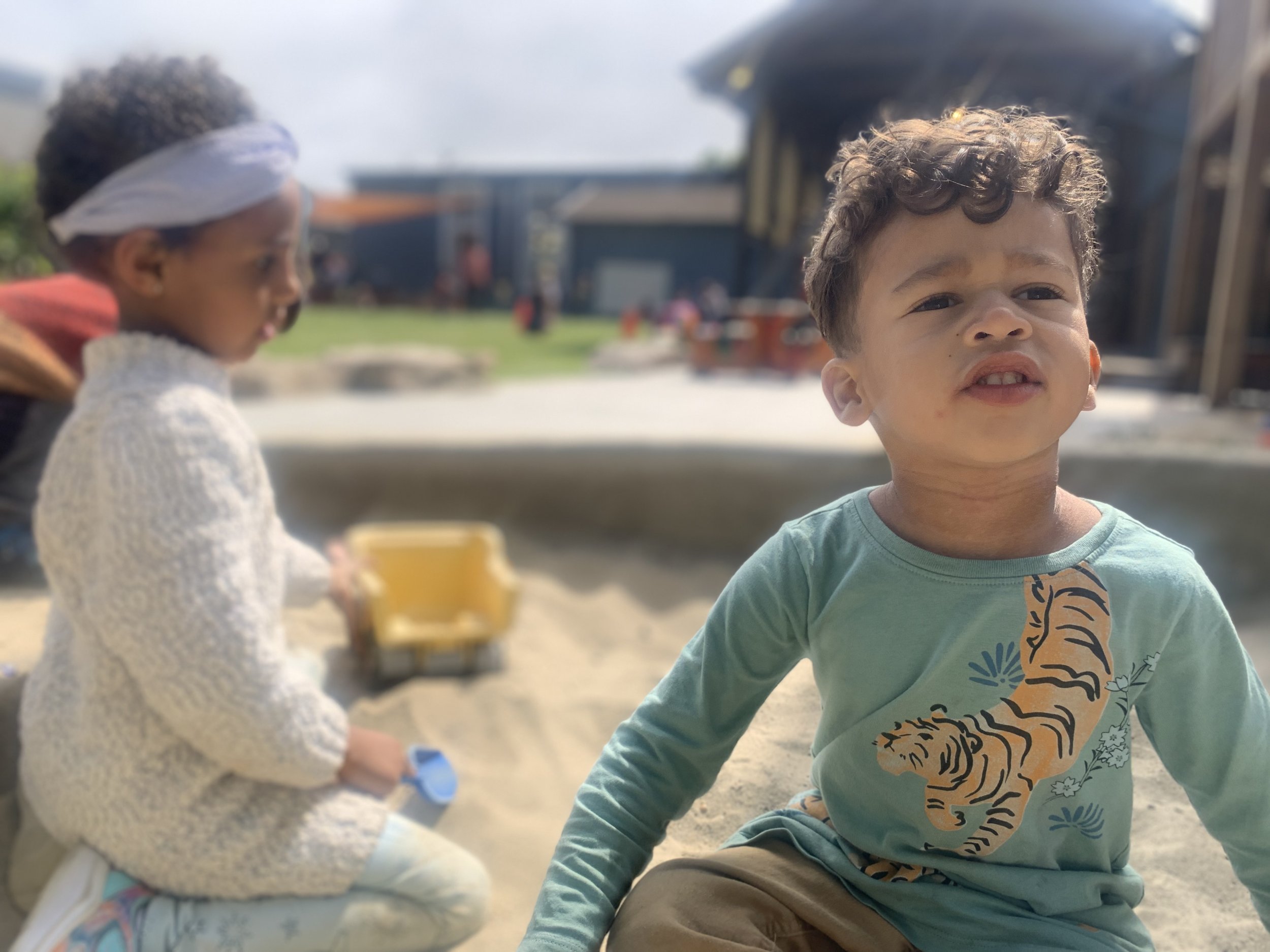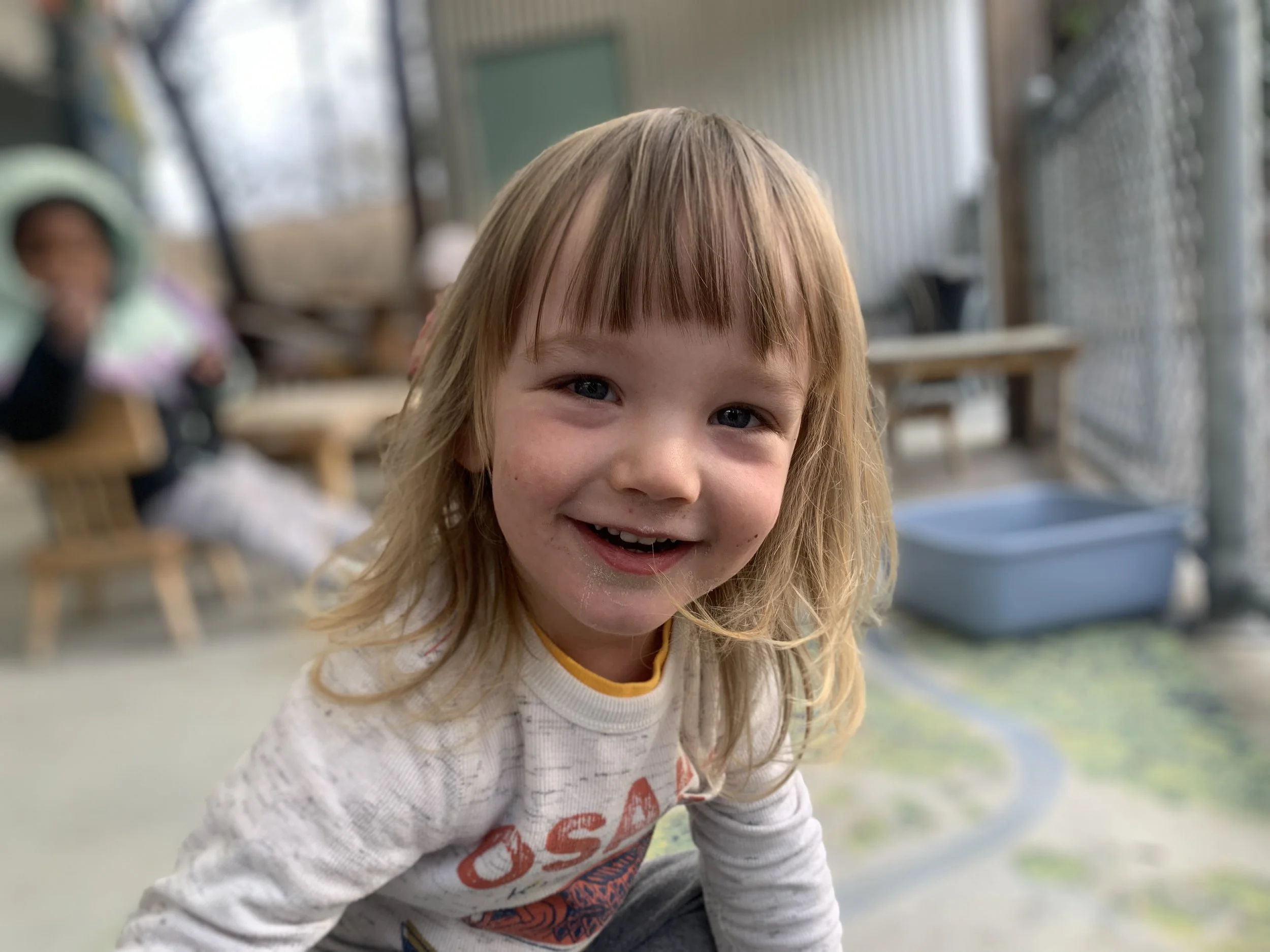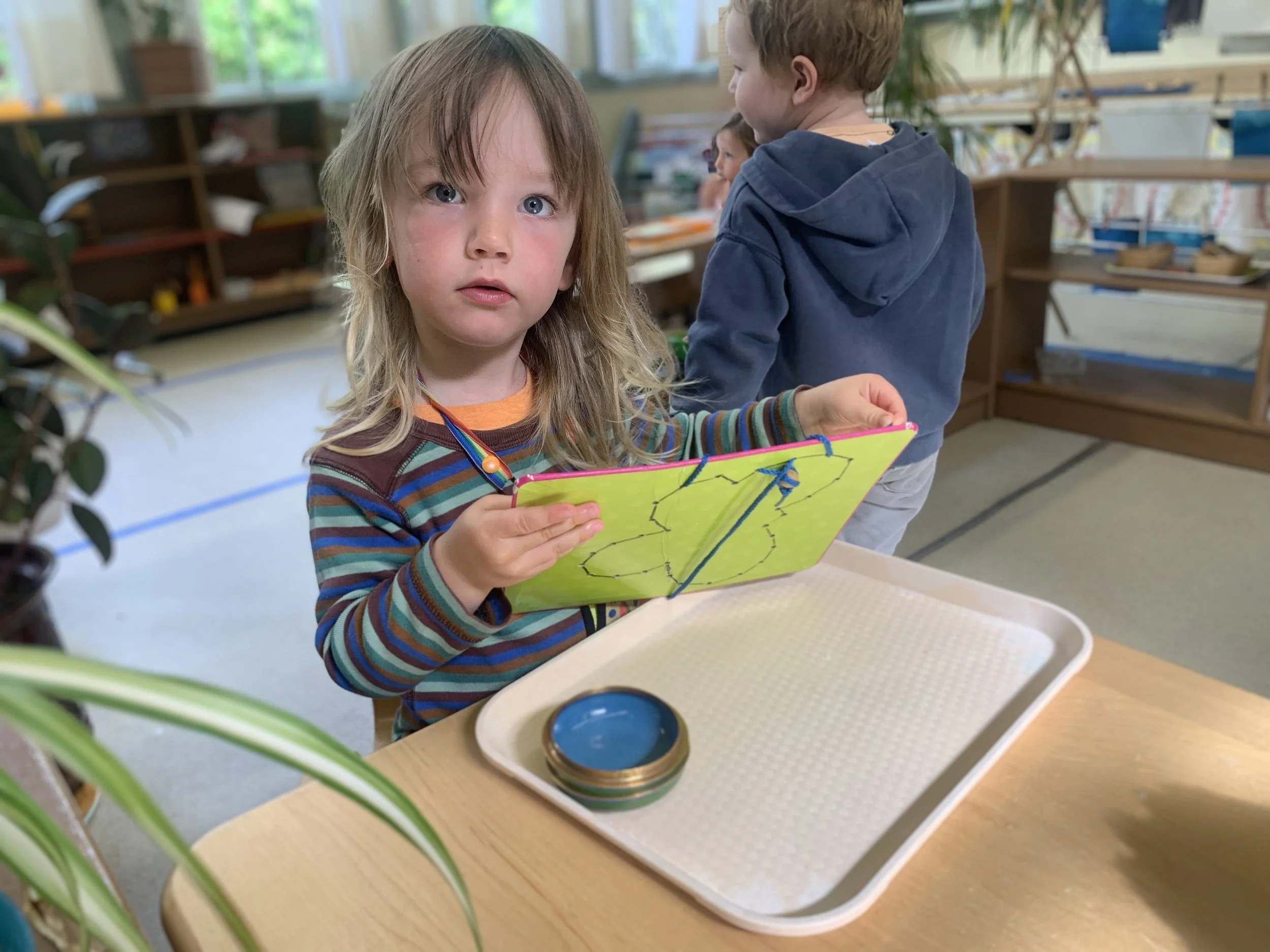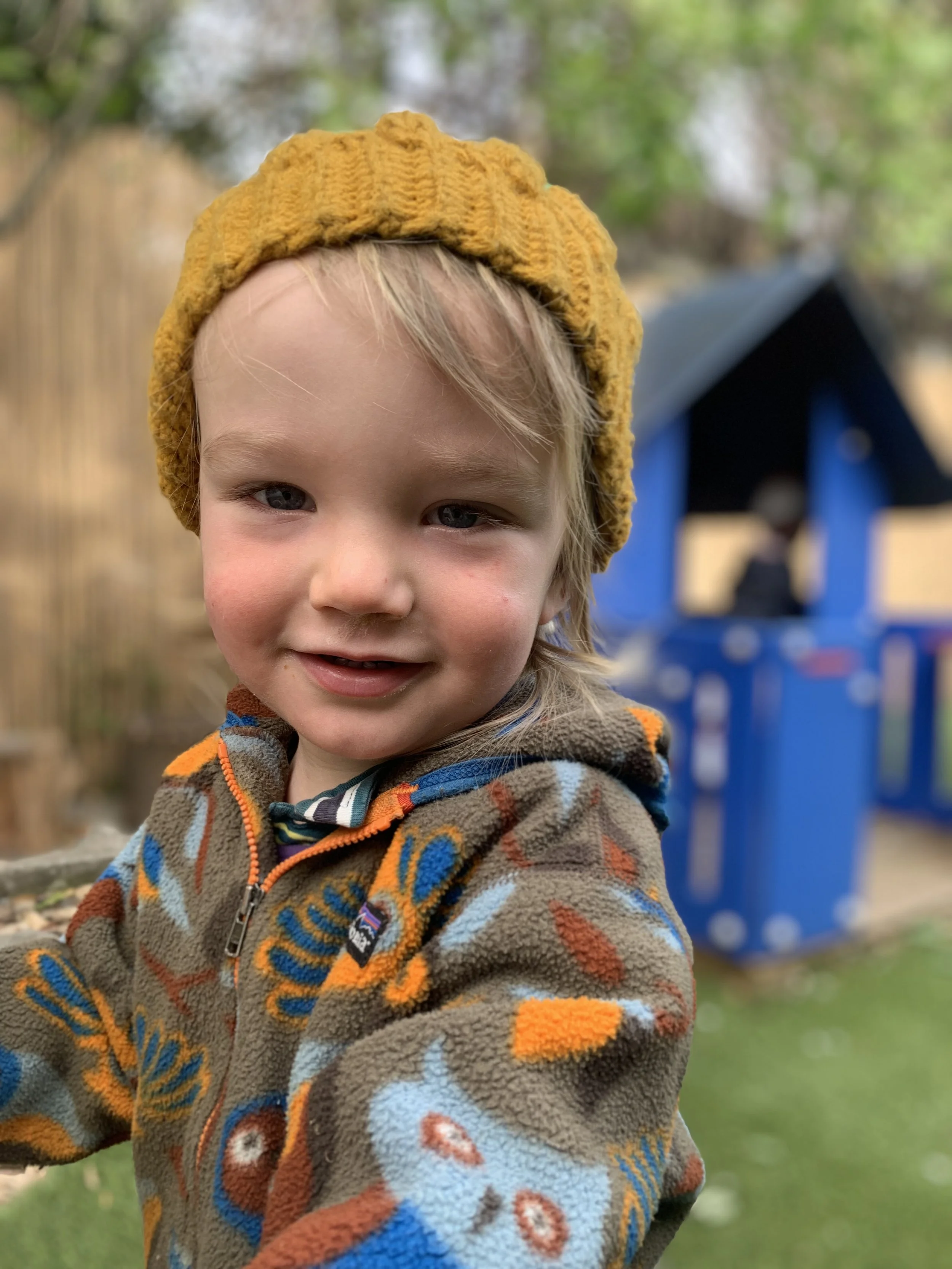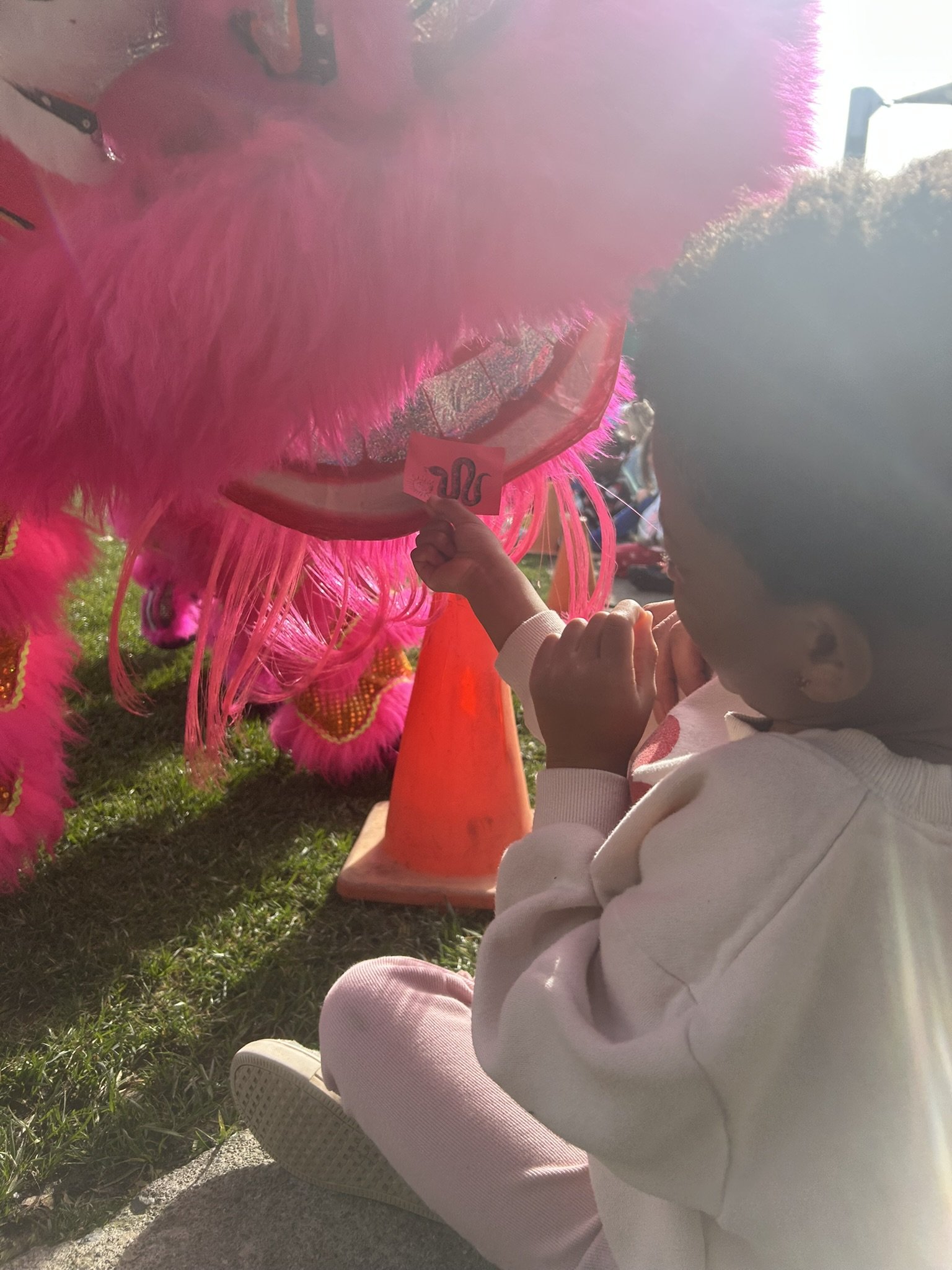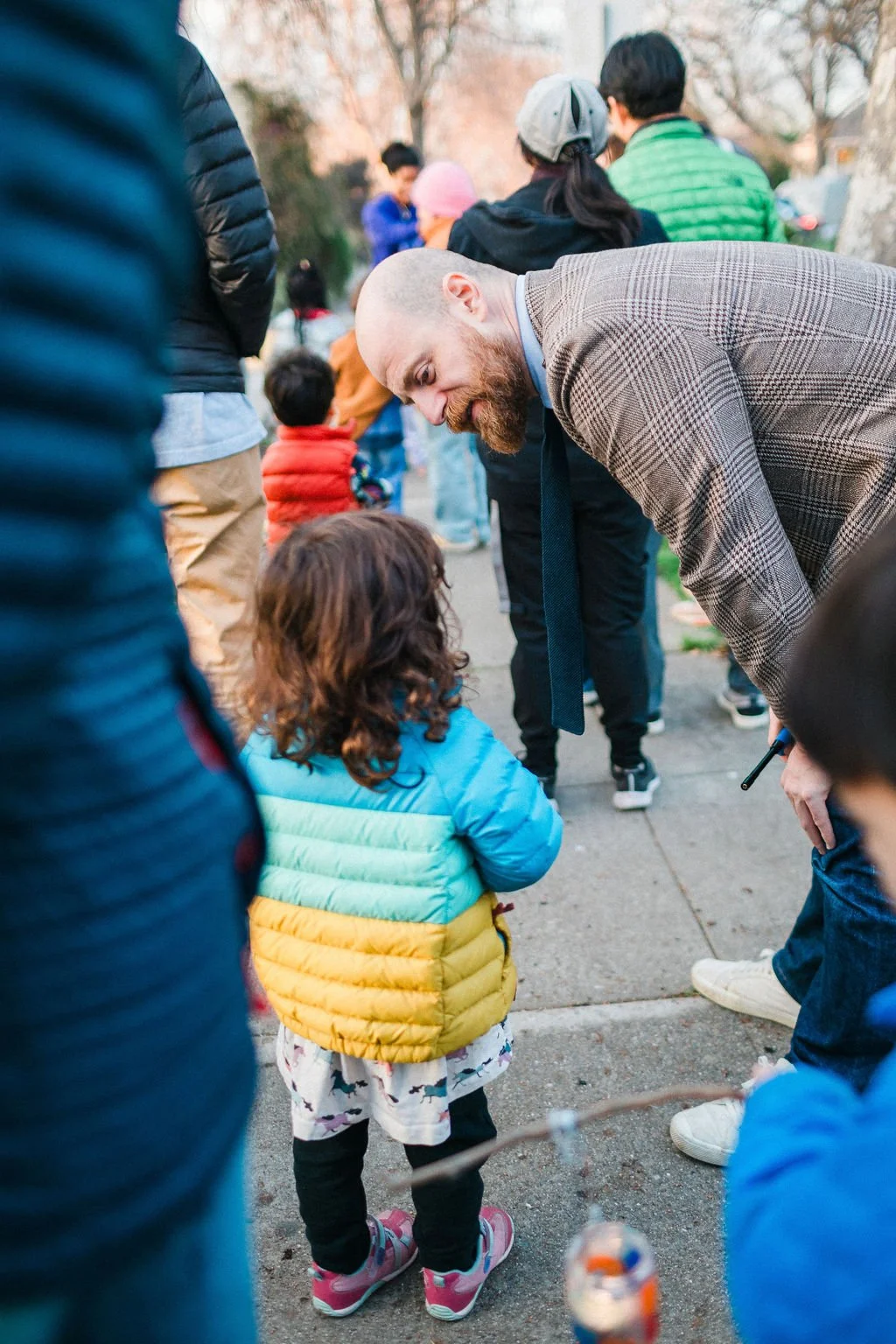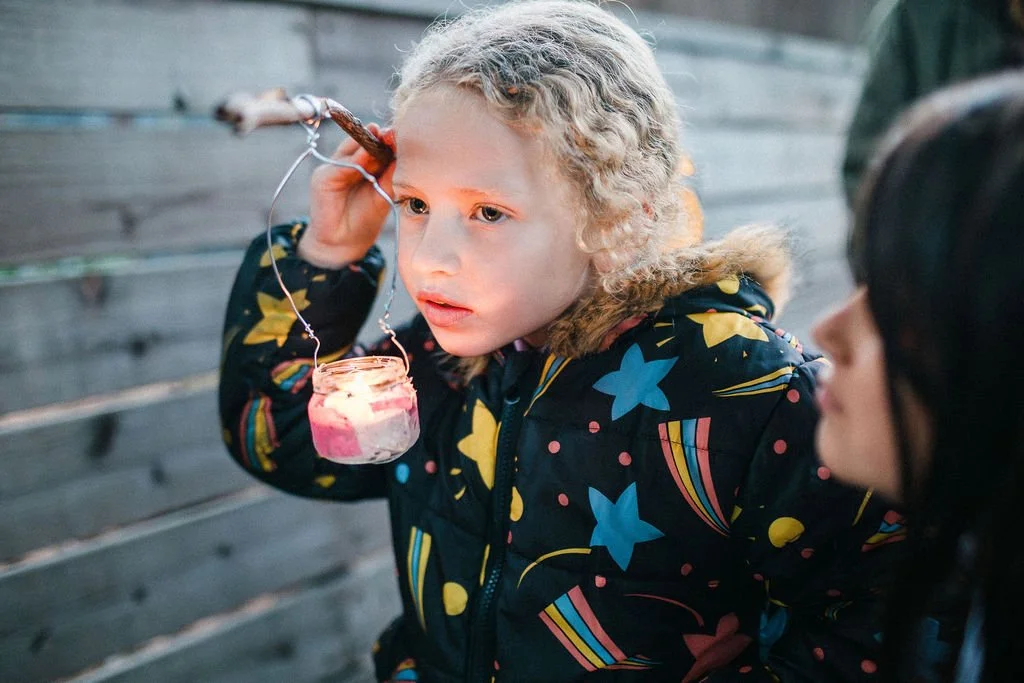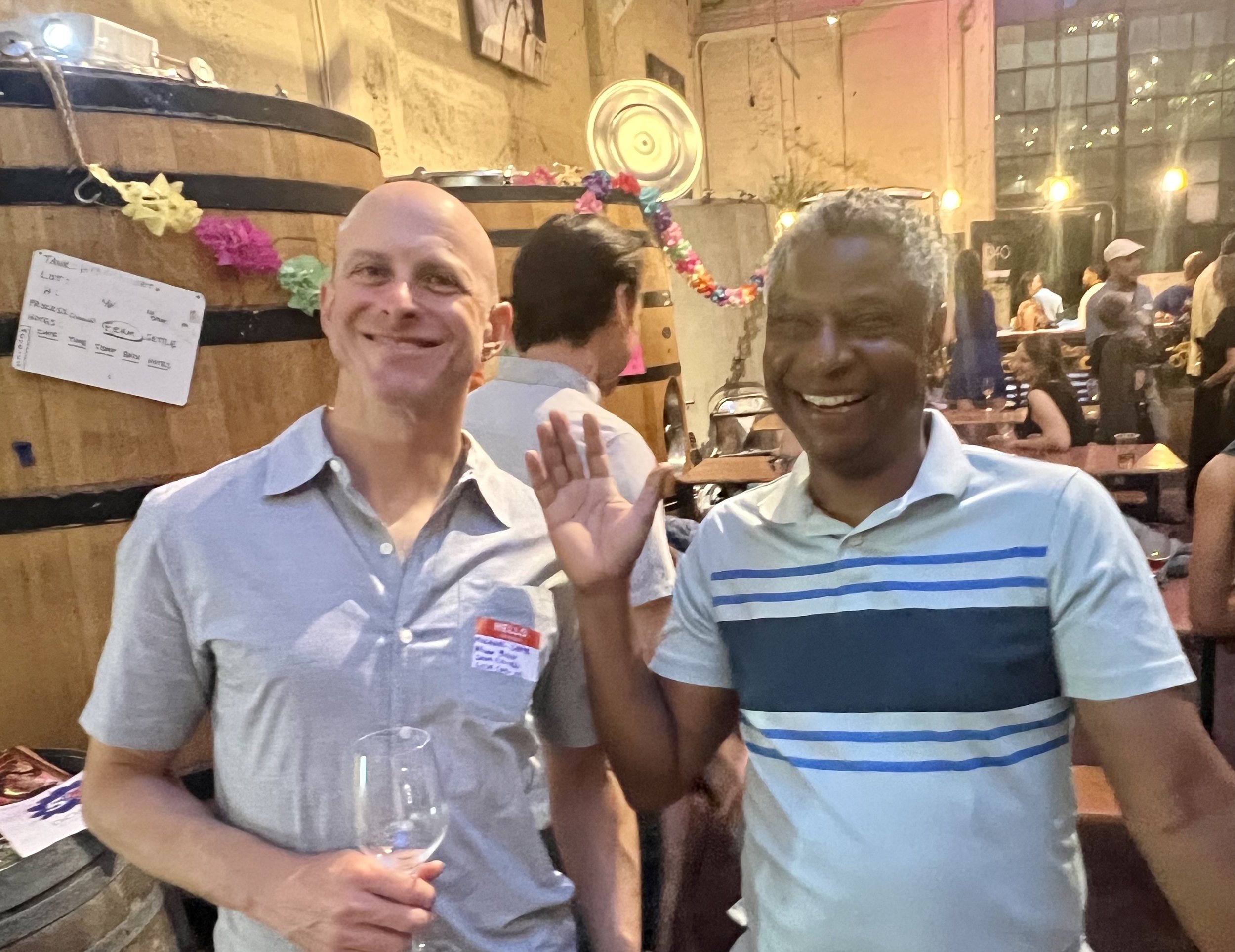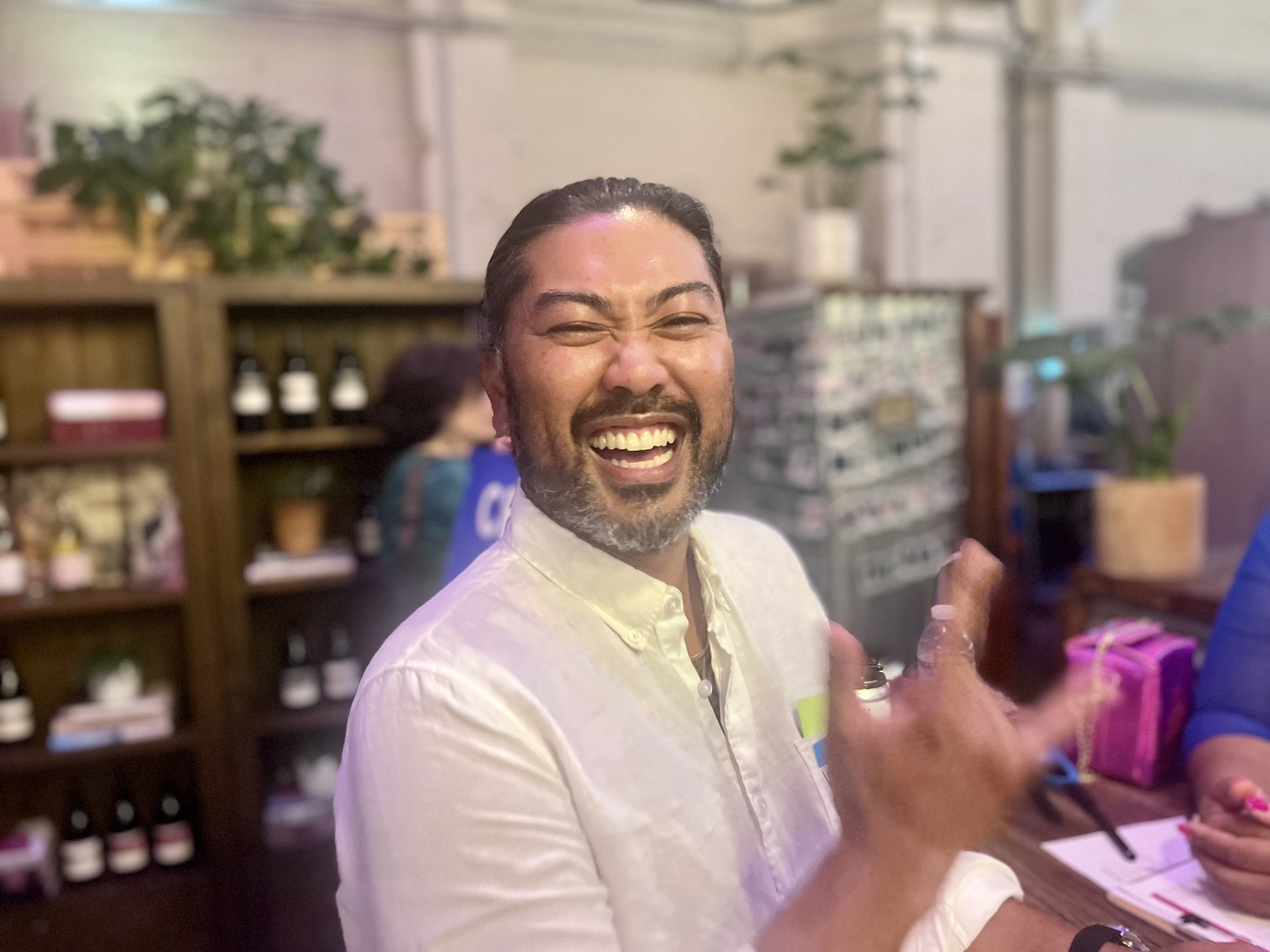Measure C at Nia House
Nia House received $75,000 from Measure C!
Read on to discover what Measure C is and how Nia House allocated the money.
What is Measure C?
In March of 2020, Alameda County voters passed the Children’s Health and Child Care Initiative for Alameda County, or Measure C. It is a 0.5% sales tax that will generate $150 million annually for expanded access to early childhood education.
First 5 Alameda County, are the administrators of the Child Care, Preschool and Early Education portion of the revenue.
The Five Goals of Measure C's 5-Year Plan
Increasing Access to Child Care Services
Recruiting and Retaining Early Educators
Measuring and Evaluating Impact
Accountability and Measuring Impact
Effective Administration and System Improvements
Measure C at Nia House!
A requirement of Goal 2- recruiting and retaining teachers is that each teacher receive a stipend of up to at least $1000.
Eve and the Nia House Board of Directors, unsurprisingly, took an equity based approach to the disbursement of the stipends. With Eve’s leadership, the Board approved that $45,000 be allocated toward staff stipend.
Nia House scaled the stipends, relying on two variables, salary and years at Nia House. Nia House teachers with lower salaries and longer years will receive higher stipends. Alternatively, teachers with higher salaries and less years served at Nia House received lower stipends. All stipends are above $1000 and go as high as $3890! Thank you Nia House and Measure C!
The remaining Measure C money will go towards site assessment and building infrastructure repairs. Not as exciting, but necessary!
Inclusion at Nia House
At Nia House, we strive to cultivate a community of belonging. In learning environments, an “inclusive school environment" means that all children—regardless of learning style, language, or ability—are welcomed, supported, and honored for who they are. Inclusion is a component to the way we build community.
In early childhood, children grow and change rapidly, and it’s often during these years that their unique needs begin to emerge. Through annual developmental screenings, thoughtful teacher observations, and ongoing conversations with parents and caregivers, we work together to understand each child’s strengths and challenges. This partnership is essential to our approach.
We welcome and support learners with language, sensory, cognitive, and behavioral differences and disabilities. When a child needs additional help beyond what the Nia House teachers can offer, we believe early intervention can make an important difference. Our goal is to ensure that every child at Nia House has access to the resources, strategies, and compassionate support they need to thrive.
Early intervention support comes from a variety of sources, including but not limited to: The Regional Center, Help Me Grow, Berkeley Unified School district or the district in which a family resides, your child’s pediatrician. It is key to include your pediatrician in conversations around your child’s development. They may refer you to a specialist within your healthcare network. Each school district evaluates children’s needs and also can provide specialized and individual services to children as needed. Help Me Grow is a First 5 resource network that can help parents and caregivers navigate the first steps of assessments for children and ensure that you, the parents, know where to start in acquiring early intervention support.
Inclusion benefits all children.
A diverse learning community enriches the experiences of typically developing children as well. When children learn and play alongside peers with a wide range of abilities, they develop:
Empathy and compassion
They learn to understand and appreciate perspectives different from their own.Patience, flexibility, and problem-solving skills
They adapt, negotiate, and find creative ways to communicate and collaborate.Confidence and leadership
Helping, modeling, and supporting peers builds social competence and kindness.Comfort with diversity
Children grow up seeing differences as a natural and welcomed part of community life.
These early experiences shape children into thoughtful, open-hearted individuals who feel responsible for one another and capable of contributing to a diverse world.
For families, this means:
Your child will be met and supported exactly as they present
You will be included as a partner in understanding your child’s development
We will collaborate with you—and, when helpful, outside specialists—to support your child
Your child will learn in a community where differences are respected
At Nia House, inclusion is an important value and goal. We want every child and every family to feel a sense of belonging, connection, and possibility. Together, we create a school where all children can grow, explore, and flourish in their own unique ways.
Resources:
Help me grow
The Regional Center
BUSD Special Education
OUSD Special Education
West Contra Costa County Special Education
Family Resource Navigators
Party 2025
Back to School Slideshow

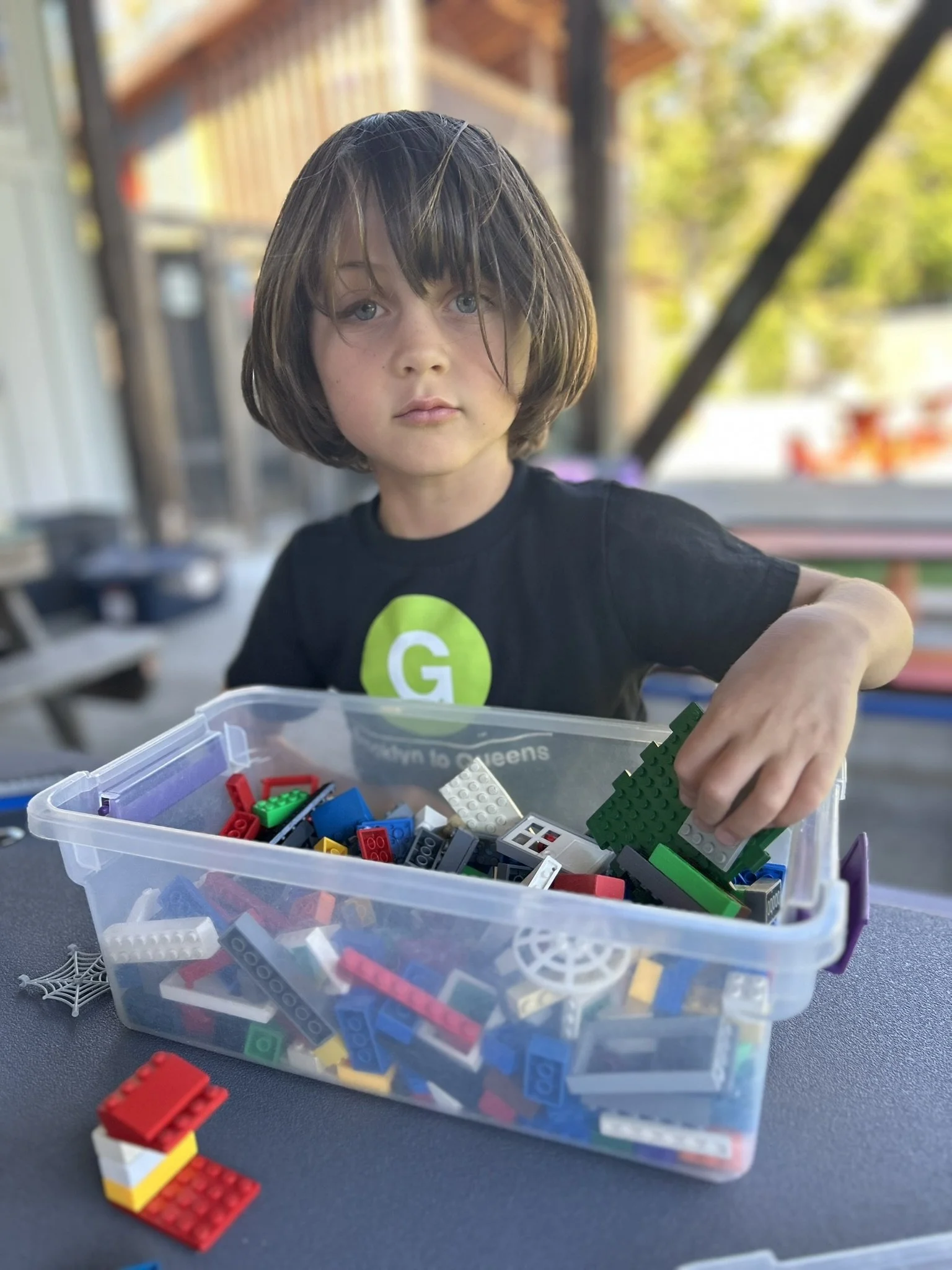


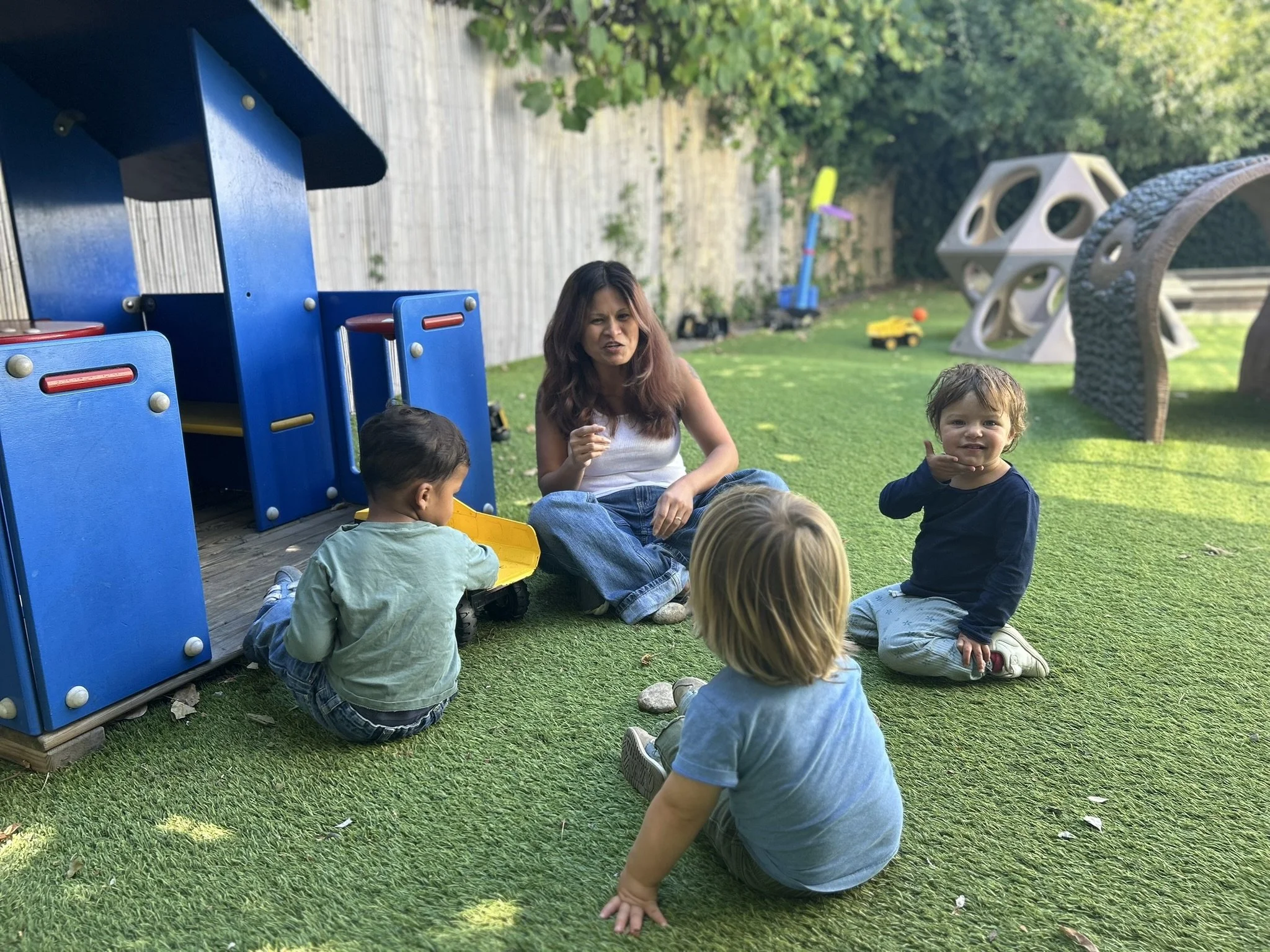






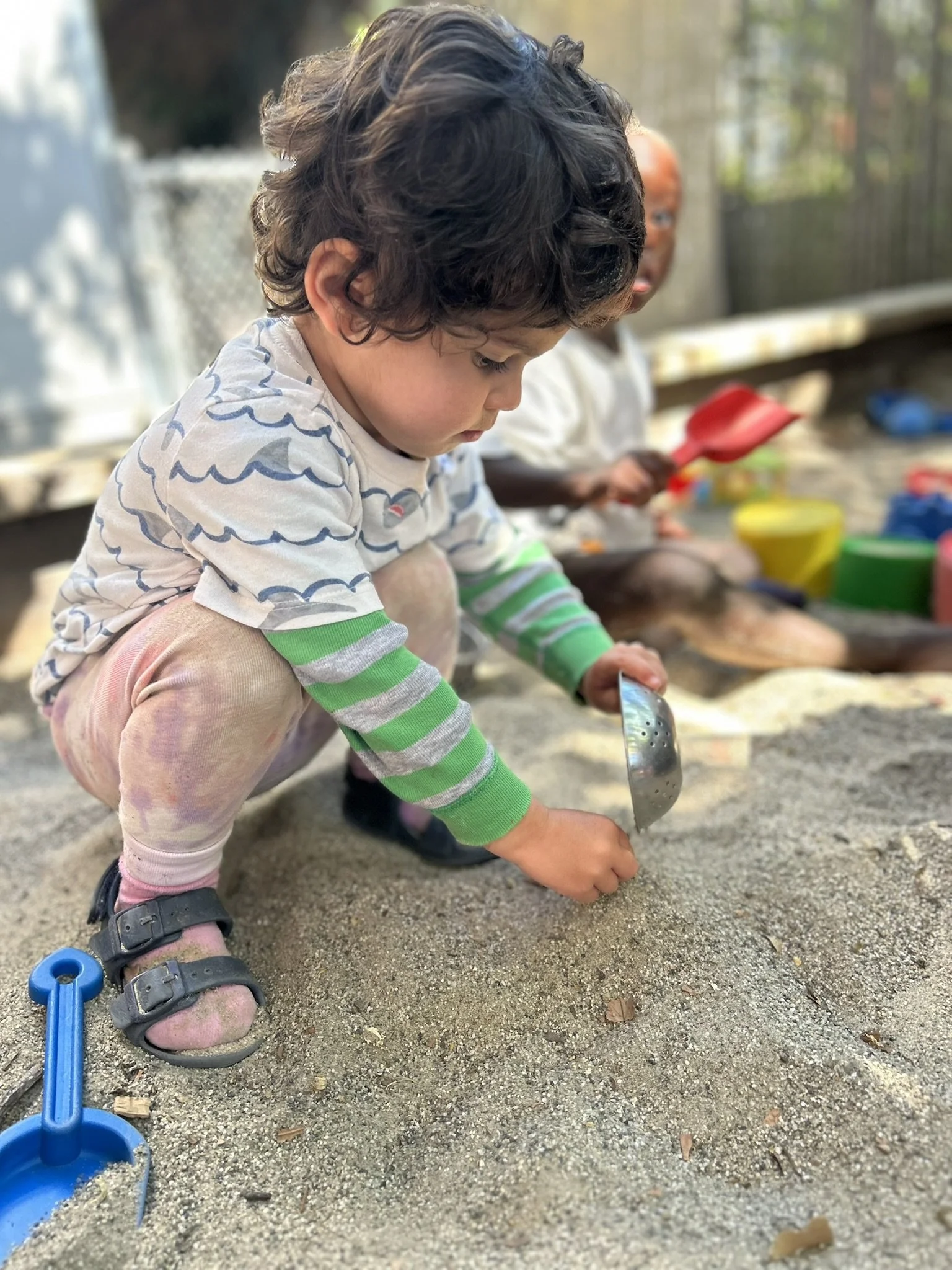

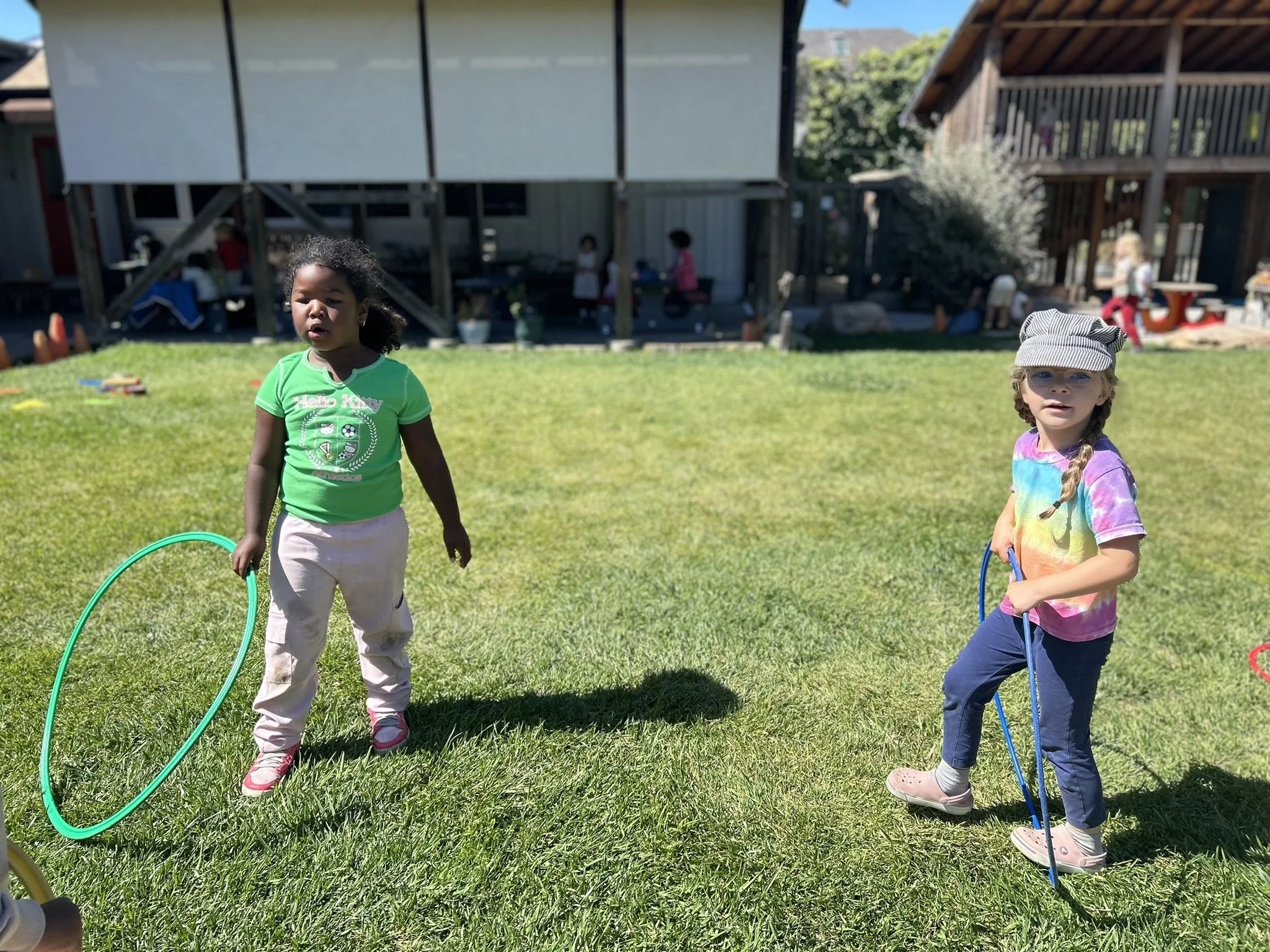

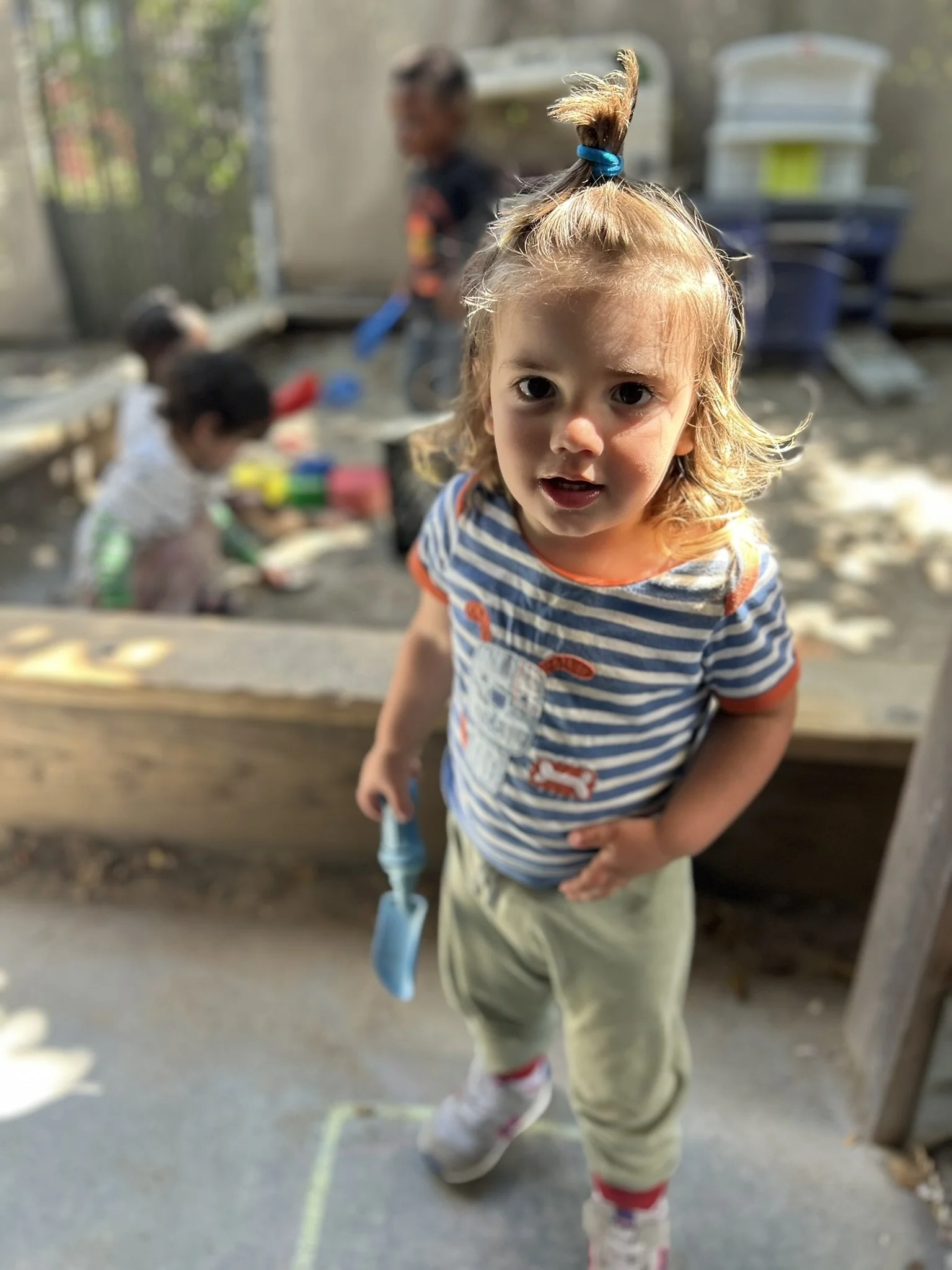


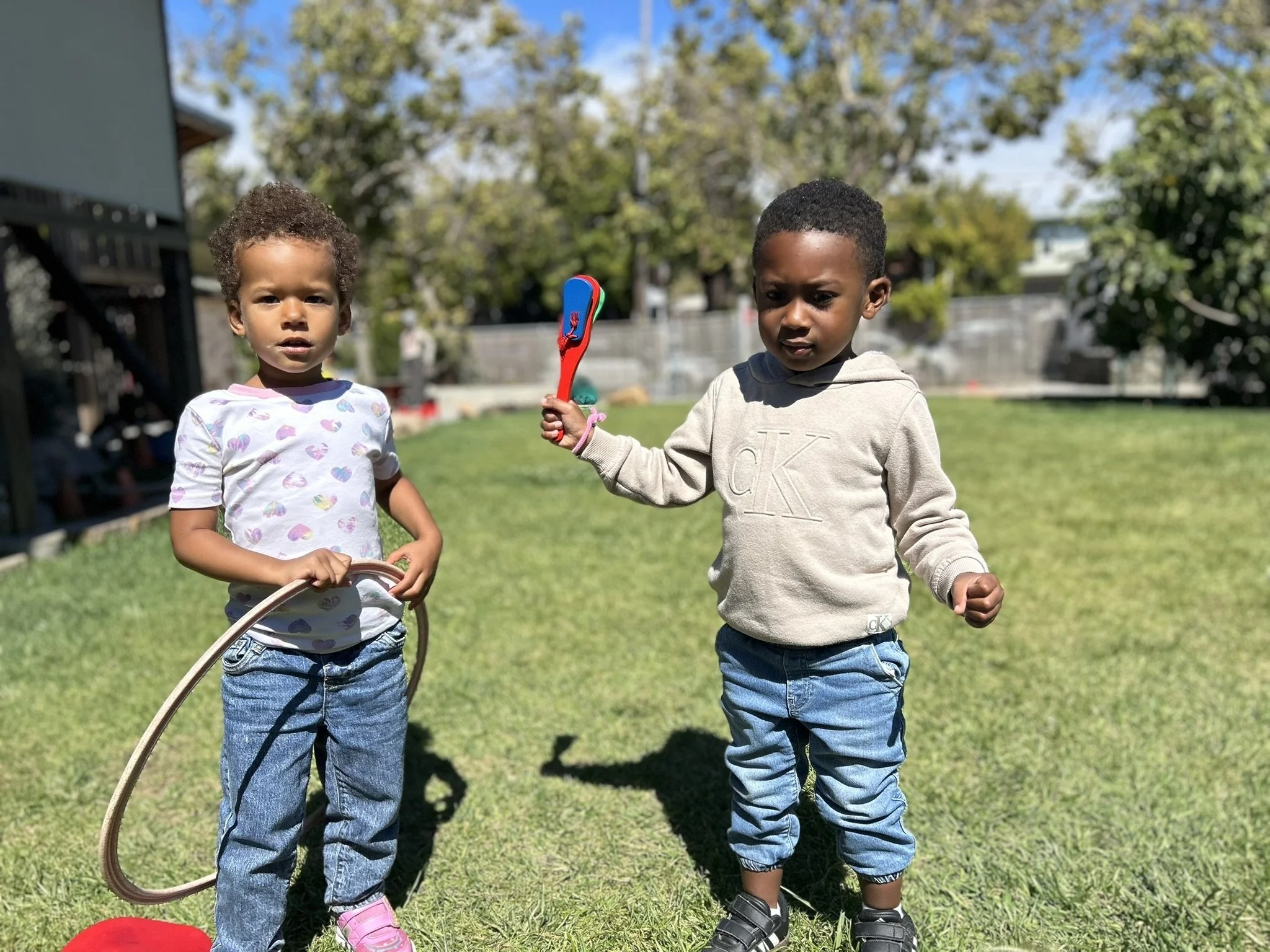

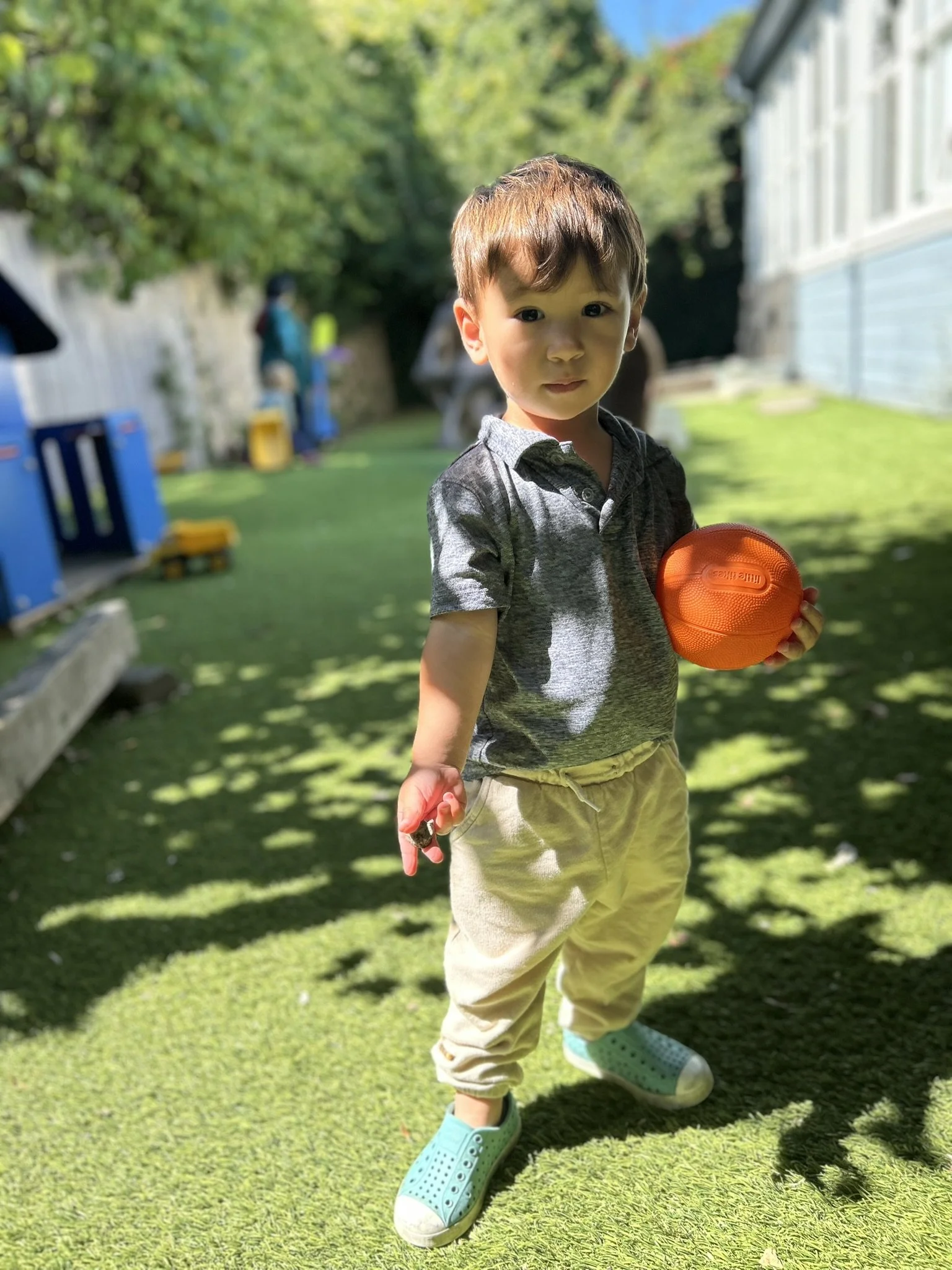

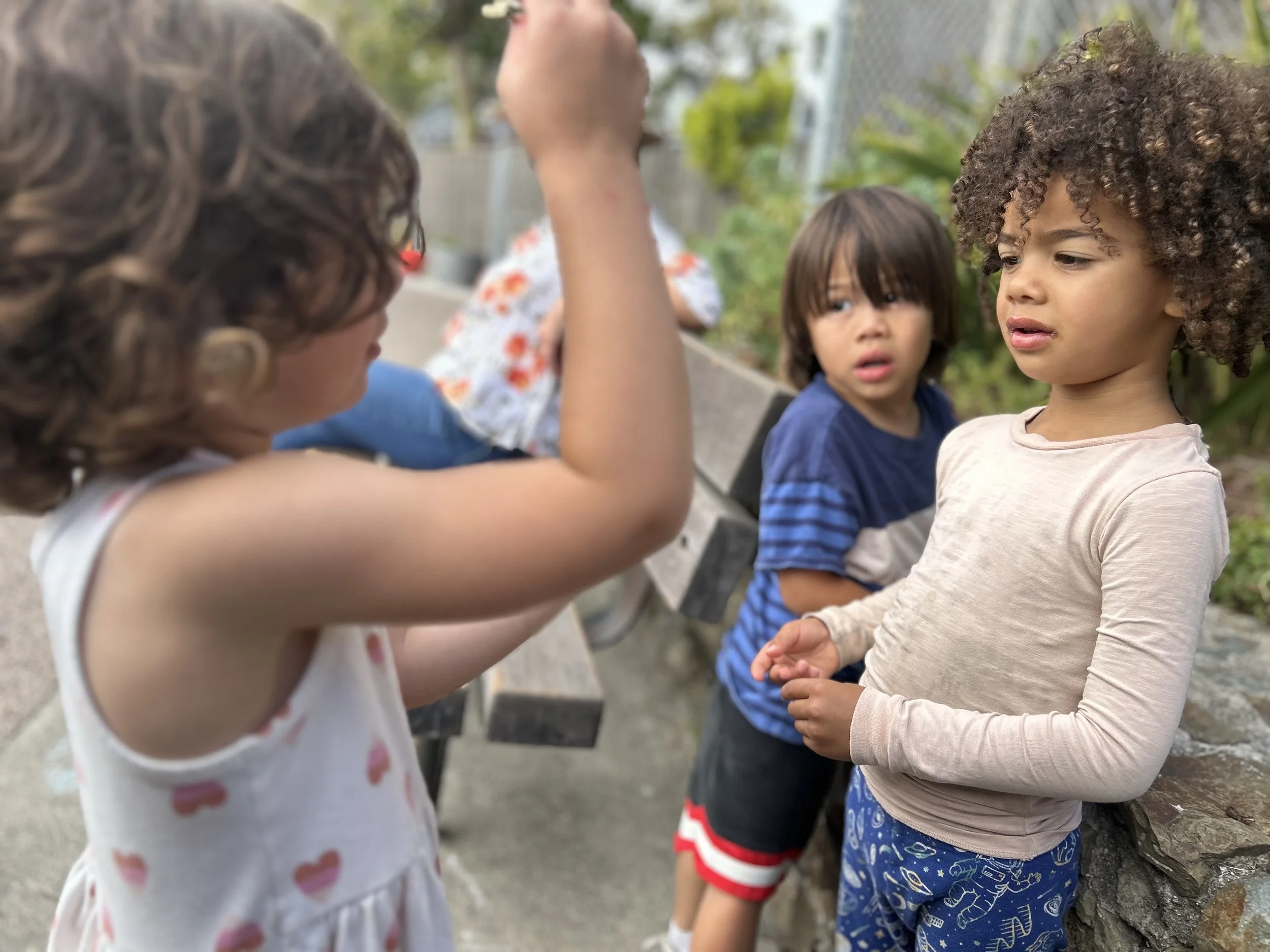
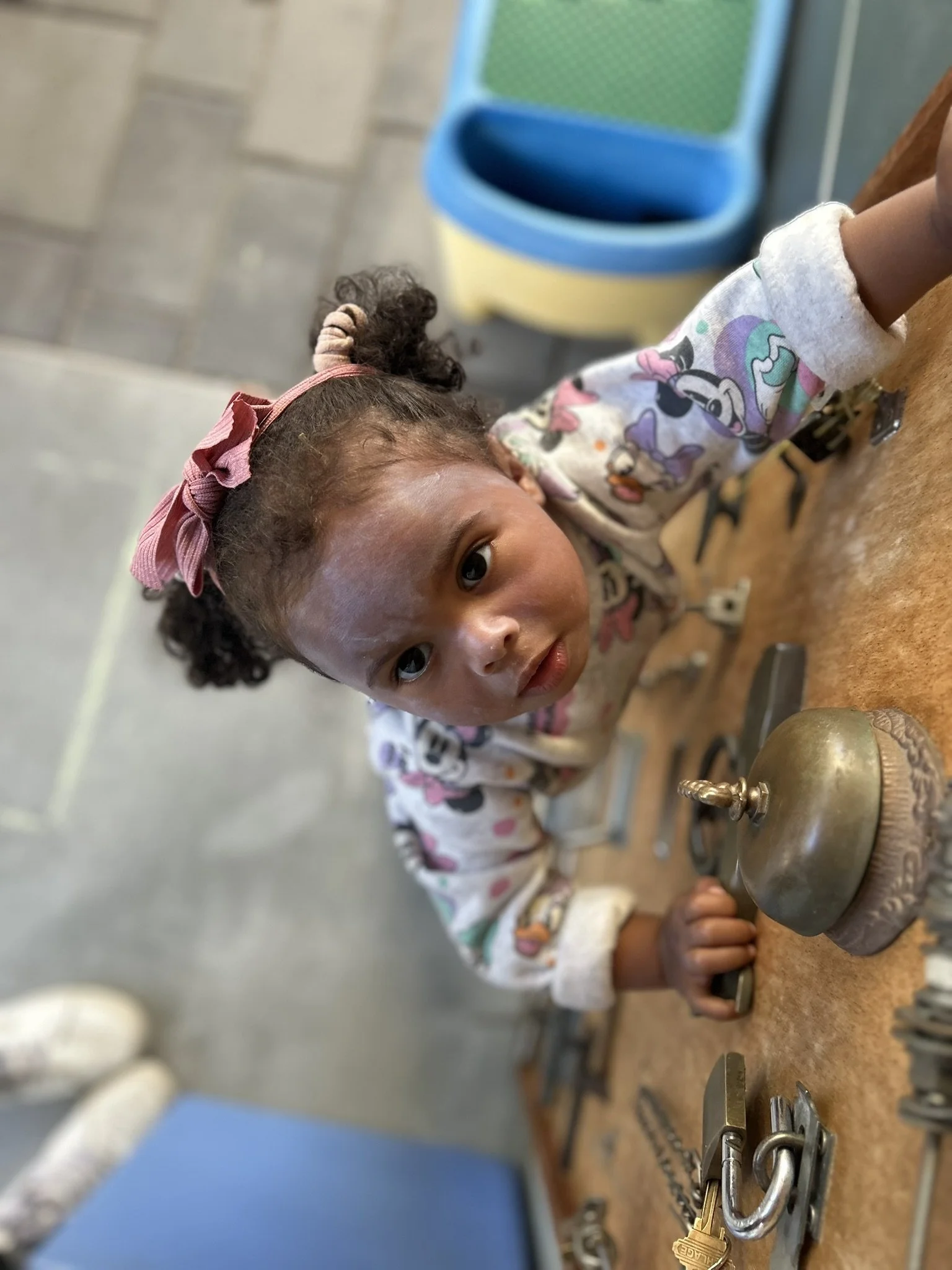
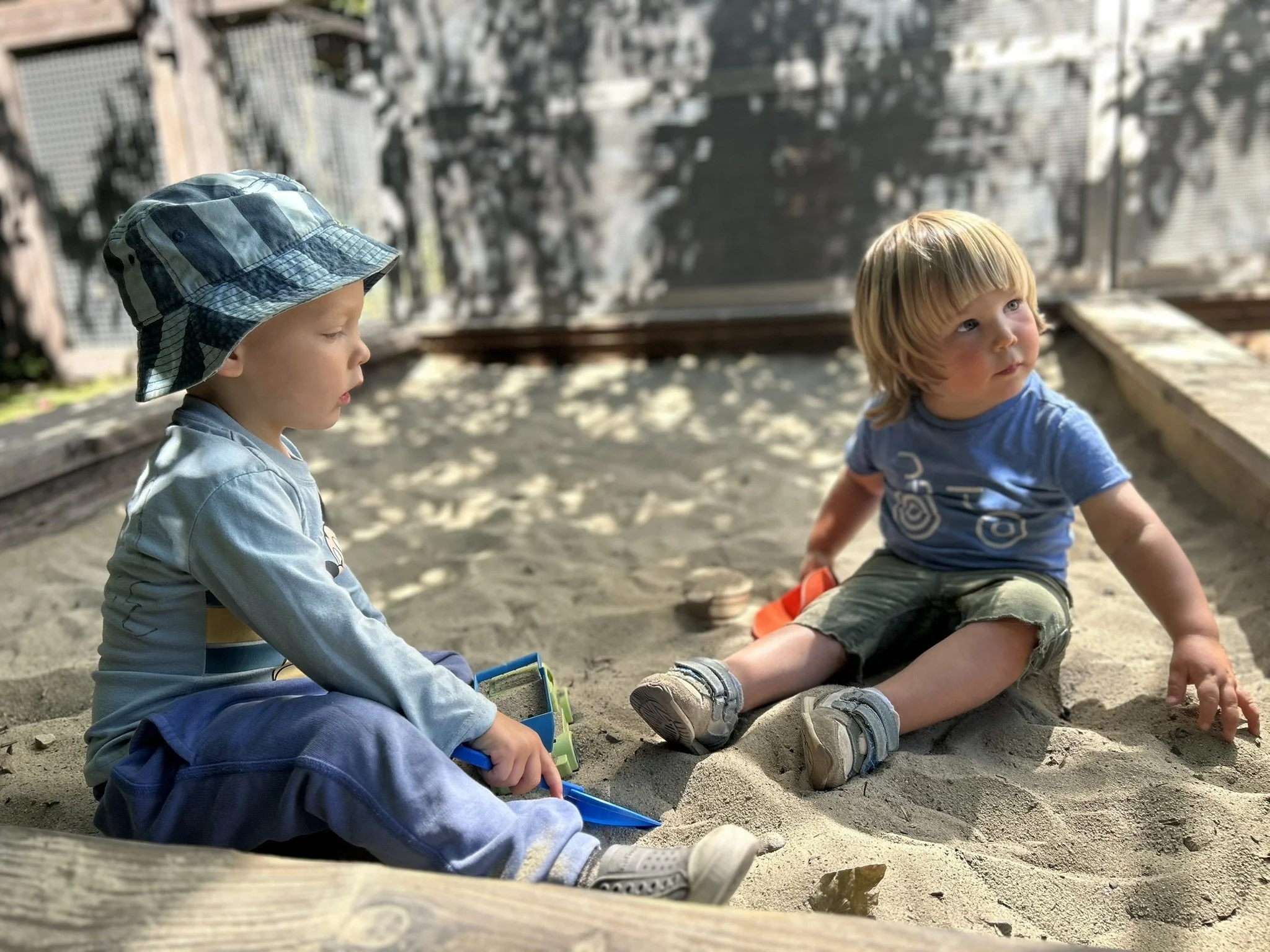




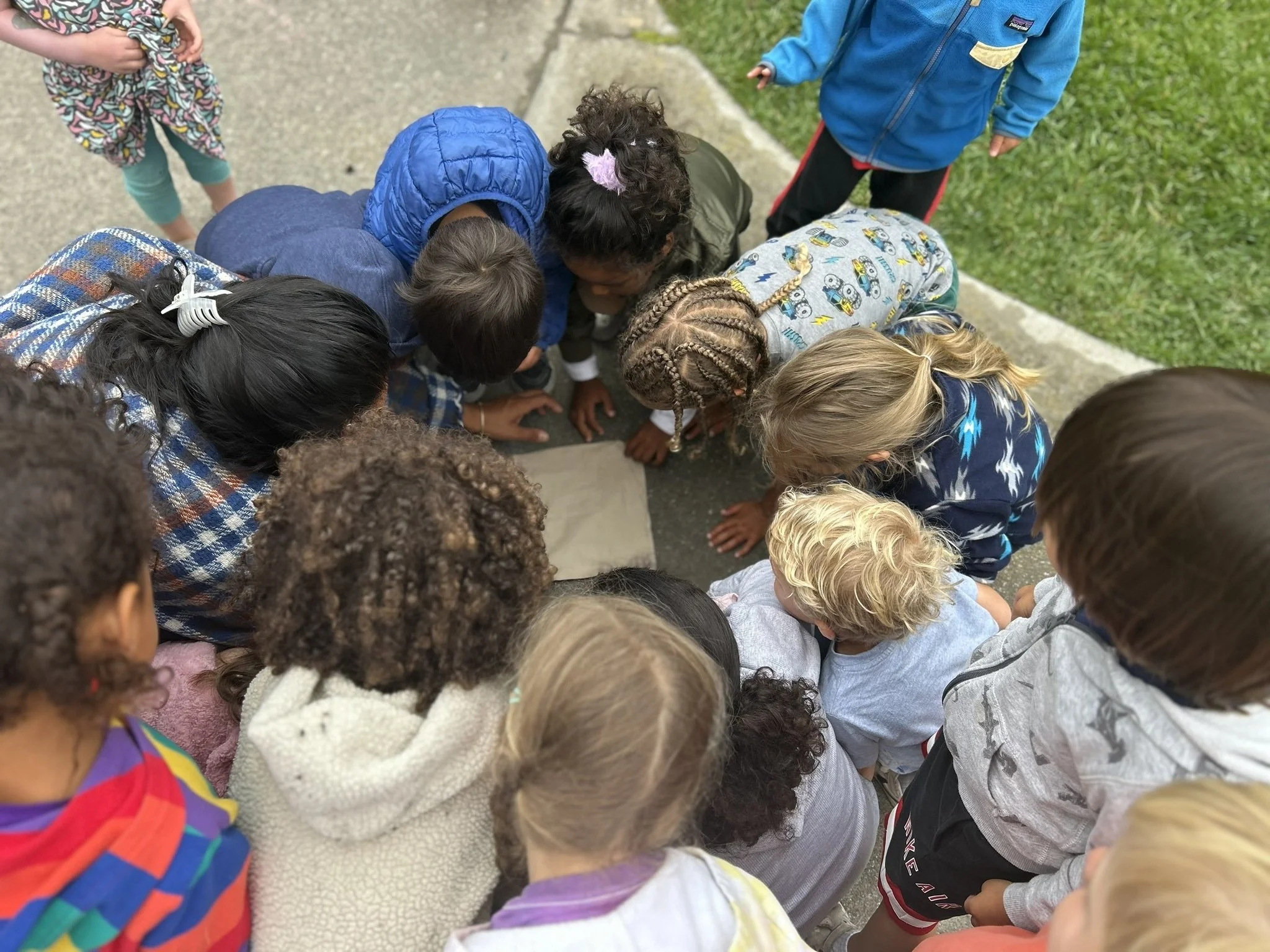

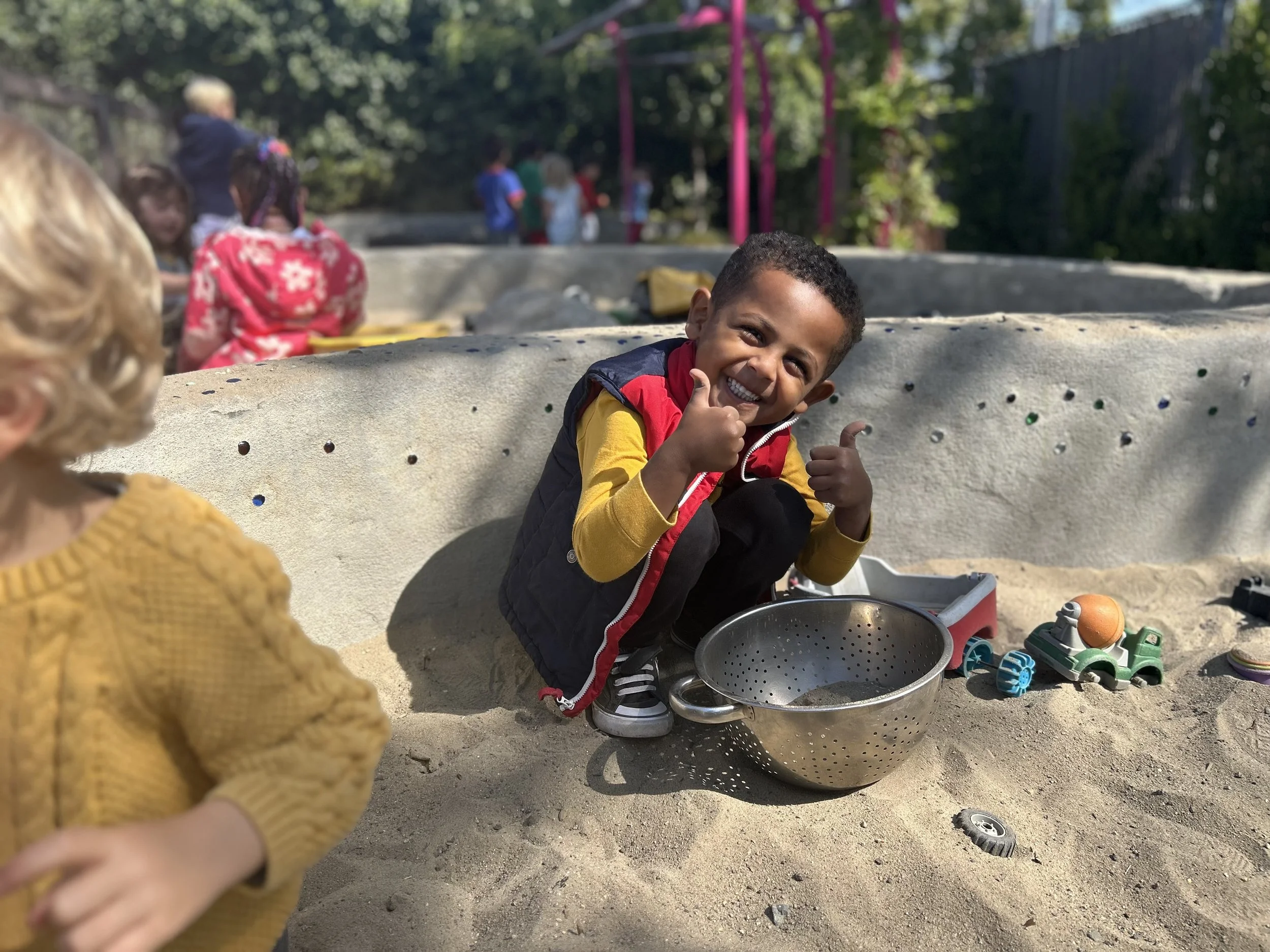



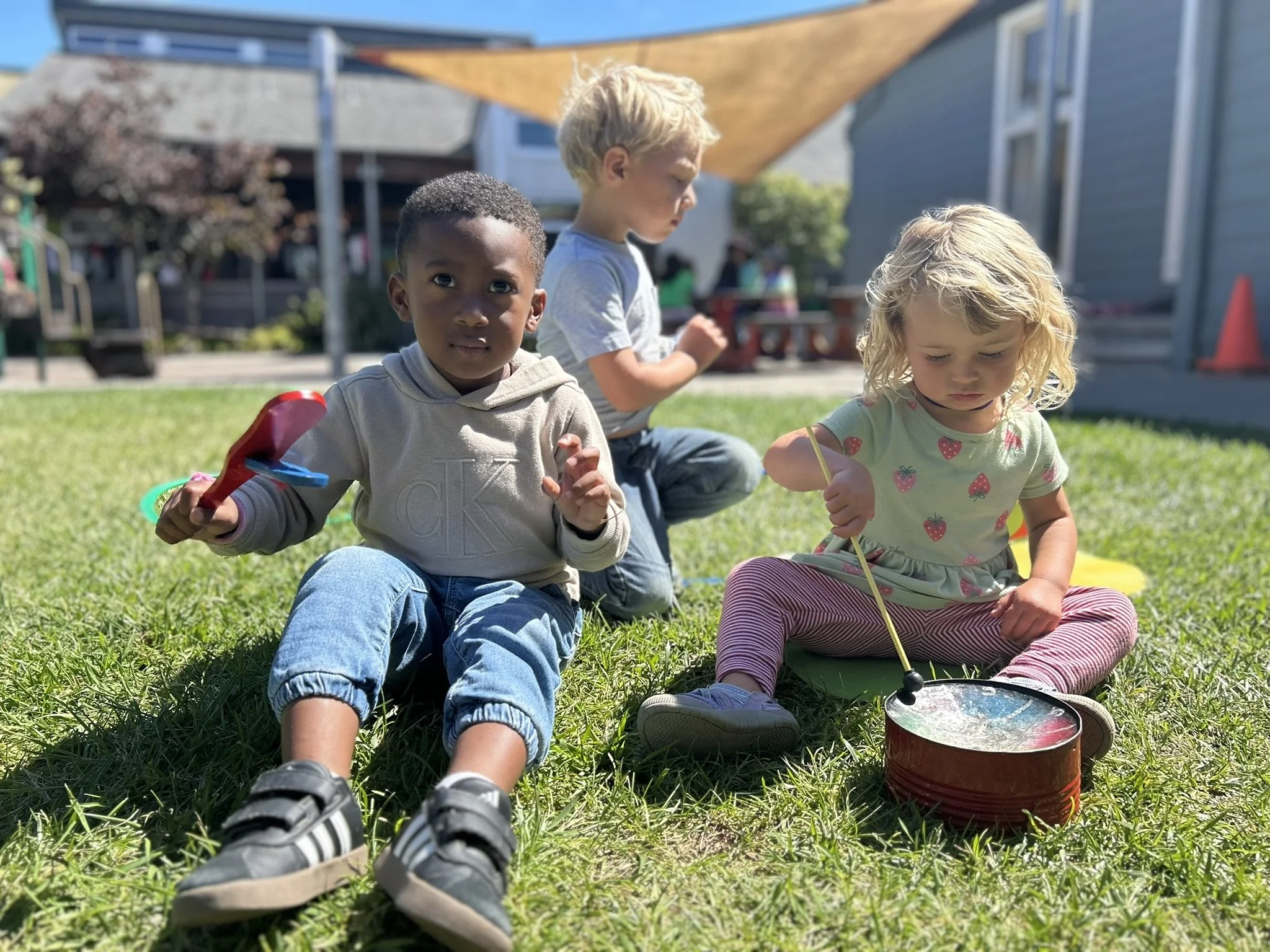
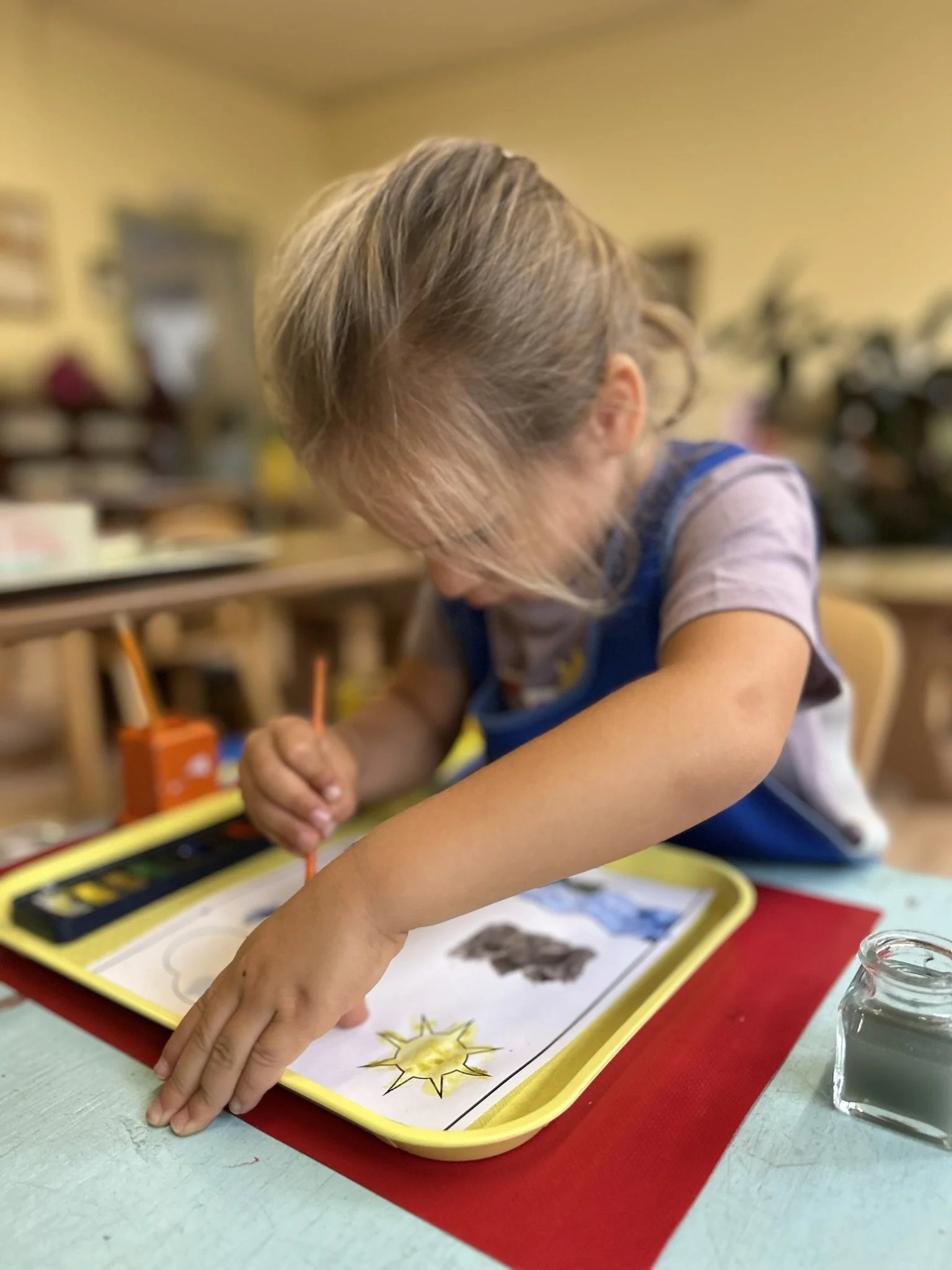



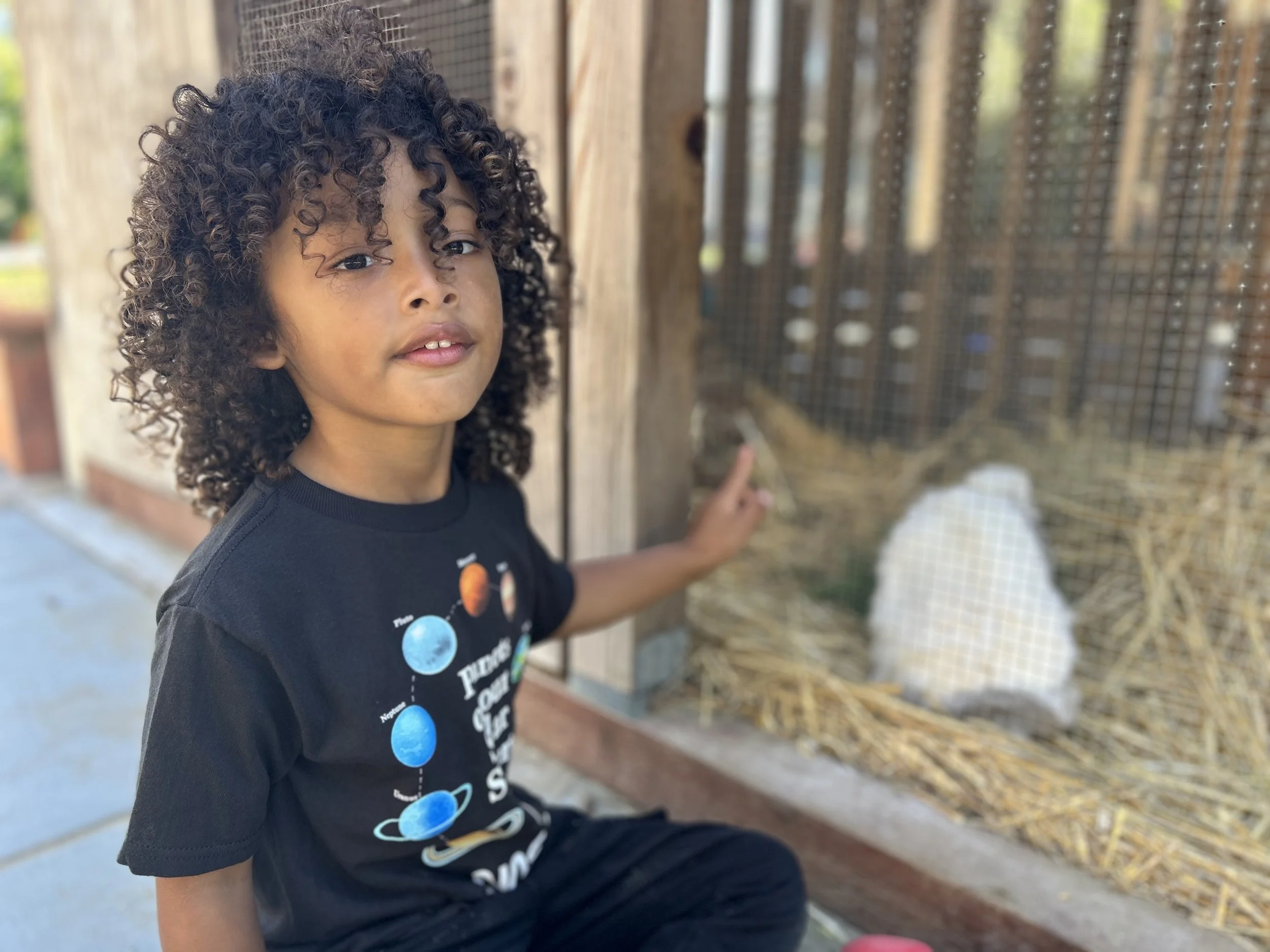

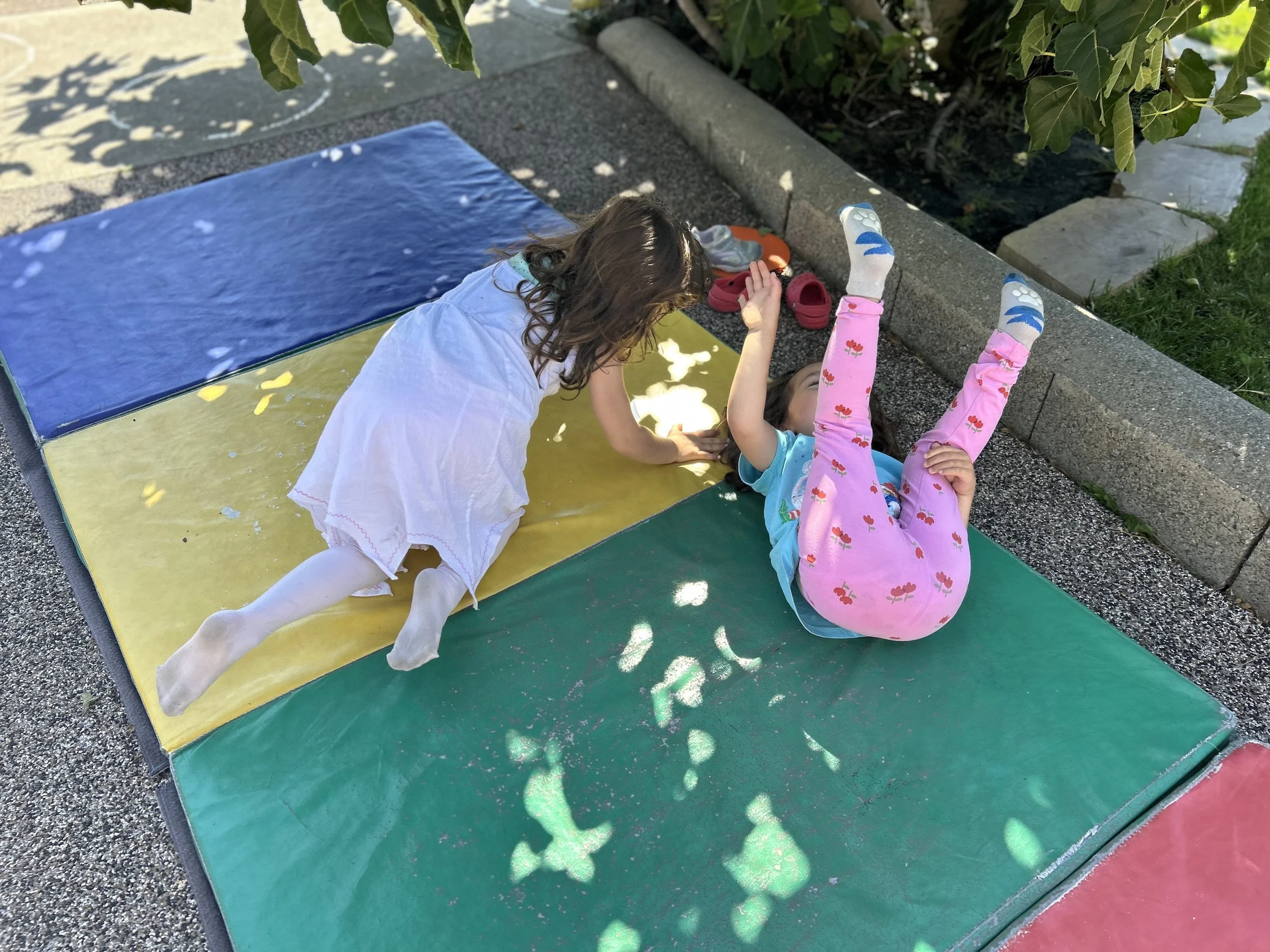
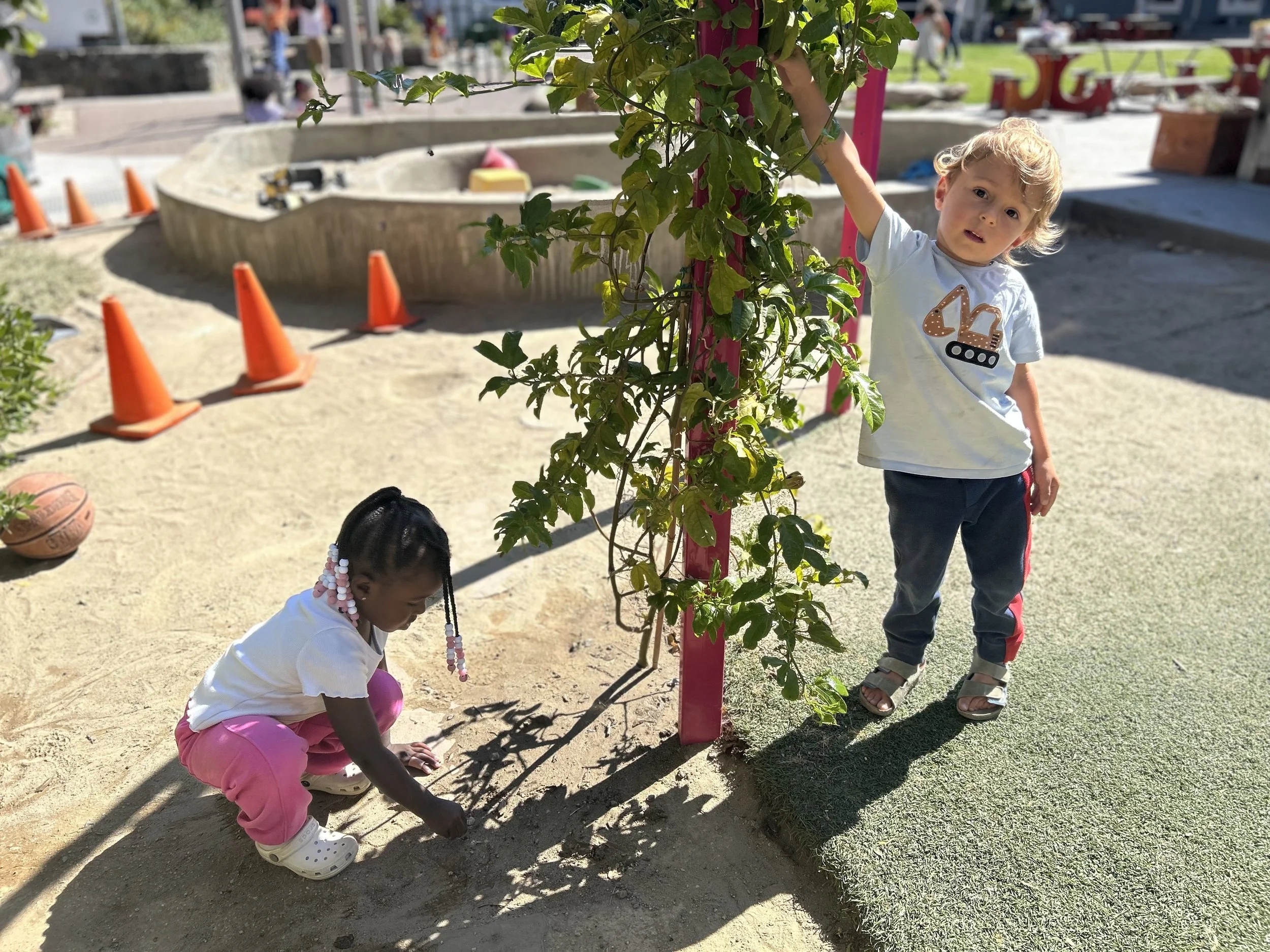
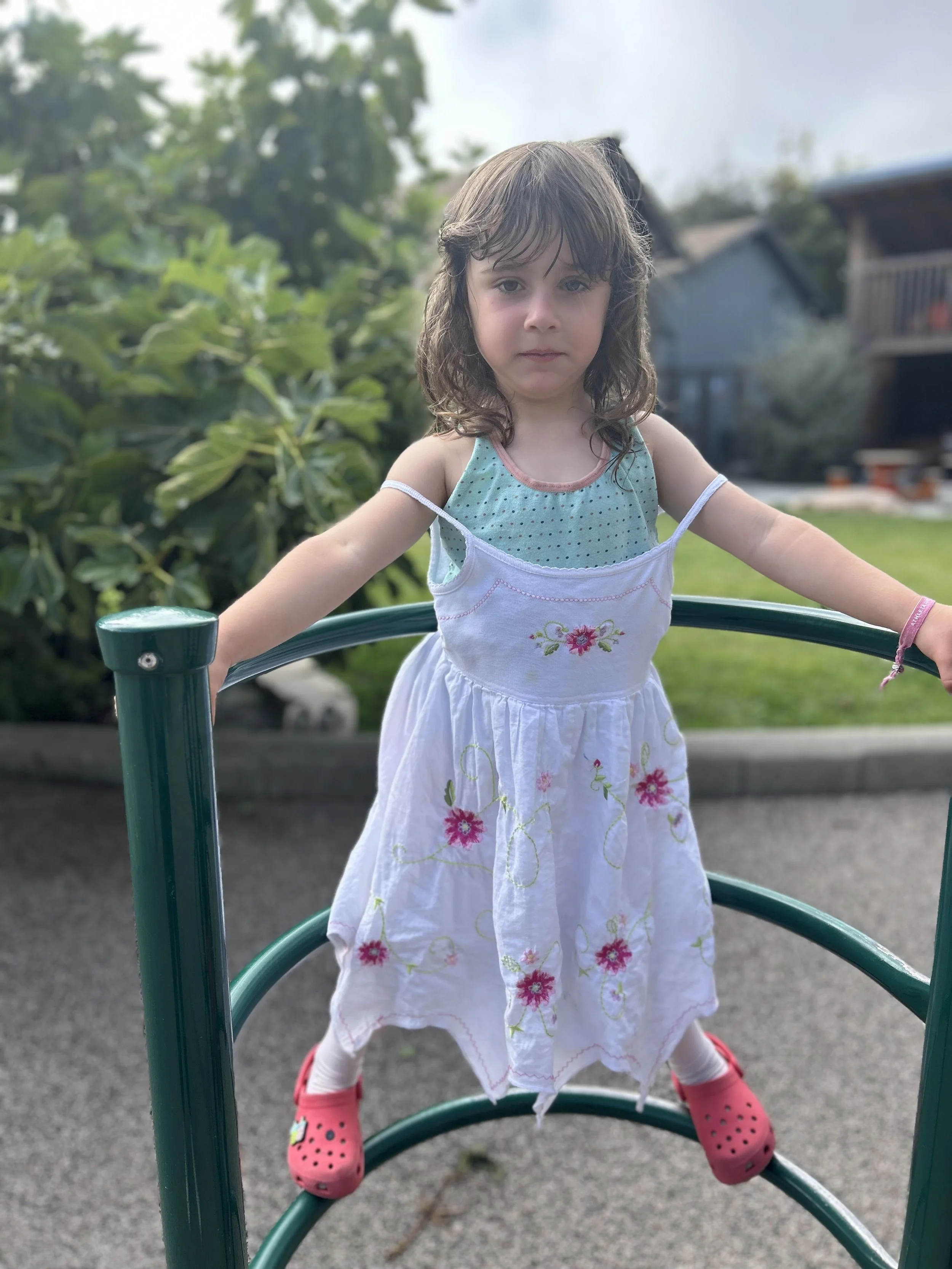
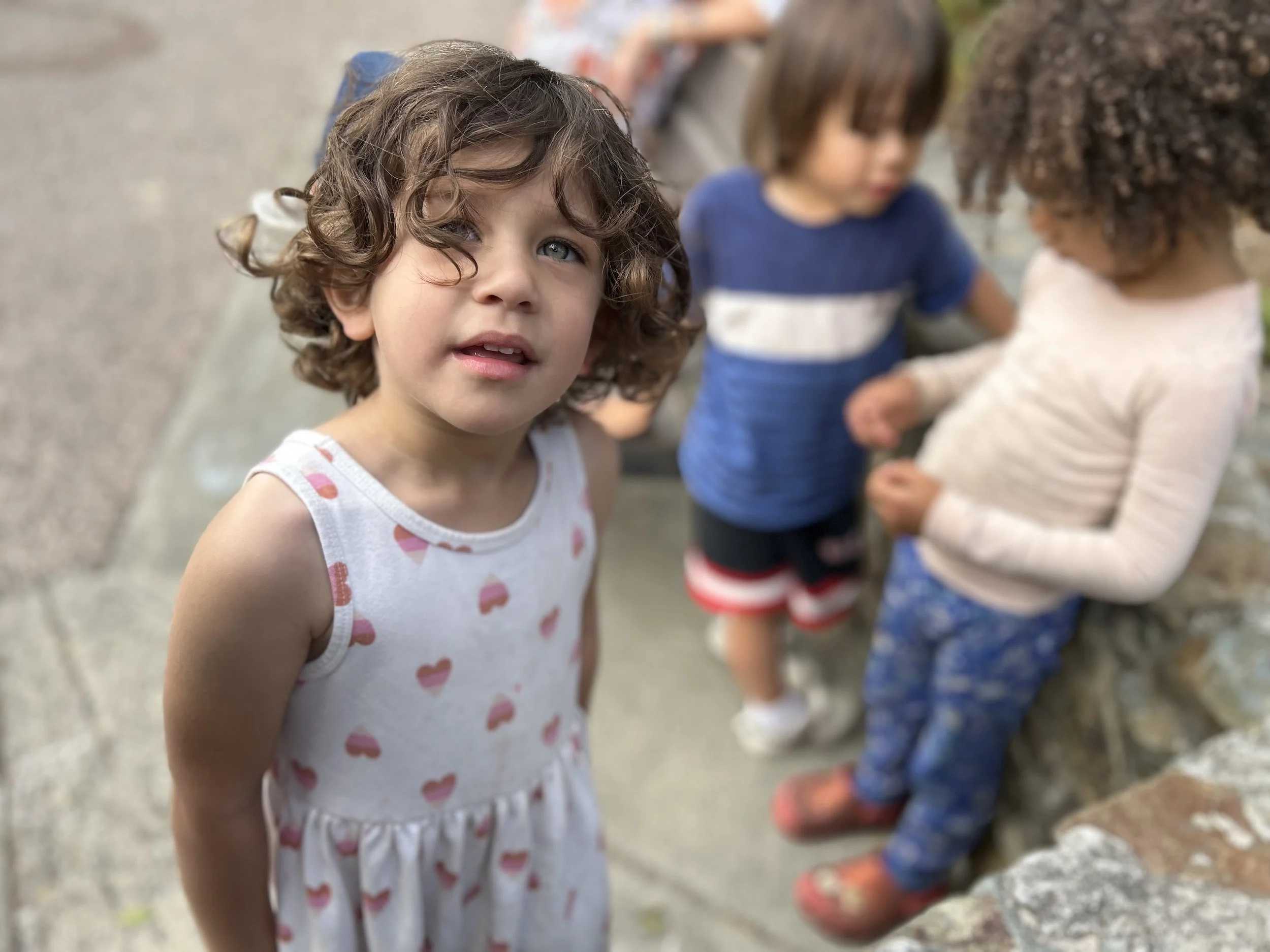
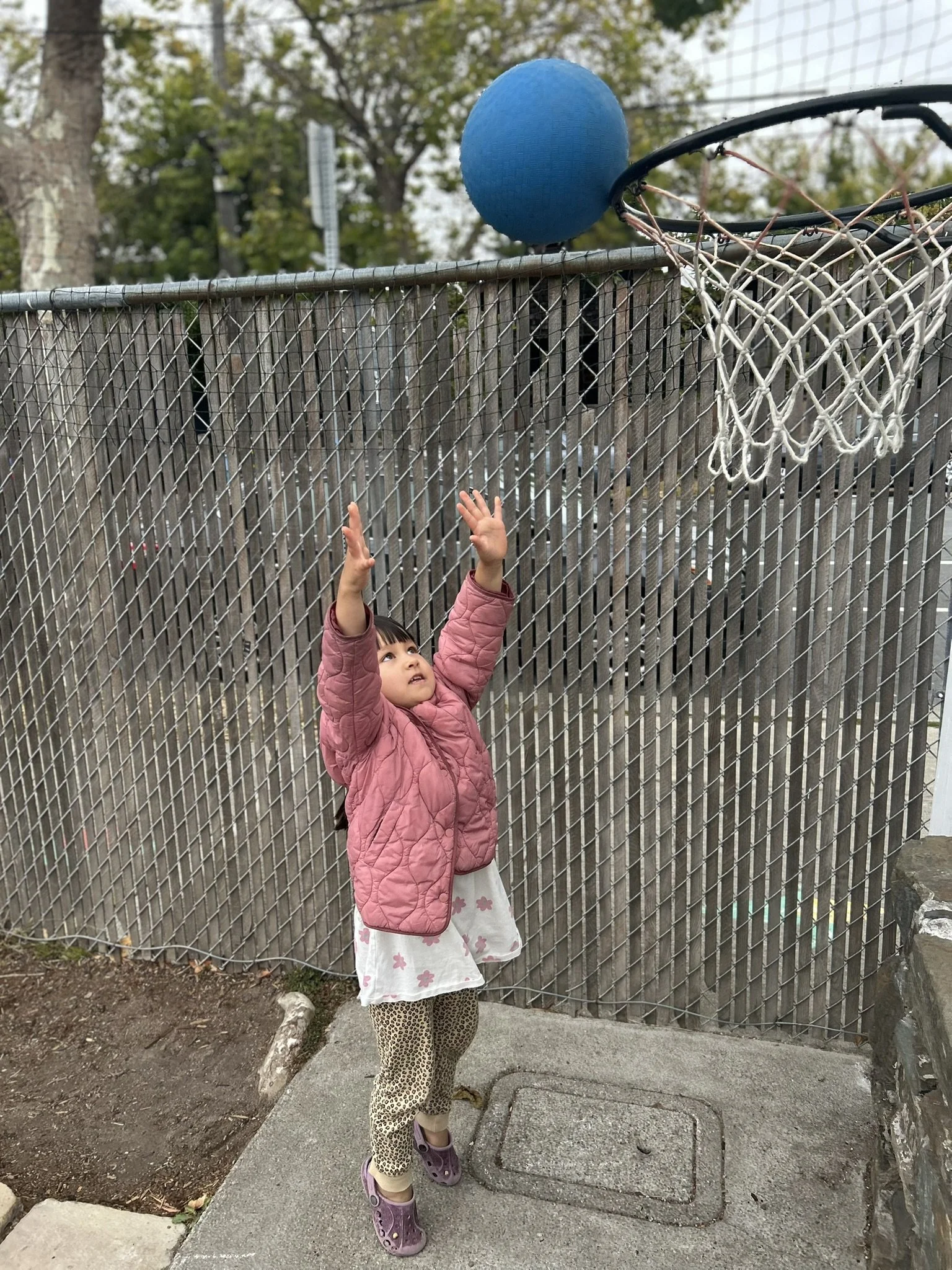



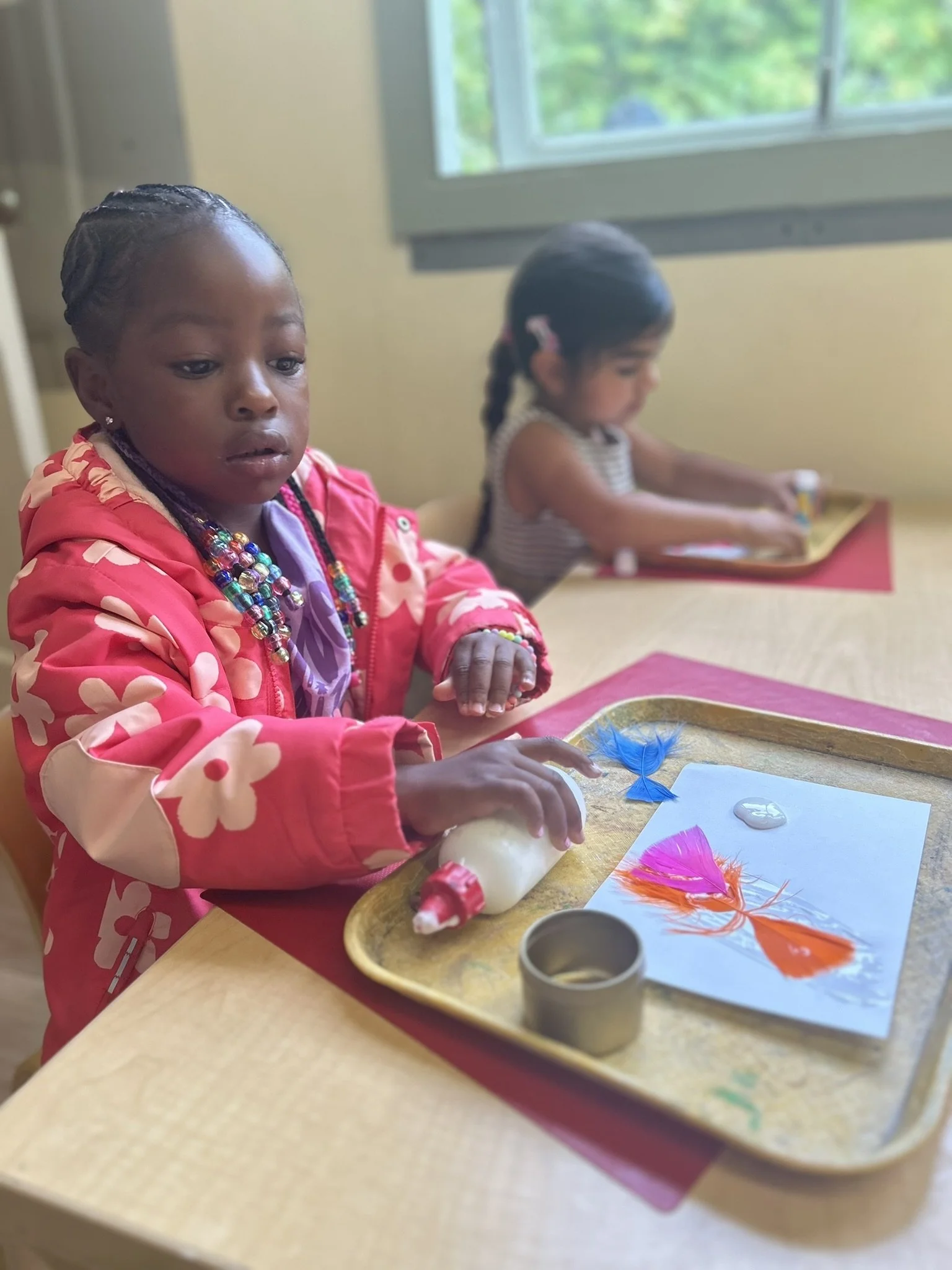
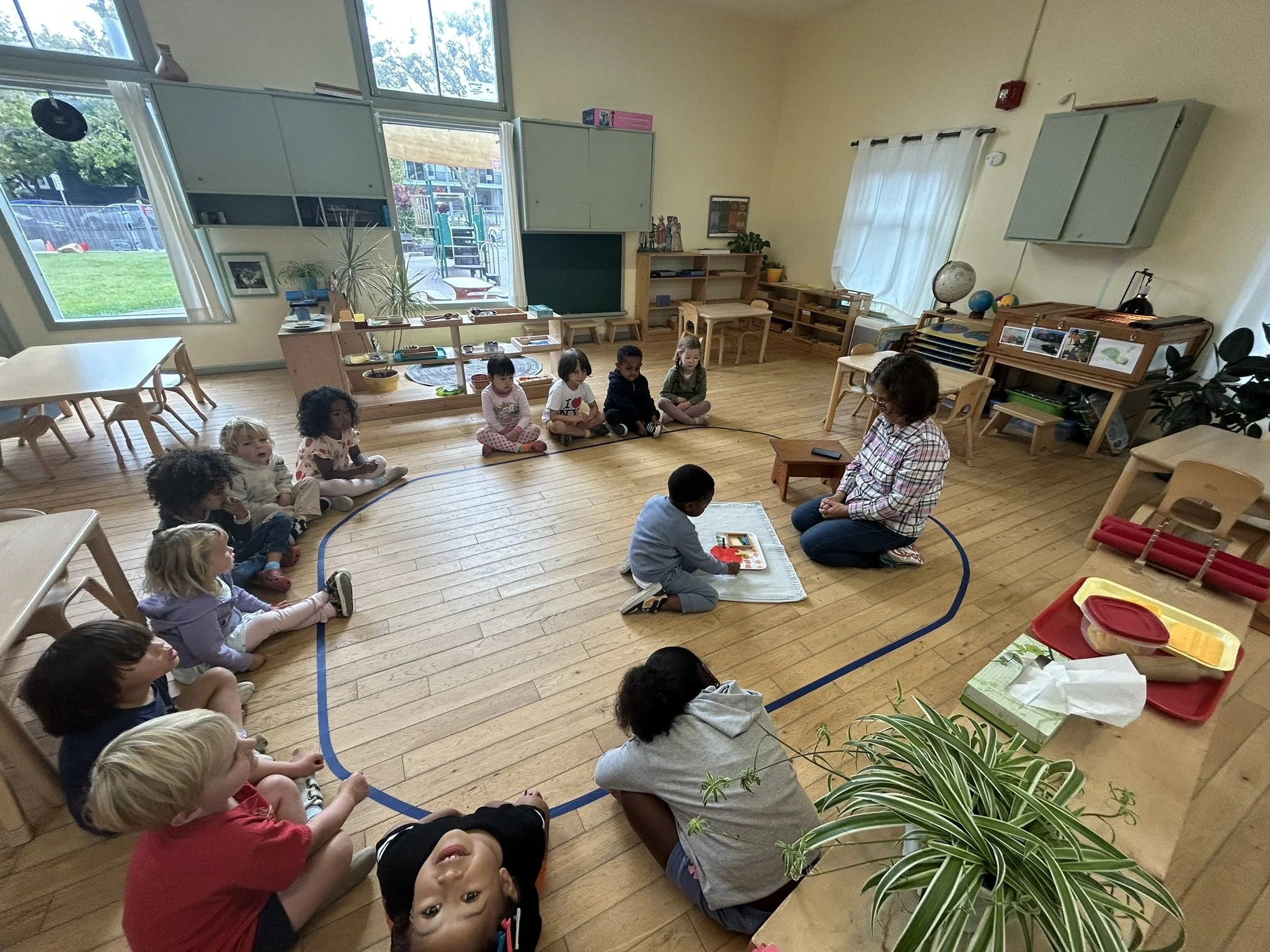
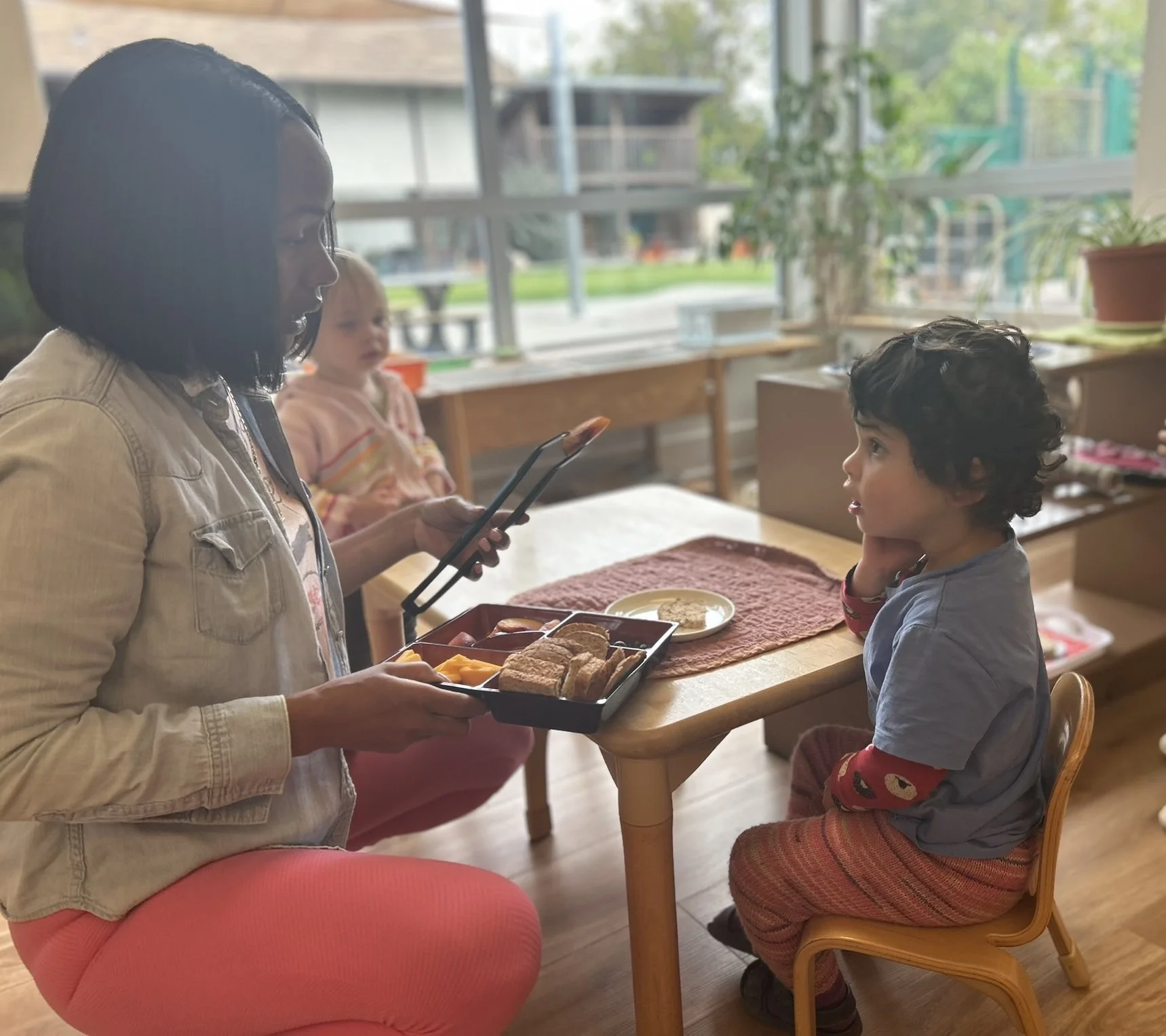
All People Belong
During these complex and harrowing times, we at Nia House continue to reflect on our role as educators nurturing our young leaders of peace and justice.
Currently, immigration and belonging are at the forefront of our minds. At Nia House, we understand that multiculturalism and acceptance of diversity alone are not enough. We view our school as an agent for opposing oppression and advancing the cause of liberation. In May, we celebrated the radical coalitional friendship of freedom fighters Malcom X and Yuri Kochiyama (who happen to share the same birthday of May 19!). We are committed to educating another generation of freedom fighters, capable of forging allyship, empowerment, and belonging to advocate for peace and justice.
Like all parts of our curriculum, we know that these topics need to be revisited and represented over and over again. There is no one lesson that can instill understanding of the very complex and deeply emotional work of advocating for equity and justice. All of us - children and adults - must keep learning and developing our social justice practices together.
In building a meaningful social justice curriculum, a few principles guide us:
SAFETY FIRST
It is crucial to remember that in early childhood, safety is every child’s right and a fundamental component of healthy development. Our work as caregivers and educators is to protect and nurture children’s sense of safety.
“Children rely on caregivers as their sense of security in the world. Caregivers’ willingness to have open and developmentally appropriate conversations with children can positively impact children’s ability to process and make sense of what is going on around them. Having these conversations also creates an understanding for them that it is okay to communicate these worries and fears to their parents.” Well Point Care Network
BUILDING BLOCKS
Start with foundational concepts, values, and key ideas and build from there. There is time to raise their awareness and develop narratives that are more complex while remaining age-appropriate over time. Don’t overwhelm your child with all the information. Answer specific questions without oversharing and telling the entire picture.
It is appropriate and within the grasp of young children to understand human needs for survival - food, shelter, clothing, safety, and community. We can explain that sometimes people don’t have access to elements that meet their human needs where they live, so they may travel or migrate to seek this security somewhere else. The complexity of this reality can expand over time. Simple narratives are best in the early years. Concepts and terms including asylum, refuge, refugee, and human rights can be added into conversation based on the developmental readiness of the child.
STORIES
Center stories of youth of color and immigrant youth, highlighting plurality and diversity in language, culture, and identity. Find stories that offer a moral that aim to mend the wounds of colonialism and stories that celebrate, validate, and empower the immigrant experience.
(these books have not necessarily been read by Nia House staff and may need to be edited for read alouds with your child)
It is imperative not to perpetuate historical amnesia in telling the “American story.” We are responsible for honoring indigenous people, offering children contemporary histories of North America’s first people, and providing accurate maps, precise names, and locations of Native communities as well as folklore, and current imagery of indigenous people and life stories (resources here). From this origin story, the experiences of all communities can be layered into the “American story” by sharing diverse American tales of resilience and empowerment.
SKILL BUILD
Center belonging first and foremost.
Name human similarities and differences and make connections across them. Build relationships with diverse people.
Provide accurate language and a lens to understand complex situations in simple, developmentally appropriate ways. See examples below for reference.
Develop a strong sense of personal identity, pride, and empowerment within.
Begin conversations about fairness. Your talk might sound like this:
“Historically, and even today, people are working as teachers and as freedom fighters so that all people - all of our friends, neighbors, and community members, and especially people of color (people with more melanin-shades of brown), are treated with love, kindness, and equity. There are people (who are still learning) that make unfair and unkind rules (policies). In our family and our community, we will always be teachers of peace. We will always work to keep one another safe and loved.”
Ask questions- “What would you do if…?” “How would you feel if…?” Remember, we don’t want to frighten children, but we do want for them to grow the capacity to imagine the experience of others, to grow their sympathy and problem solving skills. “What would you do if you knew that some children did not have books to read?”
Action- Make art or a sign to demonstrate solidarity and hang it in your home window. Write a letter to your mayor or representative on an issue of fairness.
Nia House’s 50 Acts of Kindness
Create a family routine of acknowledging acts of care and service, large and small, in the home and in the world.
Make it a practice to study freedom fighters from around the world. Help your child to make personal connections in the story.
DESCRIBING CURRENT EVENTS IN DEVELOPMENTALLY APPROPRIATE WAYS
Protest
Sometimes People March, by Tessa Allen. This book introduces the notion that sometimes people march to stand up for issues of justice.
Deportation
If your family is personally affected by deportation…
First 5 California - Immigrant Family Resources
La Raza Community Resources
San Francisco Immigrant Legal Defense Collaborative
If your family is not personally impacted by the threat of deportation, how can you talk to young children about the fact that some families are living in fear of being separated?
Rather than focus on the idea of separation and deportation, let’s focus on belonging and togetherness. You might say “Some people in charge are still learning about care and belonging, but we know how to take care of our friends and neighbors. Some people in charge want people to leave, to go far far away, and this makes us and others angry. We say strongly, ‘all people belong’.”
Celebrating Black History and Liberation
Picture from National Museum of African American History & Culture
“A child’s introductions to race and history must be grounded in pride, empowerment, and celebration first.
Celebrating and teaching stories of Black culture, leadership, inventions, beauty, and accomplishments allows children to first understand Black identity as special and strong, and better equips them to later hear about, understand and emotionally process the terrible truths of slavery. Juneteenth events can be wonderful opportunities to introduce the concepts of slavery with a focus on resilience and within an environment of love, trust, and joy.”
National Museum of African American History & Culture
Learn the history, teach the history, and join in present day efforts of Black empowerment.
Here are some places to begin or continue this journey:
Summer Farewells
Every person below is off on their next life adventure. We are so proud to know them and to have been a part of their formative early years. Look out world!
Bike Day 2025
Another amazing Bike Day!
YARD SALE 2025
Sometimes People March
The Nia House children marched in solidarity with the Day of Action for Higher Education. On our neighboring UC Berkeley campus, hundreds of students and professors marched for sustained funding for higher education.
To prepare, the teachers read Sometimes People March, by Tessa Allen. This book introduces the notion that sometimes people march to stand up for issues of justice. The children were asked what they would like to march for, to stand up for. Our future is in good hands. Here are their answers:
Do Not Litter
Peace
Kindness
Let the Trees and Animals Grow
More Good Things, More Protesting
Peace and Kindness and Sparkles
Stop Cutting Down Too Many Trees
Be Respectful
Care and Be Careful
Stop Overfishing the Fish
Let Animals Live
We Want a Nice President
Don’t Steal Land
Keep Our Water Clean
Be Kind to Other People
Protect New Species
No Poisonous Fertilizer so Animals Can Eat
Healthy Neighborhood -
Earth Needs Water
We Need Food to be Big and Strong
We Need a Clean Earth
Earth Needs to be Healthy
Water Needs to be Clean
We Need a Clean Earth So Animals Can Live
Keep Bodies Healthy
Be Safe and Protect Buildings
Eat Veggies -
Trees Need Oxygen
Stop Cutting Down Trees
Keep Buildings and Houses Strong
Eat Protein First
Keep Bodies Safe
Protect All Life
Greetings in Early Childhood
A reflection on adult-child greetings.
Dr. Maria Montessori introduced the concept of initial lessons of grace and courtesy for young children. In this lesson, children learn to properly introduce themselves: "hello my name is xyxyxyx, what's yours?" at which point the other person replies and the lesson continues, "nice to meet you," "nice to meet you too!" Some children forget at times and say, "who are you," at which point we just say, "hello, my name is zhzhzhzh, what's yours" which is usually enough of a reminder for them to continue a polite introduction.
In addition to thinking through our proper greetings with children (and one another!), it is important to remember that Nia House is a children's space. It really belongs to them. We adults (parents and teachers) are just part of the environment. If you draw a lot of attention to yourself in your arrivals and departures, the children become very drawn to you, rather than to their independent play, and their time becomes a little less constructive. Once they are distracted from their independent play, greater conflicts arise and children sometimes even compete for adult attention.
And.... we really want your children to see you (parents, caregivers and family members) greet the teachers properly and the teachers to greet you properly upon arrival. The teachers count on those sweet moments of contact with. you. Please reflect on a balance of proper greetings while helping the children (and teachers) remain focused on their work.
Additionally, as a community, let's reflect on physical boundaries as well. It is not physically appropriate to hug children you don't know, nor is it appropriate to pat heads. You are encouraged to give warm waves or fist bumps and high fives/ shake hands with children, if they are interested in connecting.
This is a follow-up to our last parent meeting on the topic of safety. We certainly don't want young children hugging complete strangers or being physically affectionate with people who are not trusted adults, so let's set the tone for appropriate greetings now!
TRANSITIONS & POWER
Thank you everyone for showing up to discuss, for better or worse, ways children seek power and healthy ways to empower them through life transitions.
Here are the slides from the meeting.
Important takeaways…
There are MANY transitions between birth and six years of age. Some adults feel quite alone in supporting children’s searches for power during transitions, while others find ease in the community resources (teachers, other parents and more) as they support their children’s shifting patterns. Some children arrive on this planet more adaptable and flexible, due to their temperament, while others are particularly challenged by their transitions.
Transitions at Nia House include starting Nia House, the move to Primary and becoming an elder in the community. Life holds big and smaller transitions, moving homes, a new sibling, death, divorce or getting a new pet, going to the grocery store, and preparing for bed.
Children (and all humans) seek and need power. Children seek power to ground themselves and to self soothe. Power in all of its forms can give a human agency. Children will especially seek power through transitions.
Common areas where children can realize power in empowering and frustrating ways are through eating, mealtime, sleep, toileting, and in resistance. These areas are each linked to body autonomy- children inherently have power here.
Our role at Nia House is to normalize transitions and power-seeking behaviors and to help create community consensus of understanding and compassion around power seeking behaviors tied to transitions both small and large. We hope to offer developmentally appropriate and safe boundaries for children during transitions and to hold children reasonably accountable during the process.
Parent roles in transitions/power seeking times:
Maintain predictable routines.
Offer language of positive discipline. Jane Nelsen’s Positive Discipline article- 18 Ways to Avoid Power Struggles.
Make positive observations. Remember- "where energy flows, resistance grows" what you give negative attention to will grow power for your child.
Parent resilience (children’s transitions are short-lived and they move on quickly- you should too!).
Give appropriate choices when possible.
Nicole- 20 Years at Nia House
I have been lucky to know Nicole since before Nia House. I mean, long before. We met in the nineties at Henry J. Kaiser, Jr. Elementary School in Oakland, when the scrunchies were large, the pants were low, and we were all wearing out cassette tapes of Boyz II Men's Cooleyhighharmony in a knock-off Walkmen. Nicole and I were both seriously studious, seriously silly kids whose force-of-nature moms were divorcing dads named Michael. We were fast friends and our families have been family ever since.
Even in elementary school, Nicole was something extraordinary. When we graduated, our class got to vote on the "salutatorian." As I remember it, this honor was not explained to us in the usual way -- as some kind of runner-up to the academic Valedictorian (for which Nicole was definitely in the running) -- but rather as the best, most good, kind and admirable human being. On this one thing, our class of crazy tweens was unanimous: there was only Nicole.
When she started teaching at Nia House, Nicole would regale our families at Christmas with stories of the kids' antics, cracking us up with the tractor-beam eye-movements she used to recall the littles to their best selves. Little did Tom and I know that before long two of those ingenious little Nia House critters would be our own.
Witnessing her adult power as an educator, and also as an artist, I think it comes down to this. Nicole is a supernatural phenomenon: she is in this world, but not of it. This situation is literal: she has one foot in the world that ought to be, and her calling as a teacher and as an artist is what links our broken reality to the just and gorgeous one that humans and other earthly beings can and must create together, in the company of their ancestors. In working with our children, Nicole is raising up citizens of that other world. And she is imparting daily lessons for their frazzled parents in the sustenance of beloved community in the meantime. She still has my vote for best human being, and I have no higher praise than to say that my heart is easy when my children are in her hands. If only all children could receive such apprenticeship; what a world would we have then.
Lion Dance and Pho : Lunar New Year Festivities
Lion Dancers from Hung Sing Martial Arts performed for the Nia House children. Some children opted to watch from inside and others bravely fed the dragon good luck year of snake paper. The loud sounds of the drum and cymbals contributed to a festive vibe!
Phở. a Vietnamese soup, dish was served by Nia House parents and delightfully slurped up by the Primary children.
HAPPY LUNAR NEW YEAR to all!
Korean: "새해 복 많이 받으세요" Saehae bok mani badeuseyo
Vietnamese: "Chúc mừng năm mới" Chúc mừng năm mới
Cantonese: "恭喜發財" Gung Hei Fat Choi
Festival of Lights 2025
Thank you, Paul (Enso and Aleph’s parent), and Ella for capturing these beautiful images of Nia House’s 2025 Festival of Lights Celebration.
Mealtime
On Saturday, Nia House’s staff joined forces with Angelica Sanchez Garcia, RDN, City of Berkeley nutritionist for WIC to present on healthy eating and mealtime success.
Angelica’s presentation offered inspiration and insight into the downfalls of sugar, where it sneaks into children’s diet, the harm, and what we can do about it. Check out her slideshow here. Thank you, Angelica!
Nia House staff presented on the expectations and keys to a successful and meaningful mealtime at Nia House. Mealtime is an opportunity to connect to food, culture, values and to people in friendship and as family. At Nia House, mealtime is beautiful time. See for yourself in the videos below.
Tenets of Mealtime:
Practice- Every time a child sets a table or eats, it is them practicing SO MANY skills- recall, motor skills- fork, spoon, holding a cup, sipping without spilling, getting the food to the mouth, naming foods, learning likes and dislikes, opening and closing containers, and more.
Participation- Children are engaged members at meal-time. Ask questions, talk about the food, ask for their help, discuss likes and dislikes, etc. This is a time for relationship building, language development, grace and courtesy, and more.
Responsibility- Lunch time, especially in the Primary years, would not be possible without the responsibility of the children. How can your children help at home? They want to!
Repetition - Children learn through repetition, meal time will arrive at a place of ritual, specialness, and even a sacred time only with repeated experience.
Ritual- Thoughtfulness around eating presents an opportunity to create meaning around your family mealtime.
Primary Mealtime:
Toddler Mealtime Ritual:
LUNCH IDEAS
edamame + tofu
avocado + grilled cheese
yogurt + strawberries
ravioli + zucchini
hummus & cheese sandwich + sliced fruit
pesto pasta
broccoli, yams + salmon
sliced carrots
rice + beans + quesadilla
Honoring Elders
Nia House hosted a Family Tea honoring and exploring the theme of “Elders.”
The evening included a fabulous storyteller, Diane Ferlatte, a Nia House grandparent juggler, along with art and reflections on the elders in children’s life. Click here to see the art the children made.
Anniversary Soirée @ Donkey & Goat
Nia House makes 50 look amazing!
Enjoy pictures from the evening…
Below is a slideshow with a sample of pictures spanning the past 50 years. This slideshow played during the 50th Party.
An excerpt of Eve’s Party Welcome-
Happy Birthday, Nia House.
Welcome to all- and a huge round of applause for you- we’re here to celebrate your huge impacts on Nia House’s rich past and share your birthday blessings with one another for our future.
You represent the heart of Nia House. At the family friendly birthday bash in August, we formally acknowledged NH’s 50 years with a very traditional Montessori birthday party for this school. Tia Waller-Pryde, NH’s founder, along with children and teachers held the earth and walked around the sun. As some of you may recall, the skies opened and it didn’t rain, but POURED for the first hour of the event. Our pancake makers and coffee pourers and everyone there was drenched, and then, as fast as the rain appeared, it cleared and we had the most amazing walk around the sun, traditional Montessori birthday celebration style. The resilience of this community shone through with the sun and a piece of cake.
Between the start of the 50th year of NH and now, I’m filled with incredible amounts of gratitude to Nia House and the people who once visioned this school, built the structure of the organization, found funding, led fearlessly… and even more gratitude for the countless families who have shared their children and their family’s earliest years with all of the Nia House staff. Trusting us, the teachers and staff, to help prepare your children for life is an enormous act for so many of you- the Nia House families and friends.
We staff take that role very seriously. Dr. Maria Montessori wrote that the EDUCATION OF EVEN A VERY SMALL CHILD DOES NOT AIM AT PREPARING HIM FOR SCHOOL, BUT FOR LIFE. Observing the unbelievable potential of each child during their early development is one the greatest honors. You adult and young adult alumni here tonight are the perfect examples of the hope that is cultivated at Nia House. Thank you, alumni for sharing yourselves and your development with all of us!
Nia House is unique. There are more and more early childhood education programs available, thankfully, but few to none who share the curriculum developed by the esteemed Dr. Maria Montessori, and who share the wisdom of the pedagogy with the intended audience of young learners- all children from very diverse backgrounds. What other early learning program aims to subsidize $700,000 of tuition per year? What other program aims to support its staff with highly competitive pay and ongoing support of continuing education? What other program has formalized structure directing financial aid to prioritize BIPOC families? And what other program puts their children’s needs first and foremost? With you- with your continuing encouragement, birthday party joy, love and financial support, Nia House does. You do!
Birthdays bring about so much emotion, and incredible cause for celebration. What a joy to share the core beliefs of Dr. Maria Montessori’s pedagogy with all of you. You, the heart of Nia House. What does this moment bring to you? For me, I’m honestly overwhelmed with love, nostalgia and hope, seeing all of you alumni, families, staff and current families. You represent the richest history and the brightest future I can imagine. Let’s take a moment to hear from you- on the count of 3, shout your wish for Nia House’s future! With so many of you sharing in this moment and directing all of your good-will toward our youngest learners, they and we as a society are destined for greatness. We need and I personally need that hope.
So with trust in our youngest and newest generation, with trust in our incredible teaching team, and with trust in our community of caregivers, parents, friends and family members, we leave the future of NH to YOU. May your wishes for Nia House become our collective reality.
To throw a party and to find the space to cultivate this incredible joy and community love, takes a bit of organization. A HUGE round of applause is in order to our school’s master party planner, social media genius, and communications/ videographer extraordinaire: Stacey Wood. Peter Jackson helped create the overarching strategy and messaging around our 50th anniversary year, along with timeline, and the logistics. Reena Karia designed the logo of our 50th anniversary along with the many beautiful images that have accompanied the logo and the mailings you’ve received. Donkey and Goat has so generously hosted us tonight, and current parent Rob Lilly has catered this event for us. Oakland United Beerworks sponsored the Nia House’s 50th Anniversary beer. And SO MANY more of you have participated in countless ways. We are so grateful for one another, for you.
Very most importantly, Nia House is a community, and you are certainly an integral part, but our Nia House teachers past and present are the folks who show up every single day to support the mission of the organization, offering that very specific education of peace and justice, modeling grace courtesy and community leadership. The respect with which our teachers observe and support our Nia House children is heartfelt, healing and genuine. Nia House teachers, we honor, respect and cherish you- and we have a special gift for all of you. Come on up for your Reena-designed Nia House bandana! And a big round of applause for Nia House past and present staff.
As a reminder please visit Fundraising station to help us meet our goal tonight of $25,000. We are well on our way, and we look to all of you to help us meet this mark for tonight which will lead us to our annual goal of subsidizing $700,000 of financial aid this current year.
I now introduce Tia Waller-Pryde, NH’s founder who will share her remarks on NH’s history and her wishes for Nia House’s future. She’ll be followed by long-time school director, Lee Wagner.
50th Birthday Bash
It POURED rain and we thought there is no way anyone is coming- then you all flooded in!
Thank you, community, for honoring Nia House and 50 years of peace through education.


